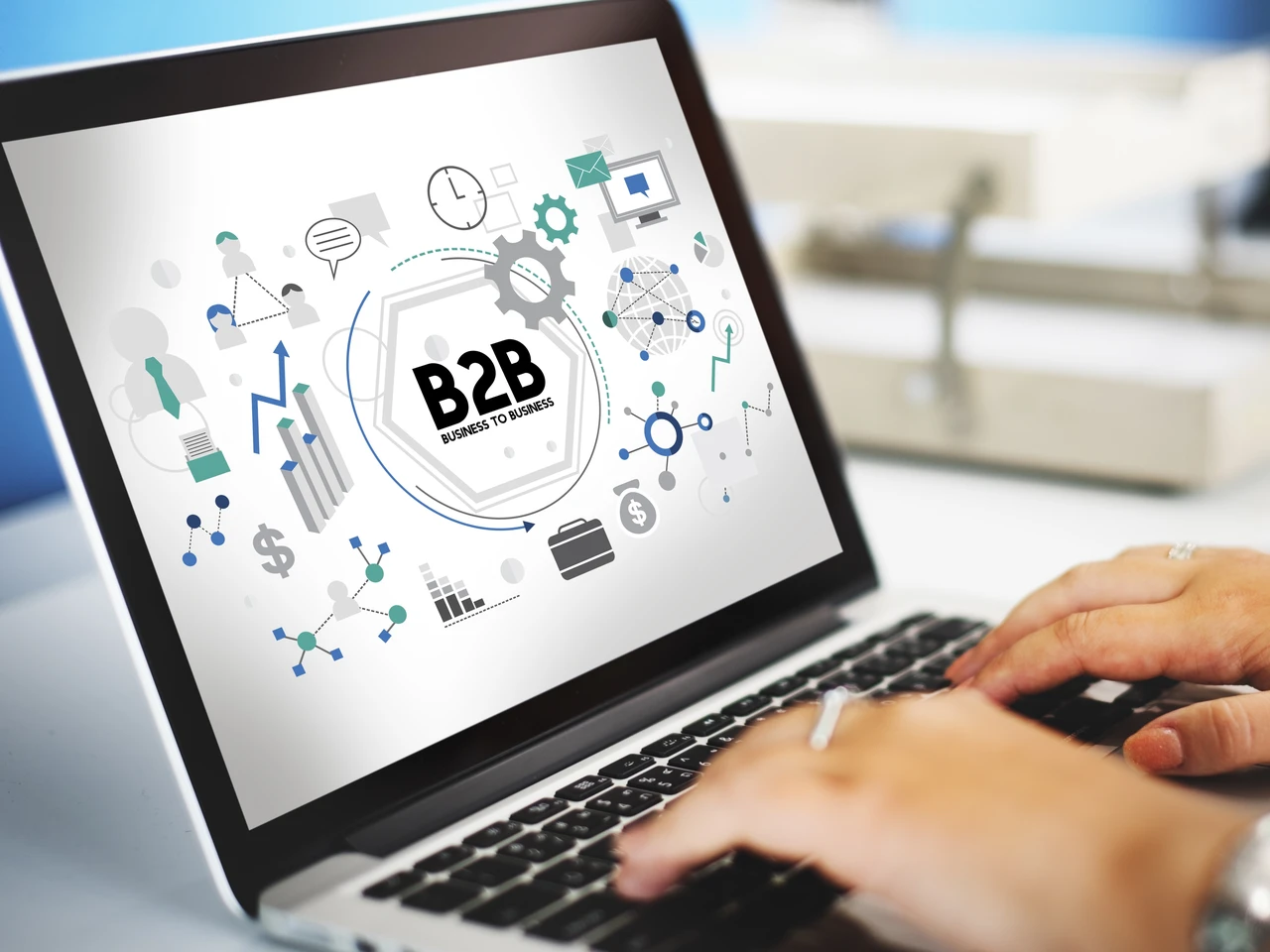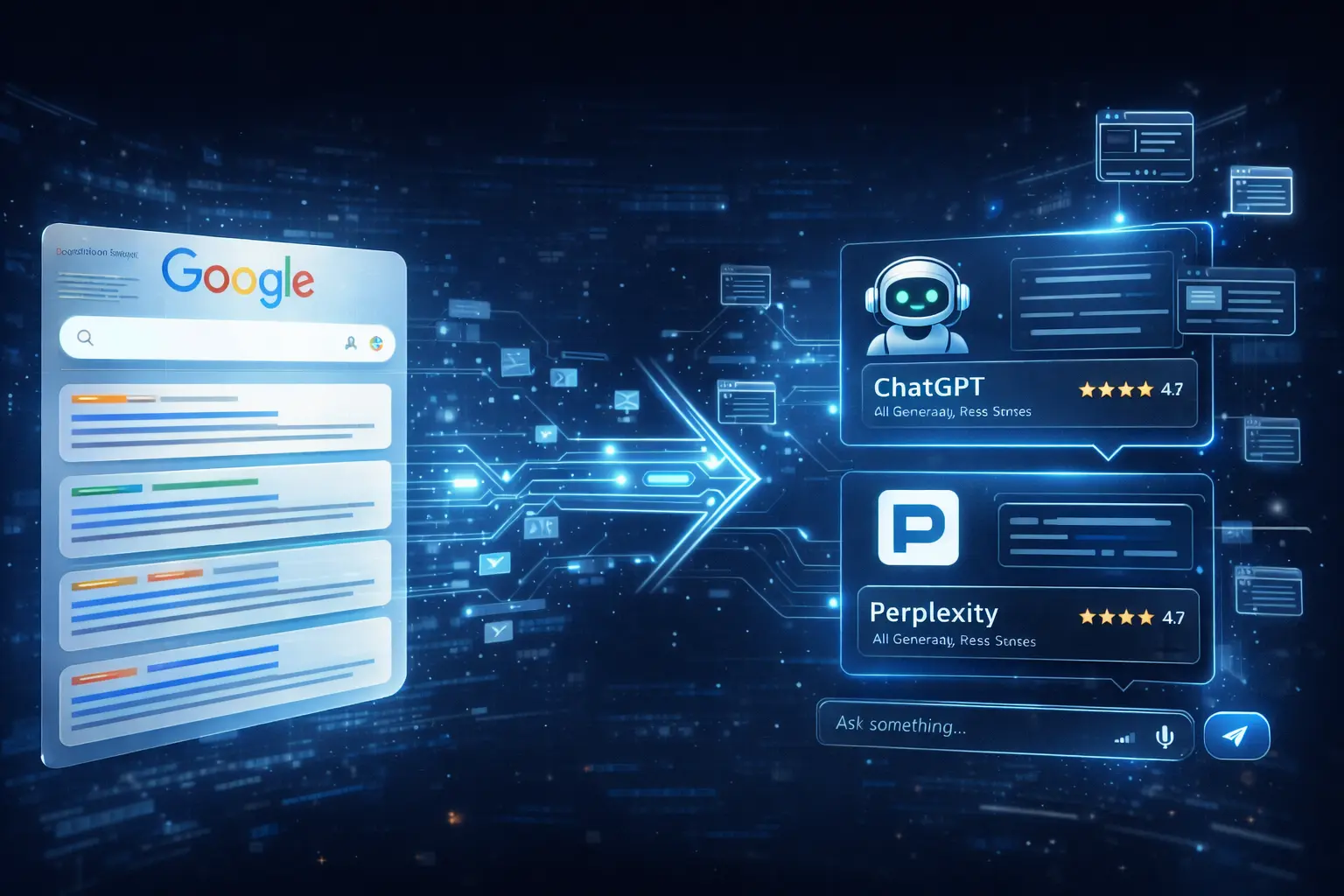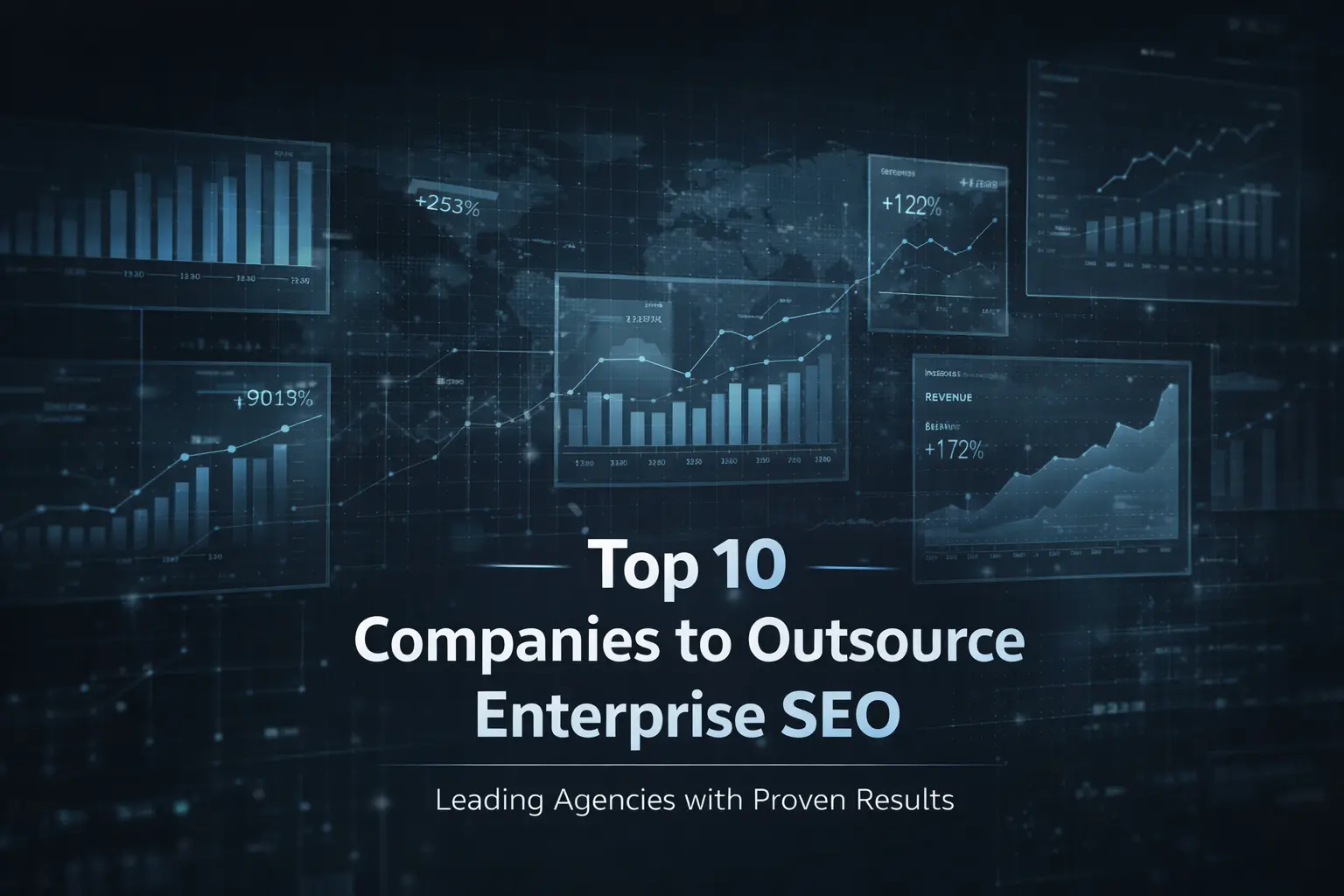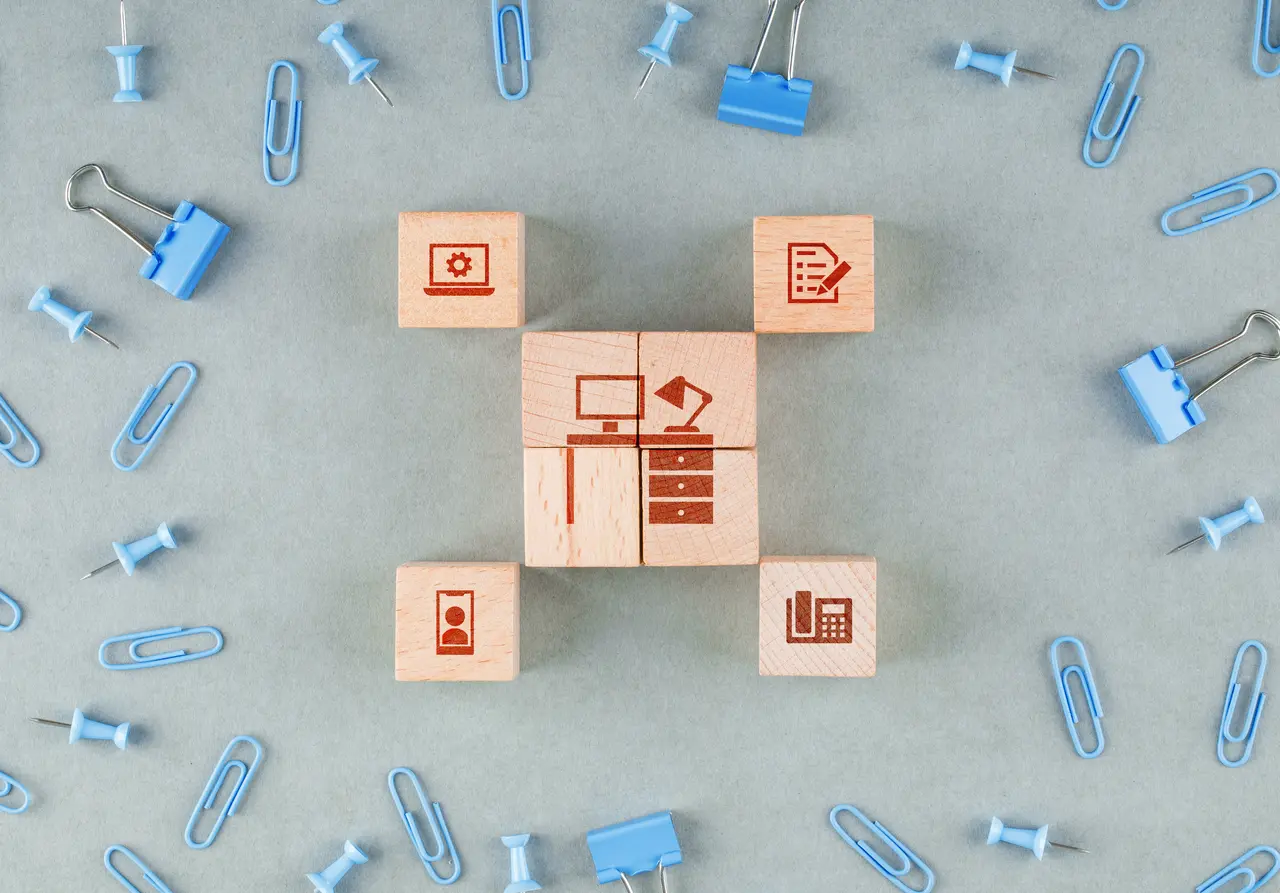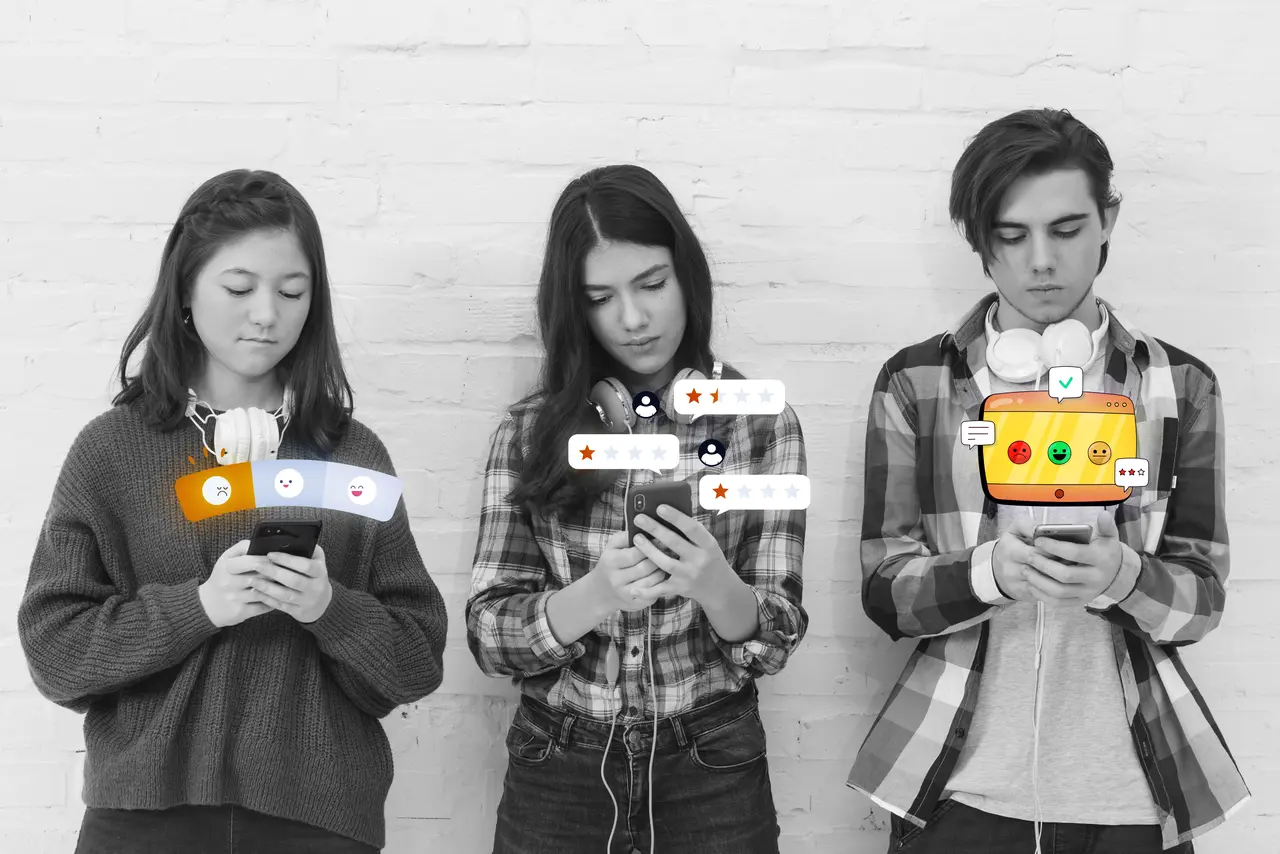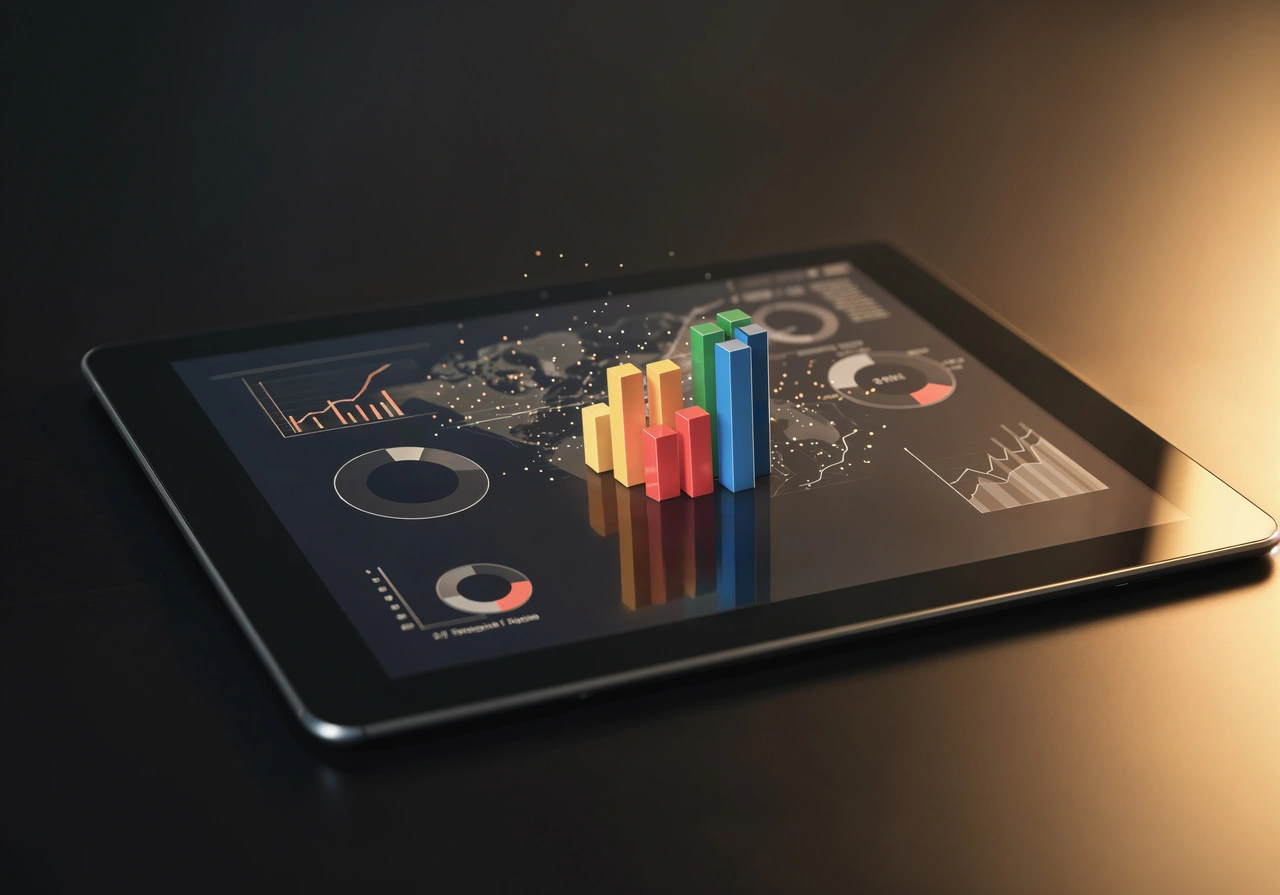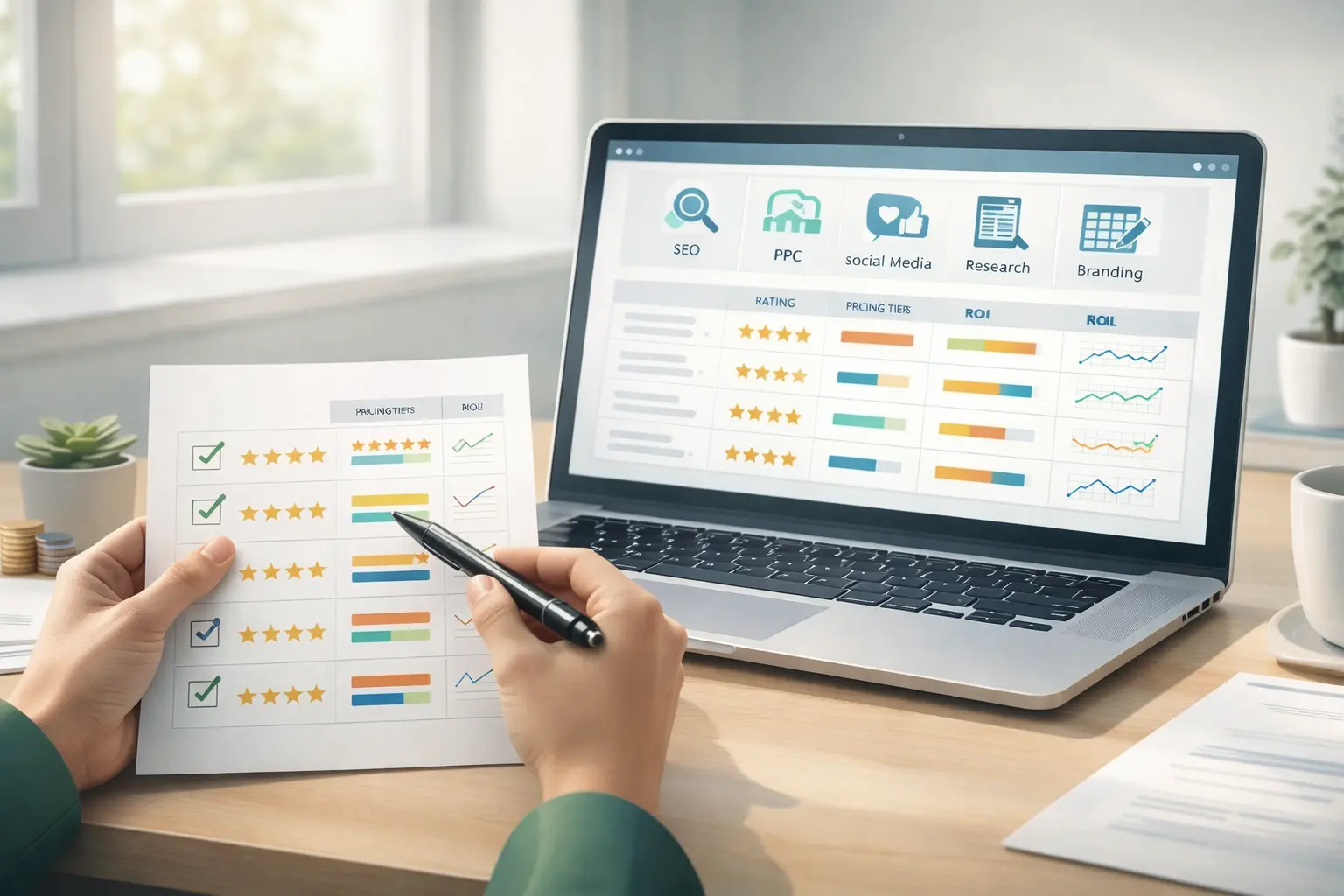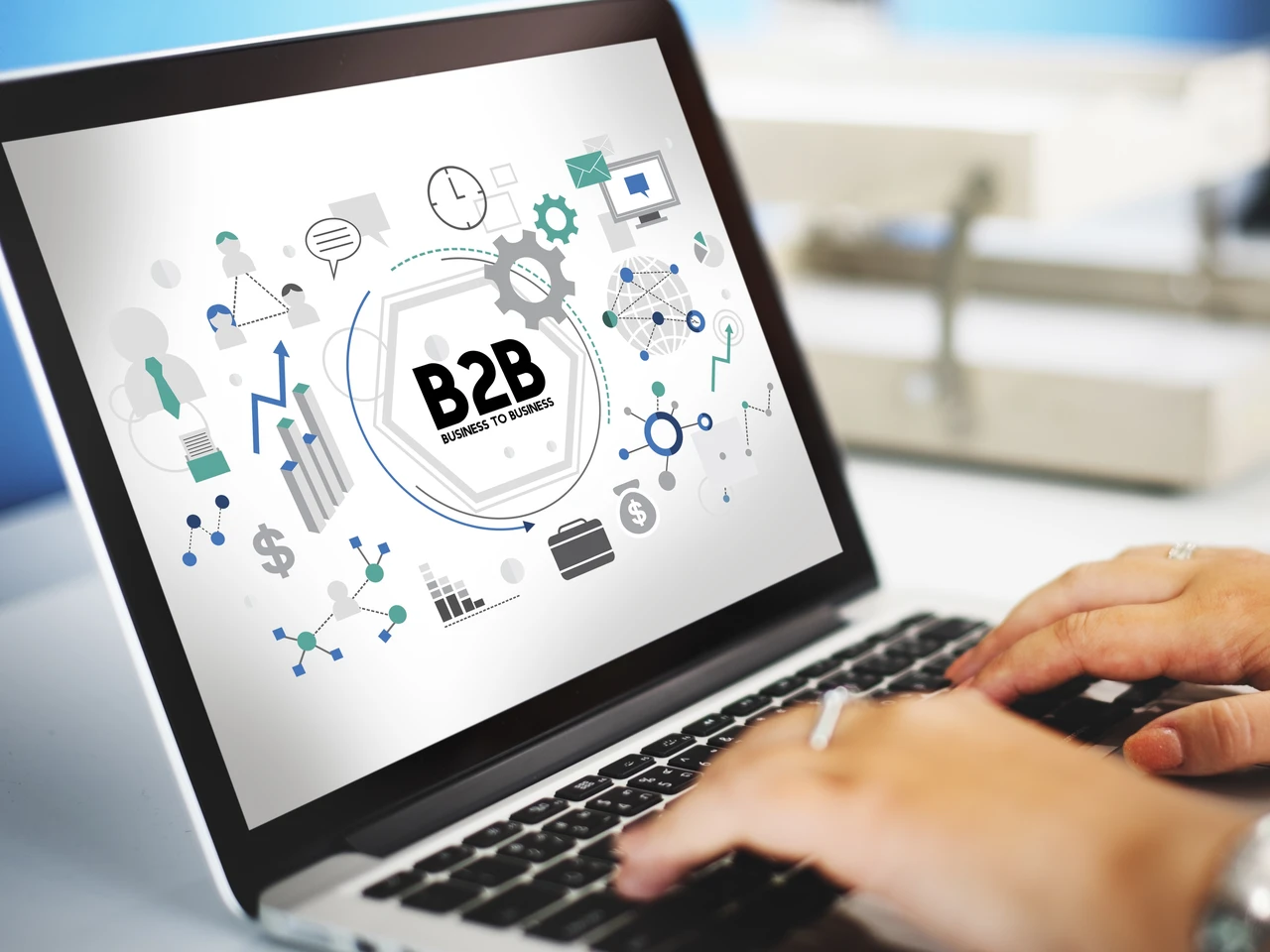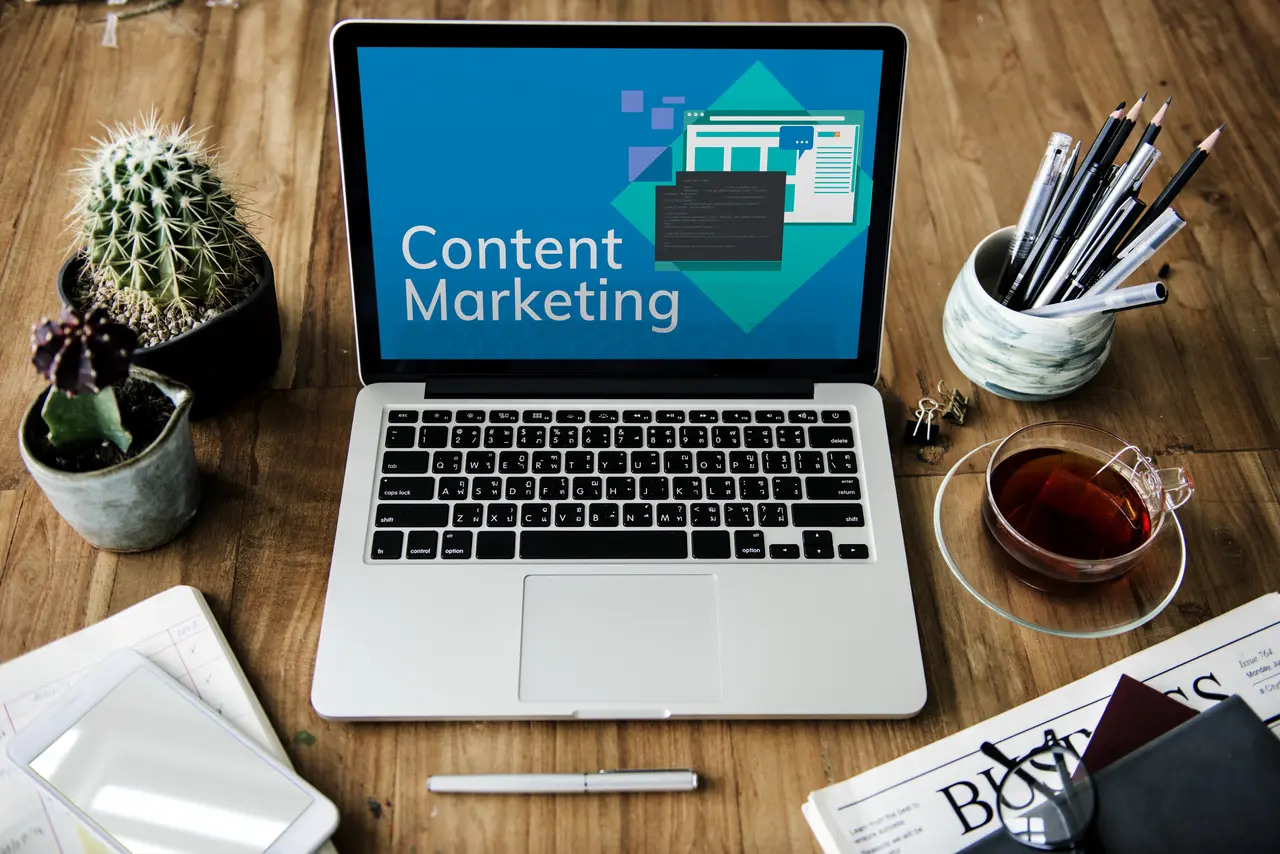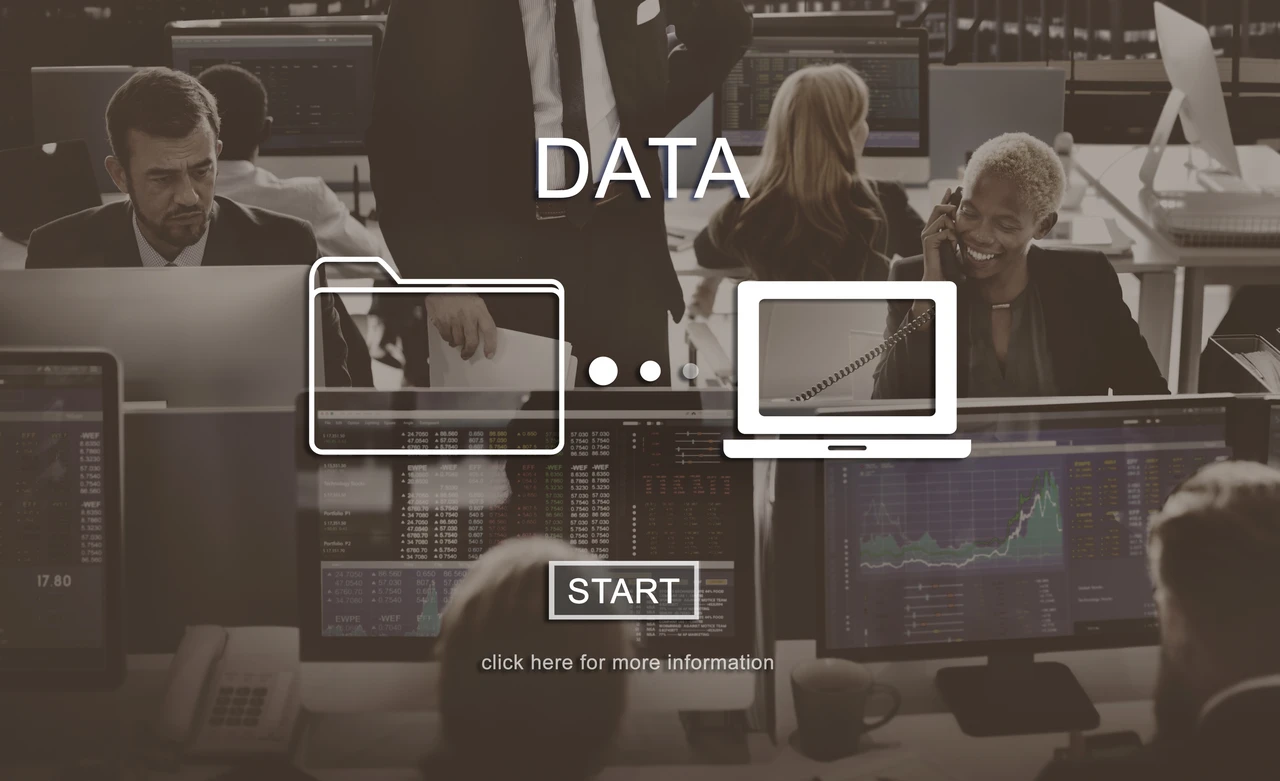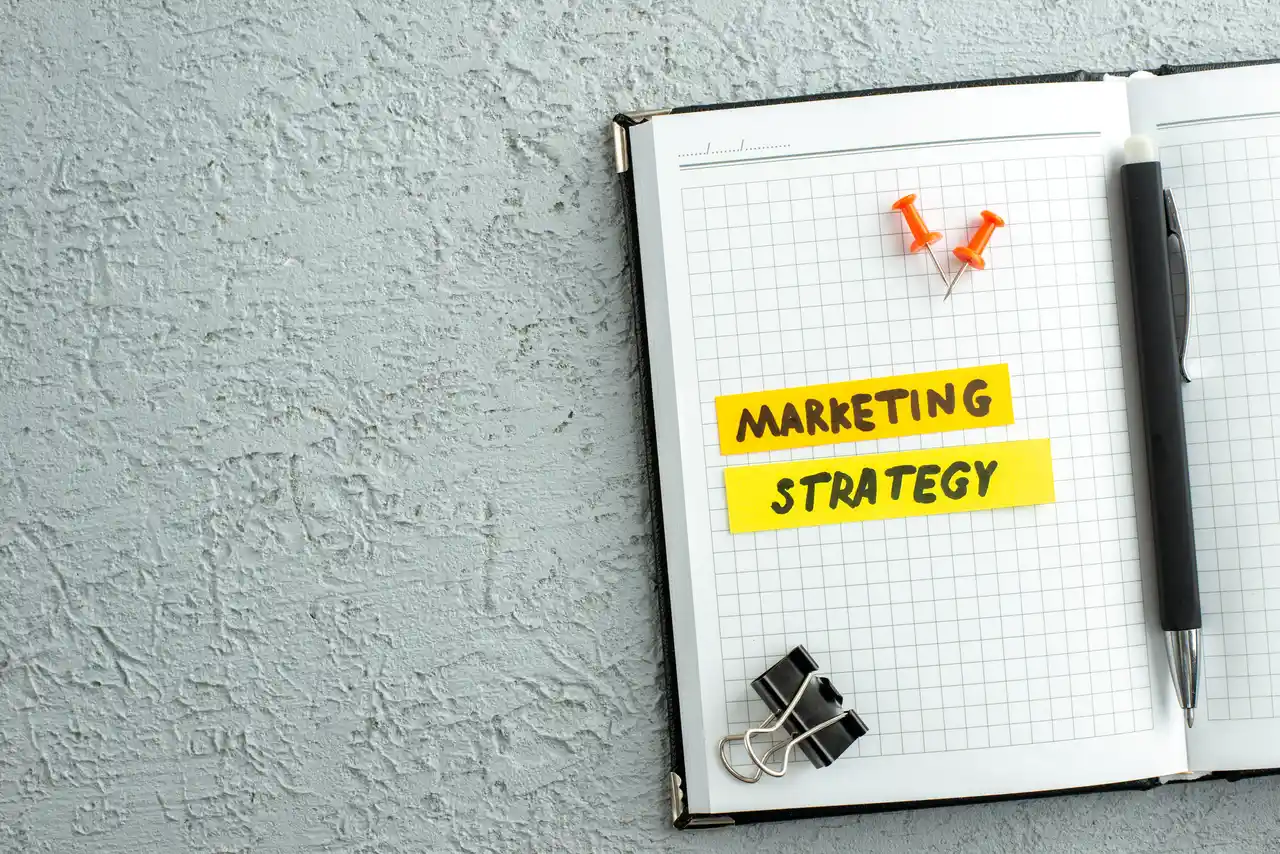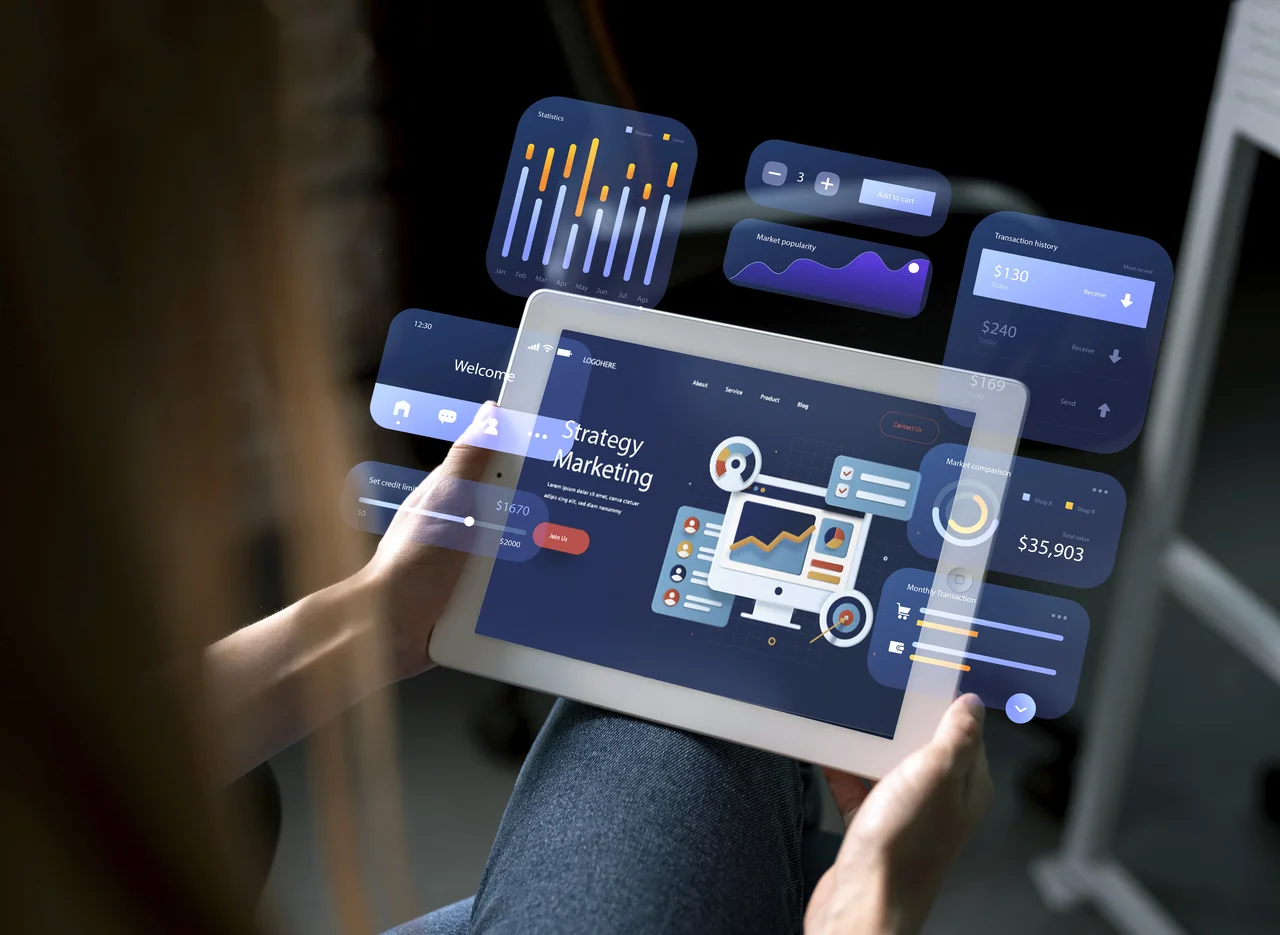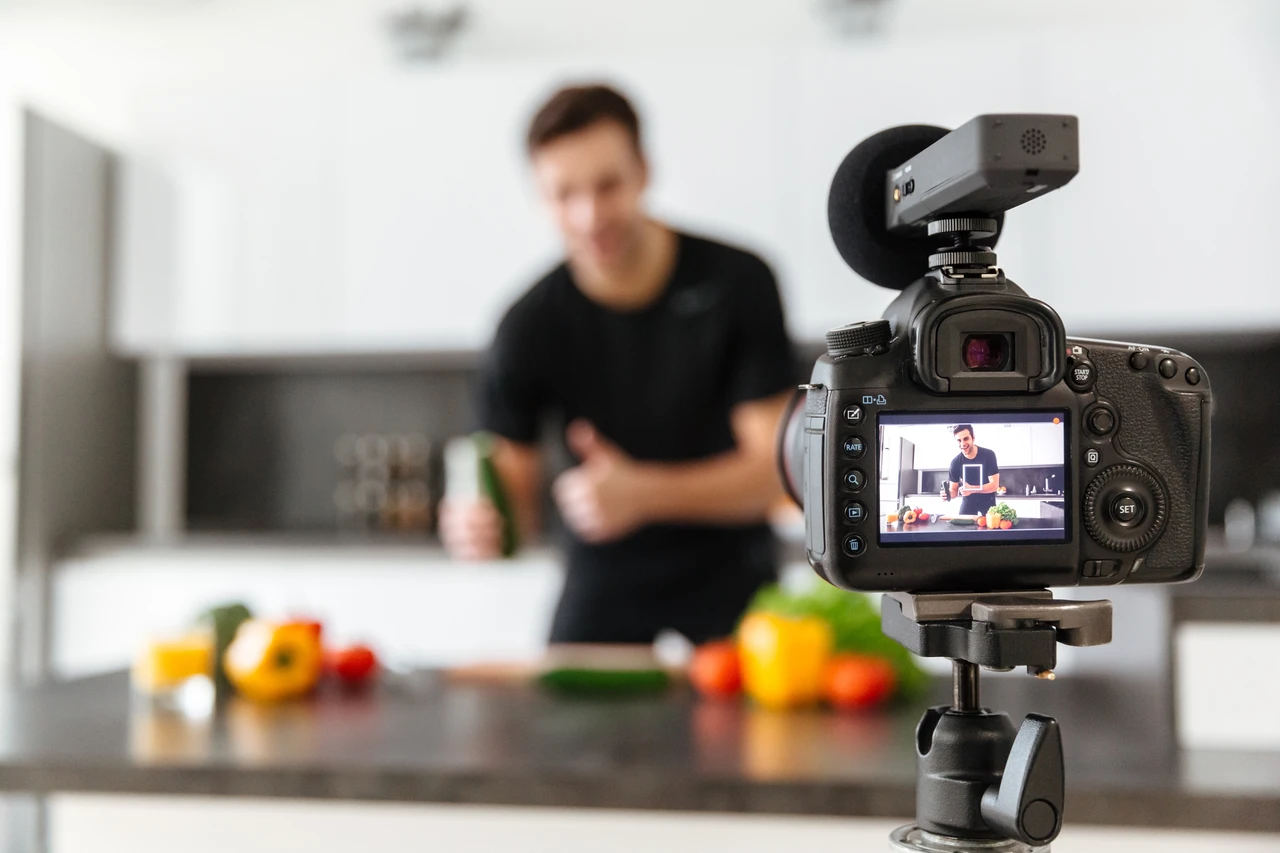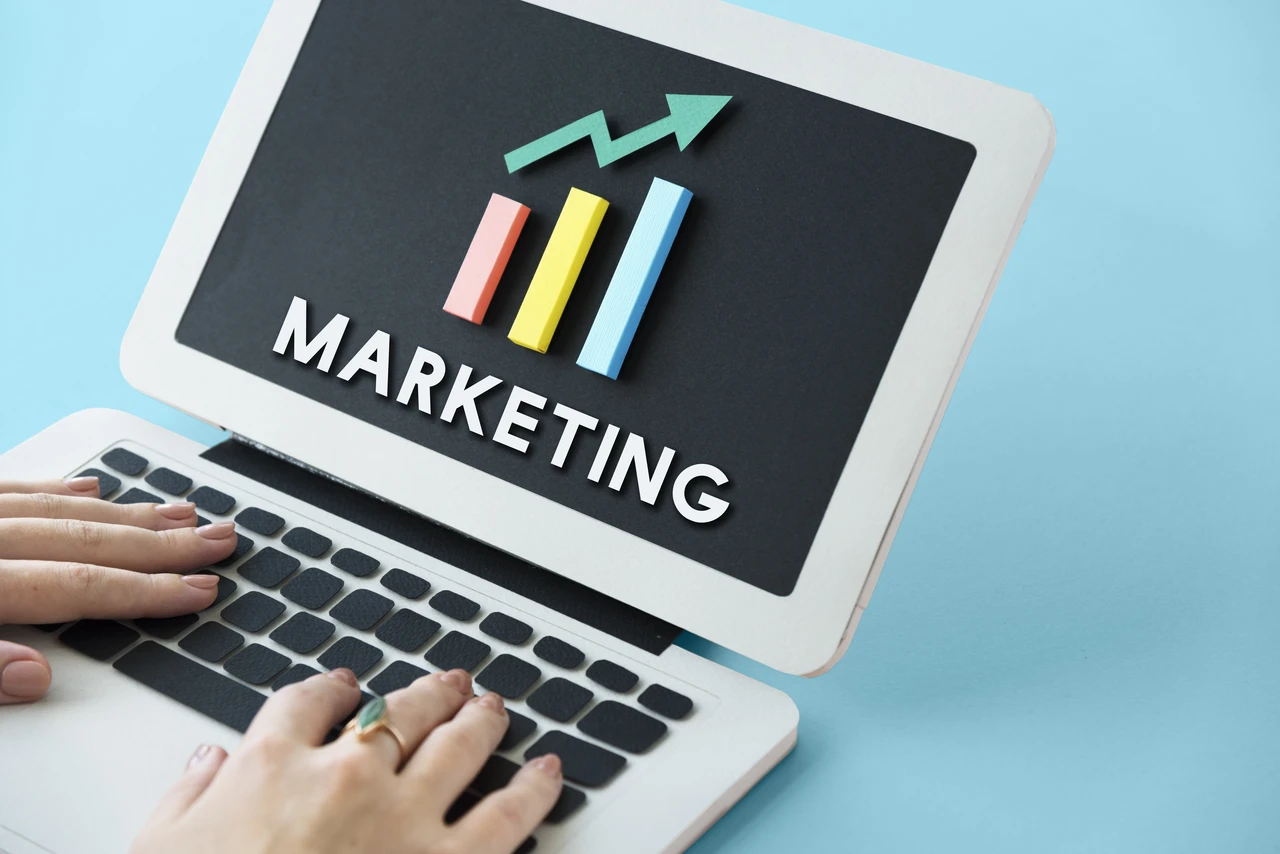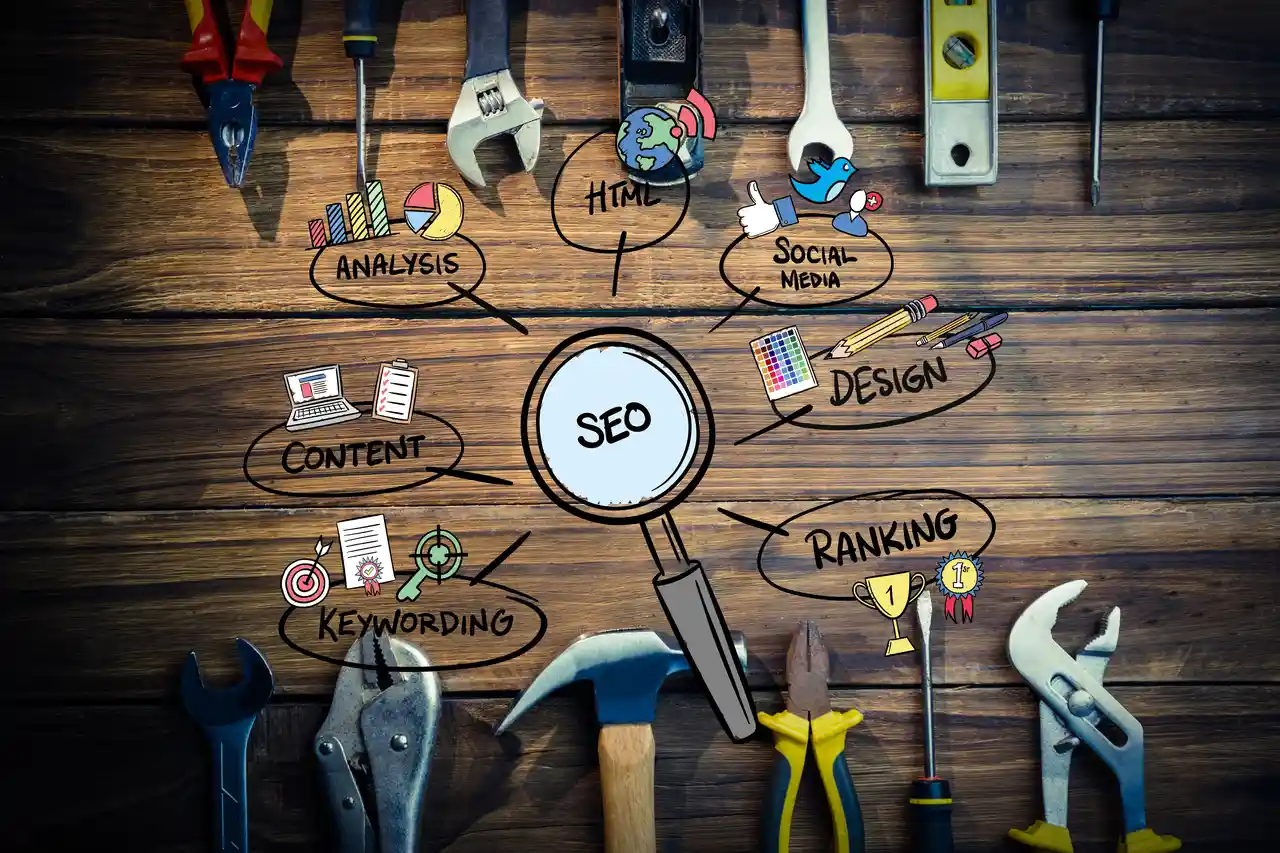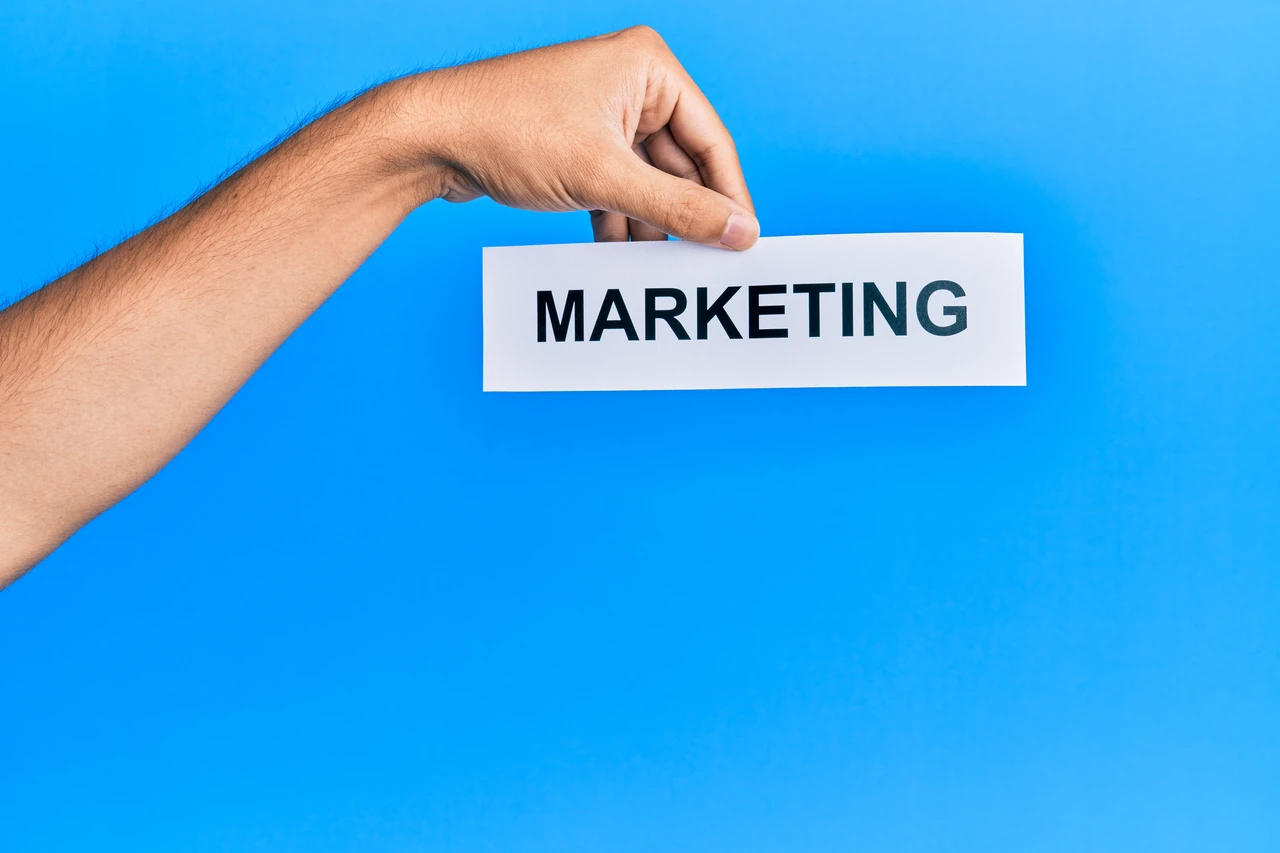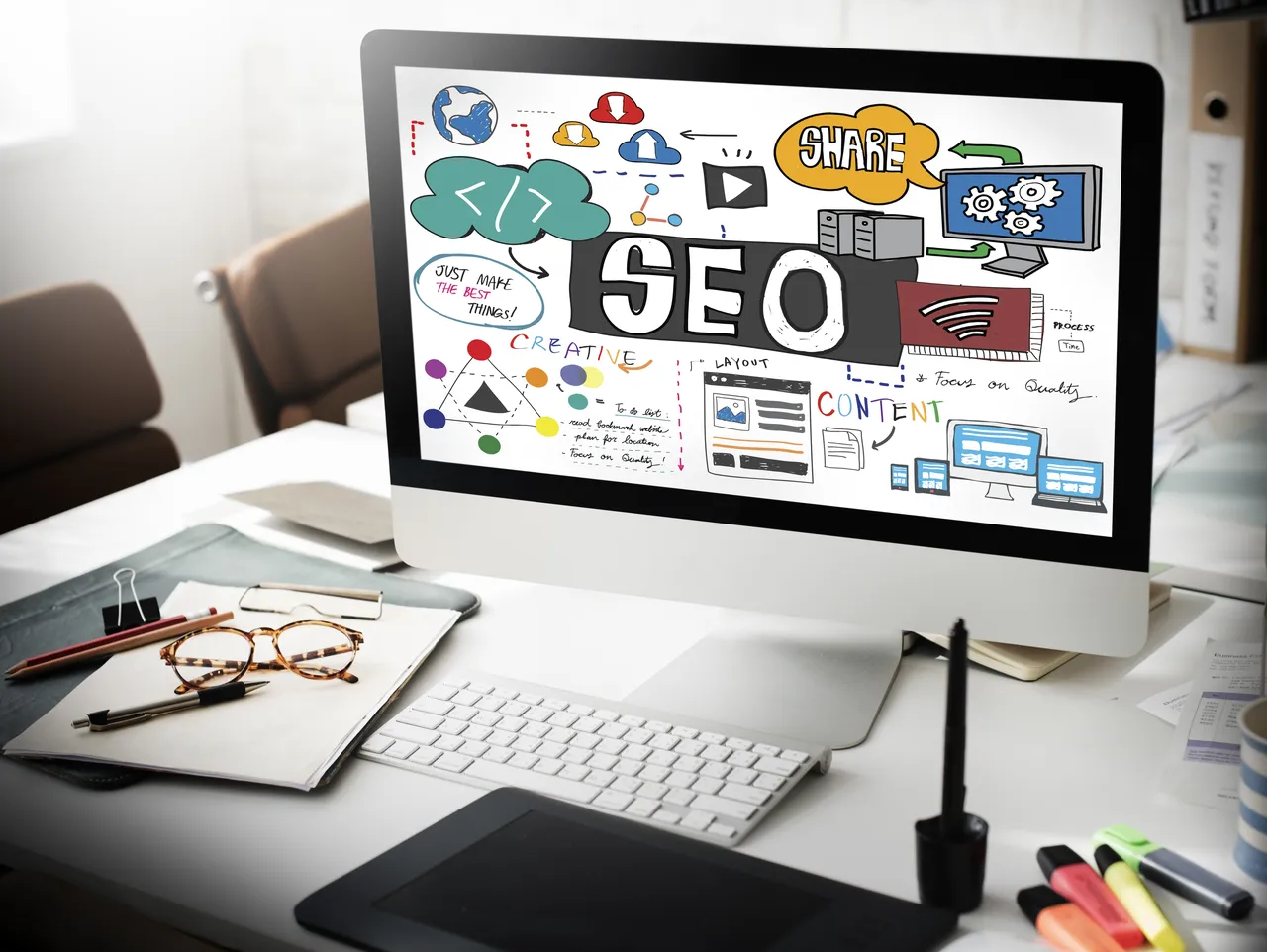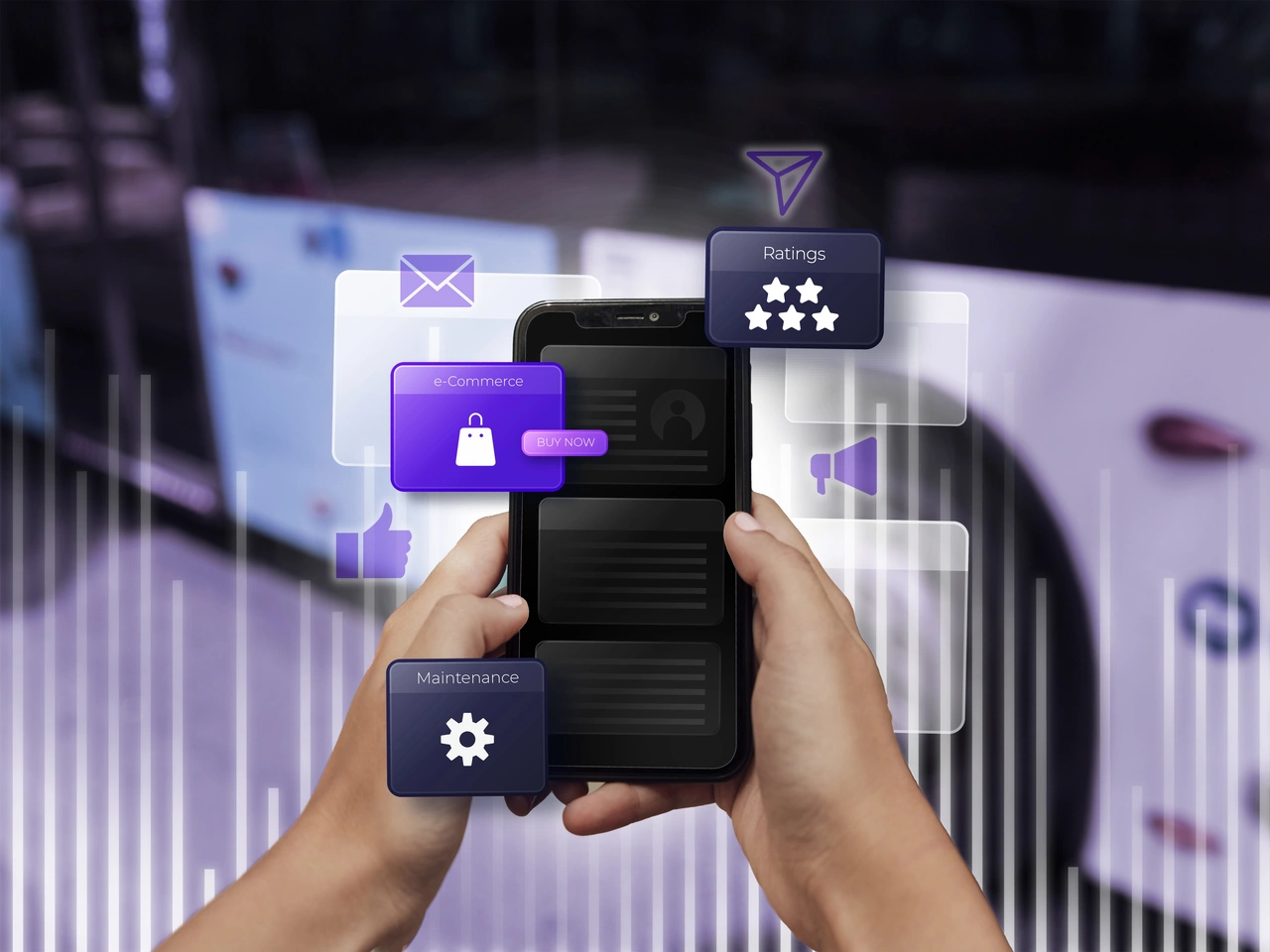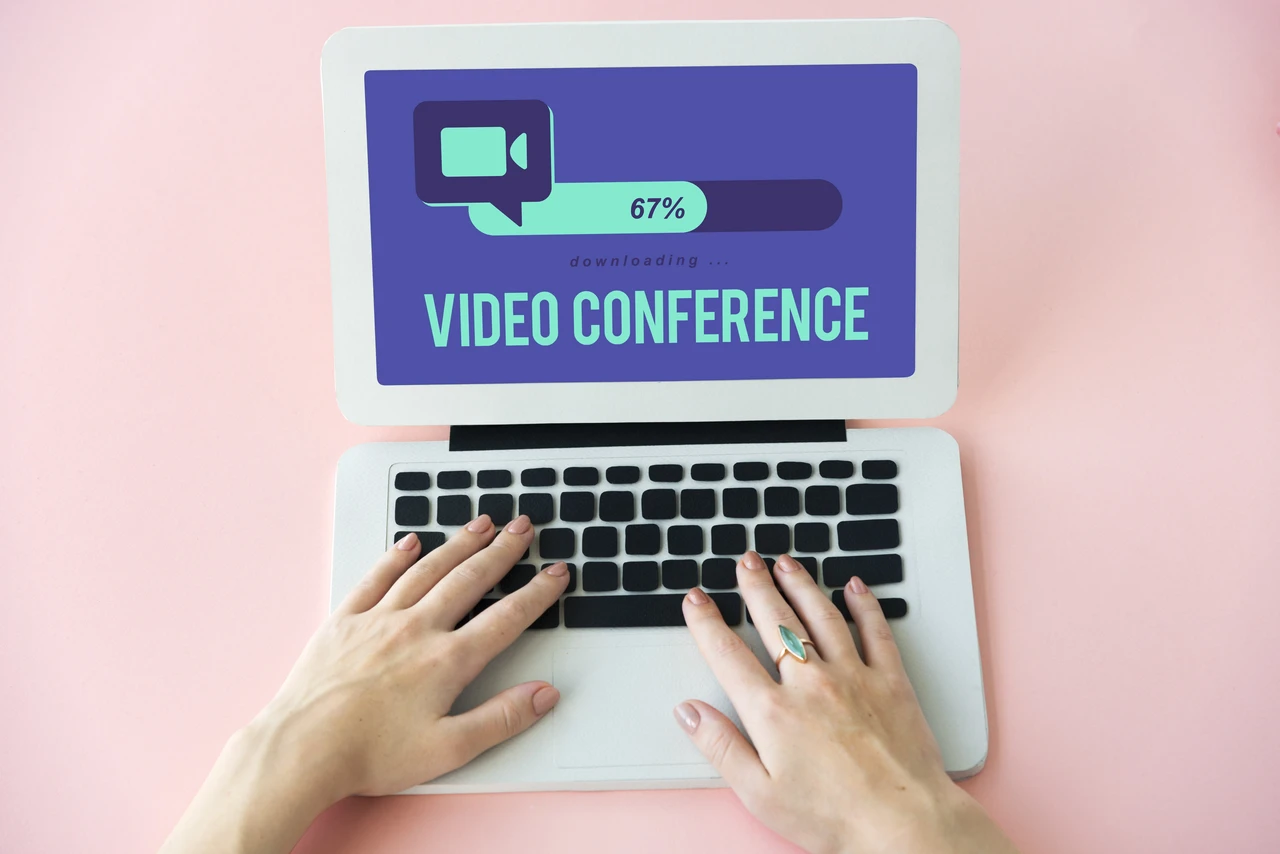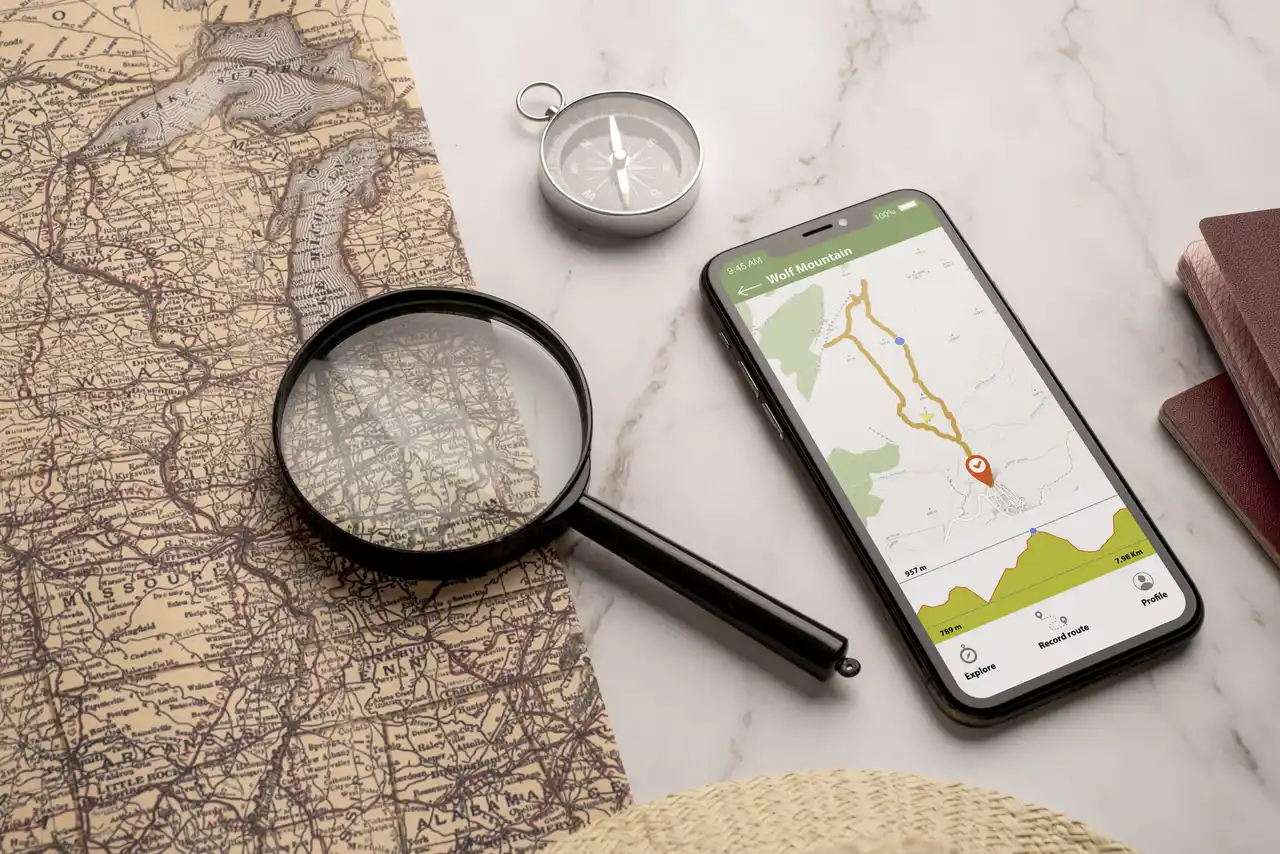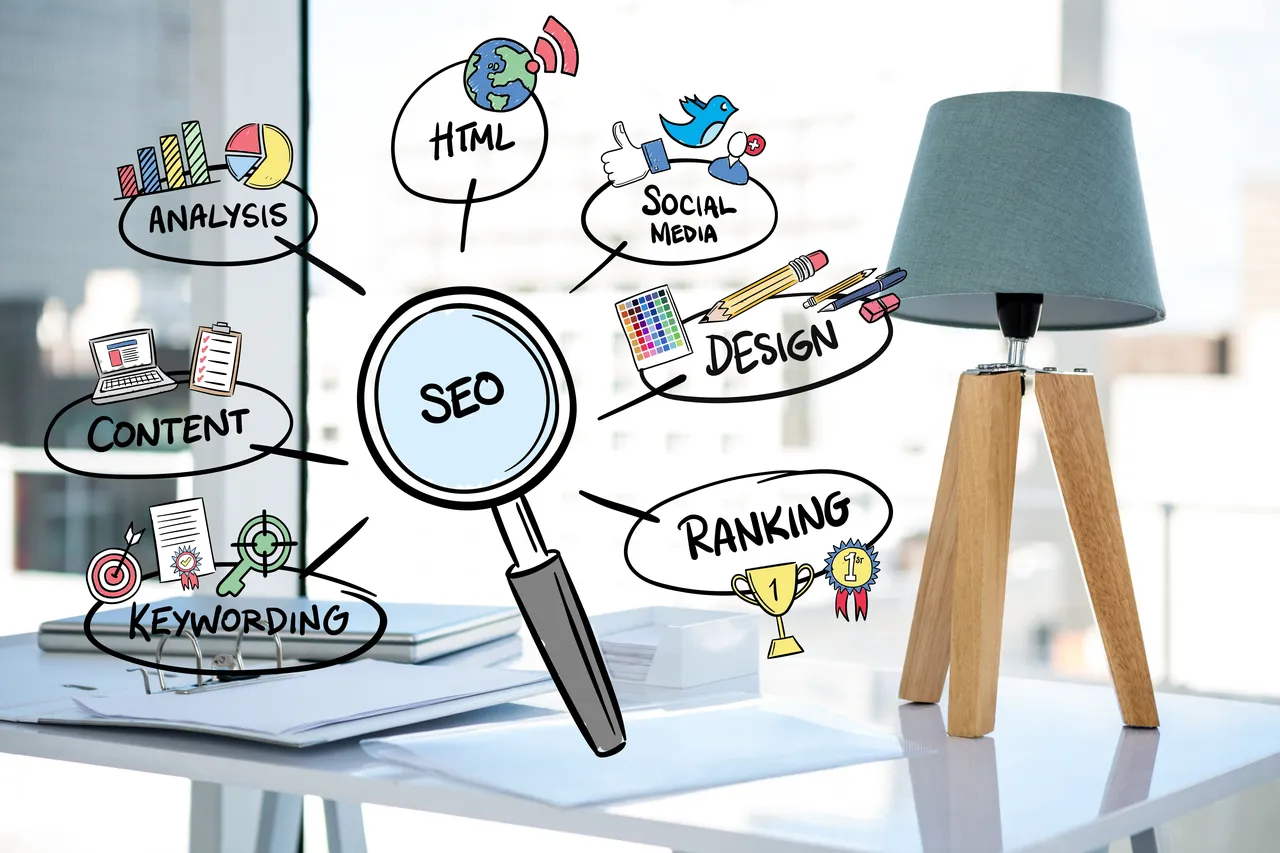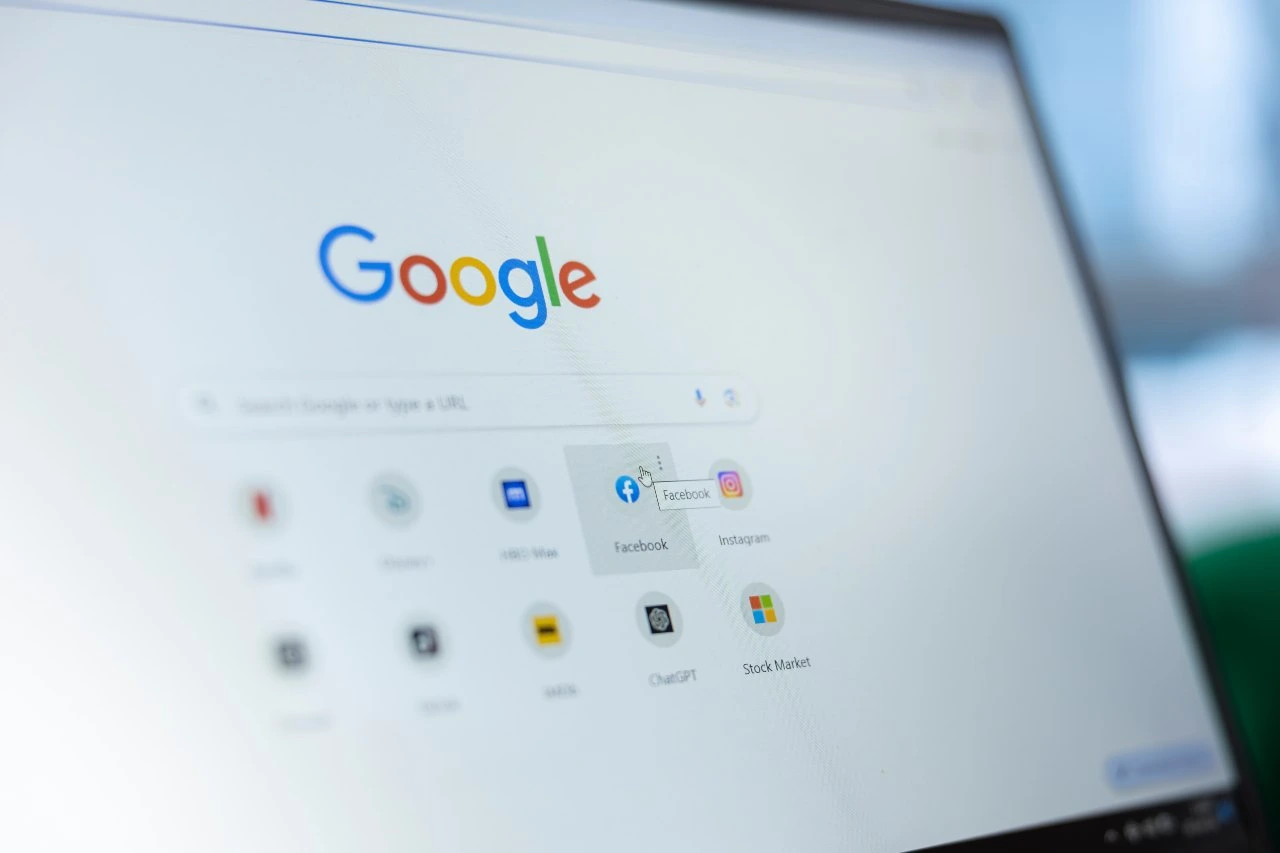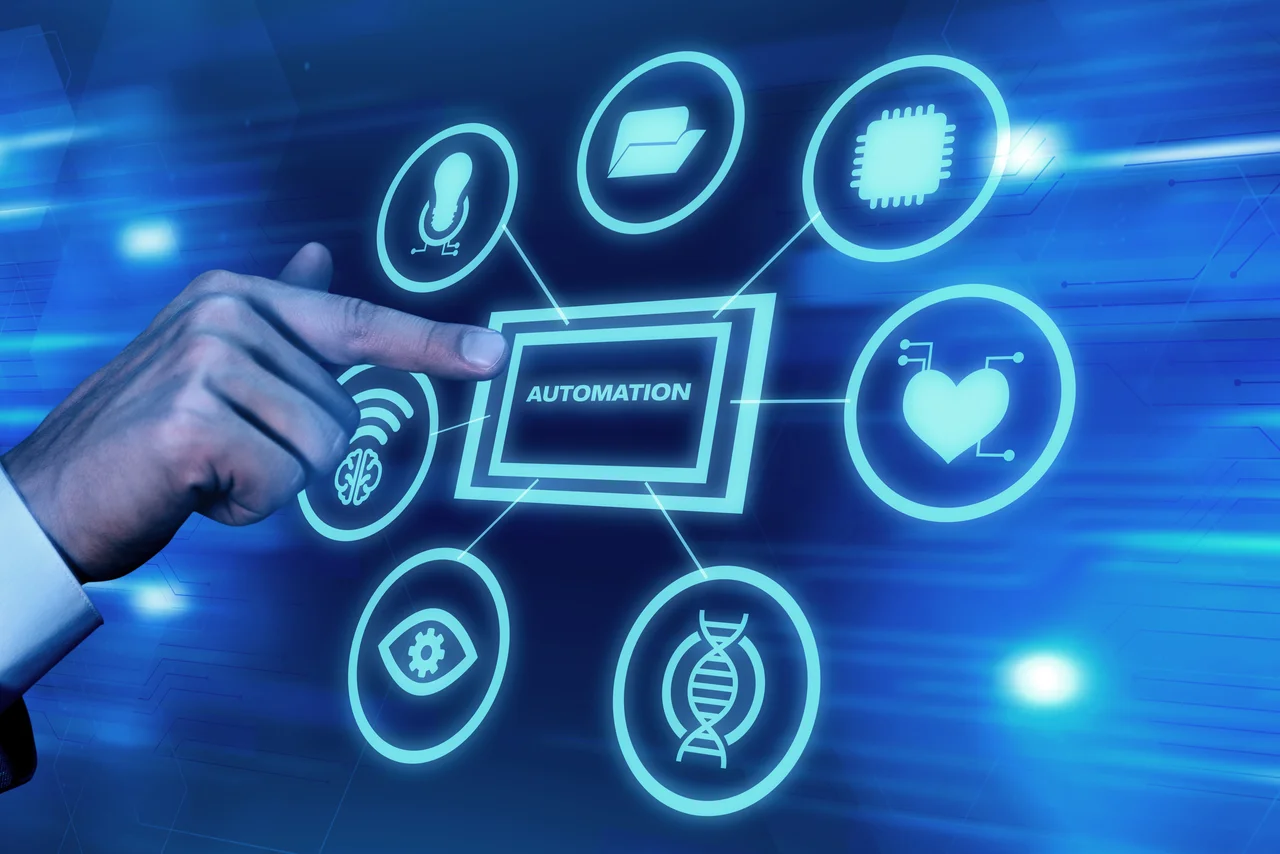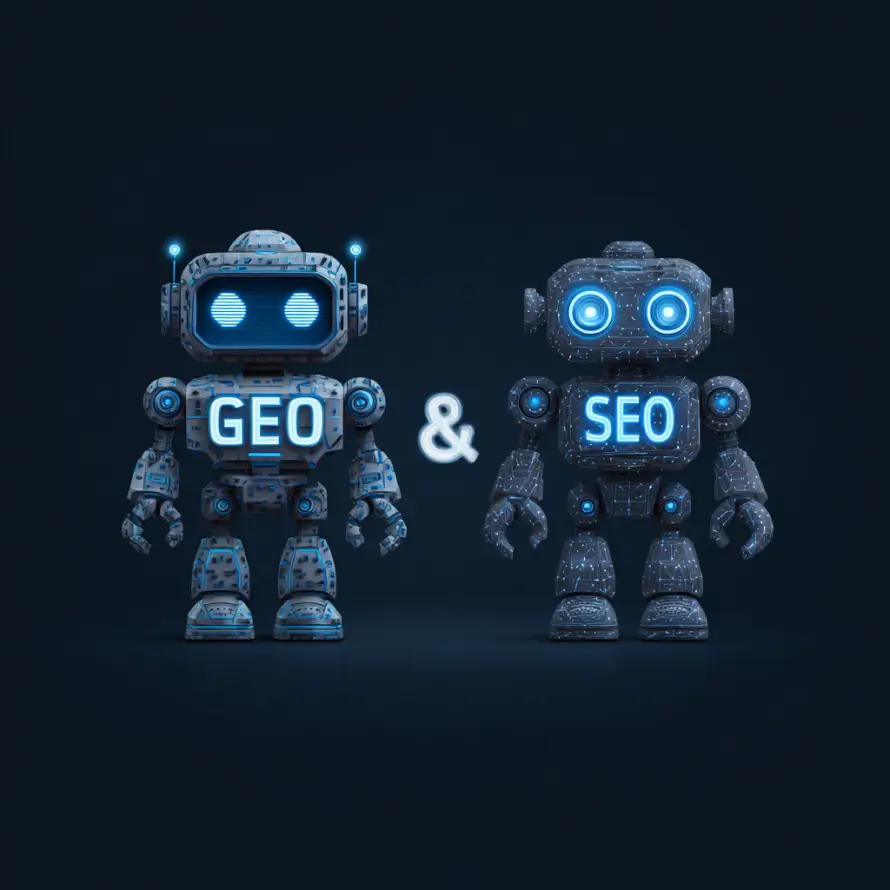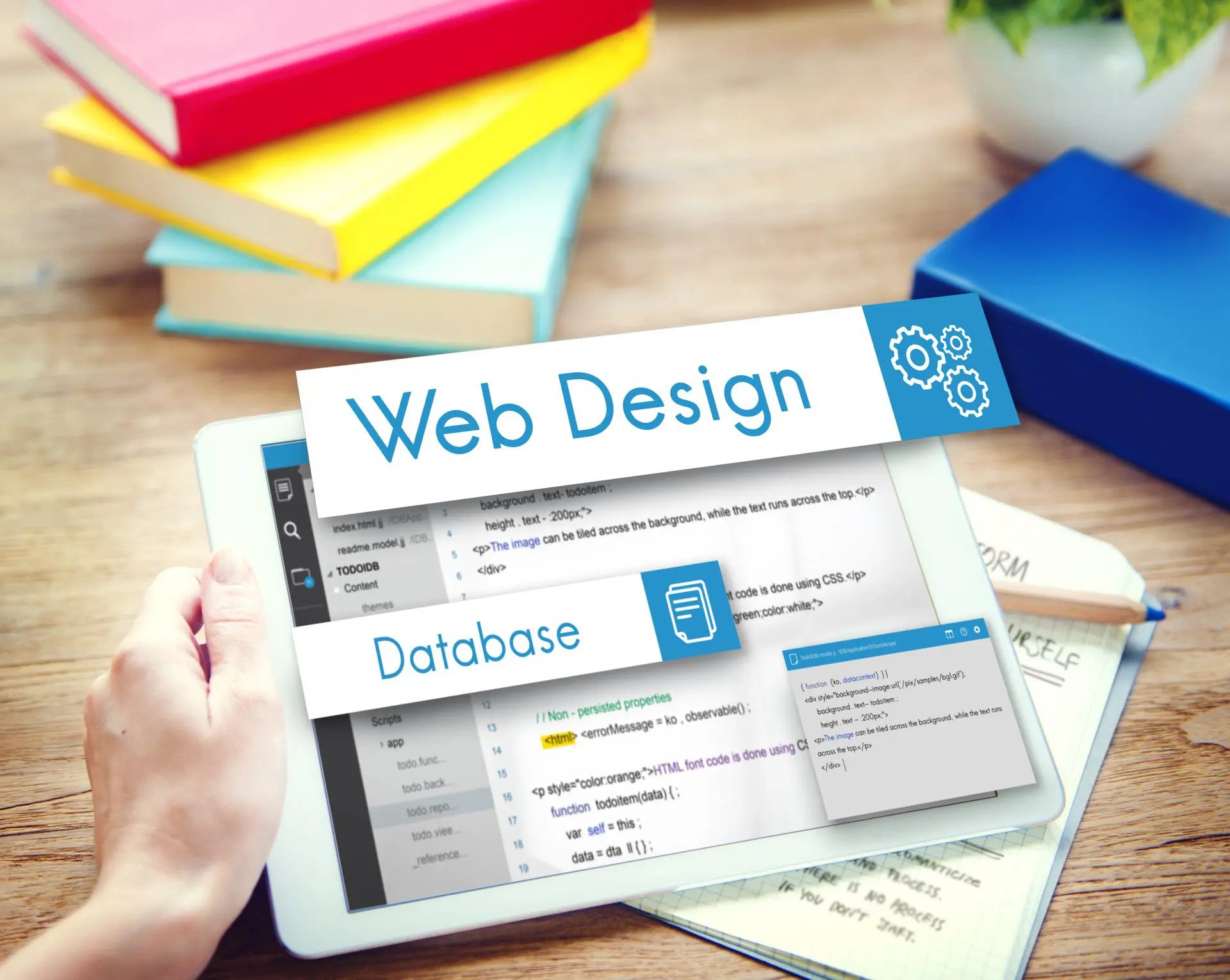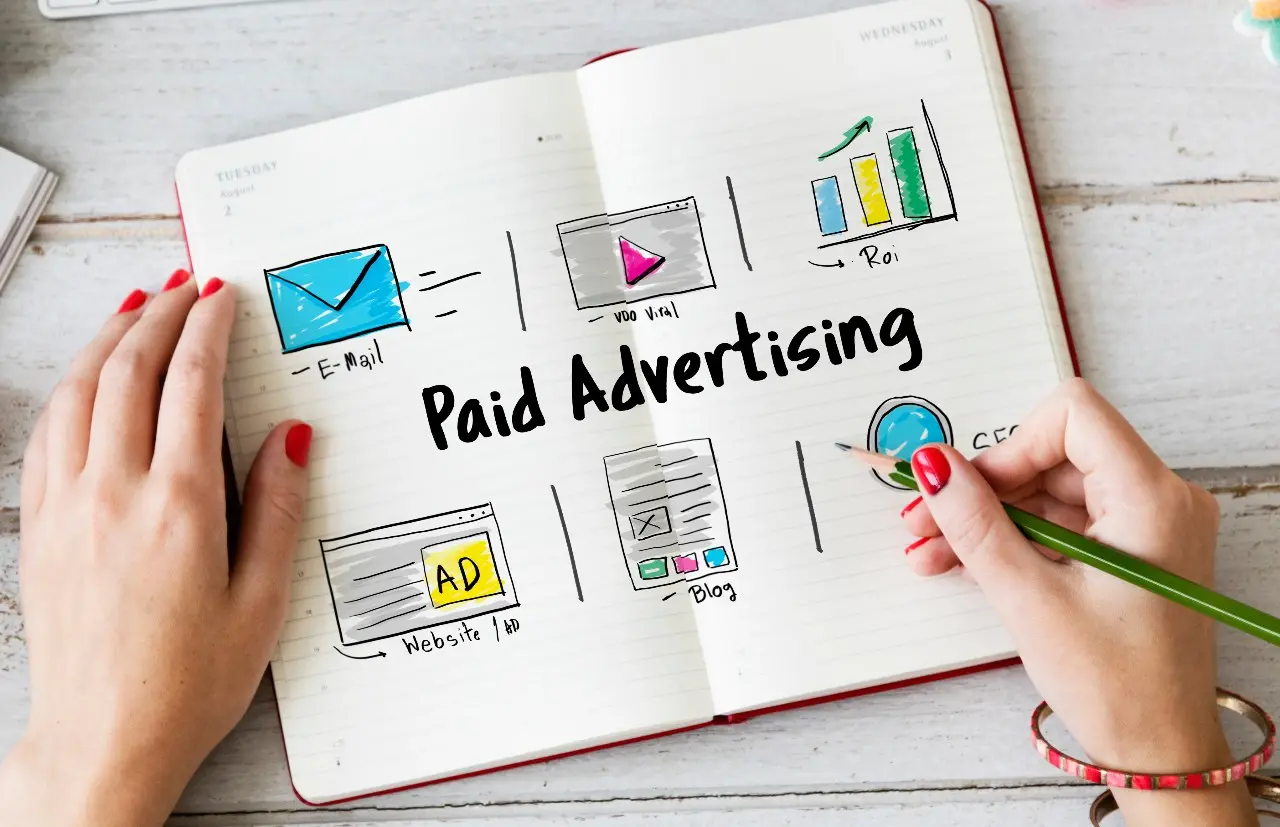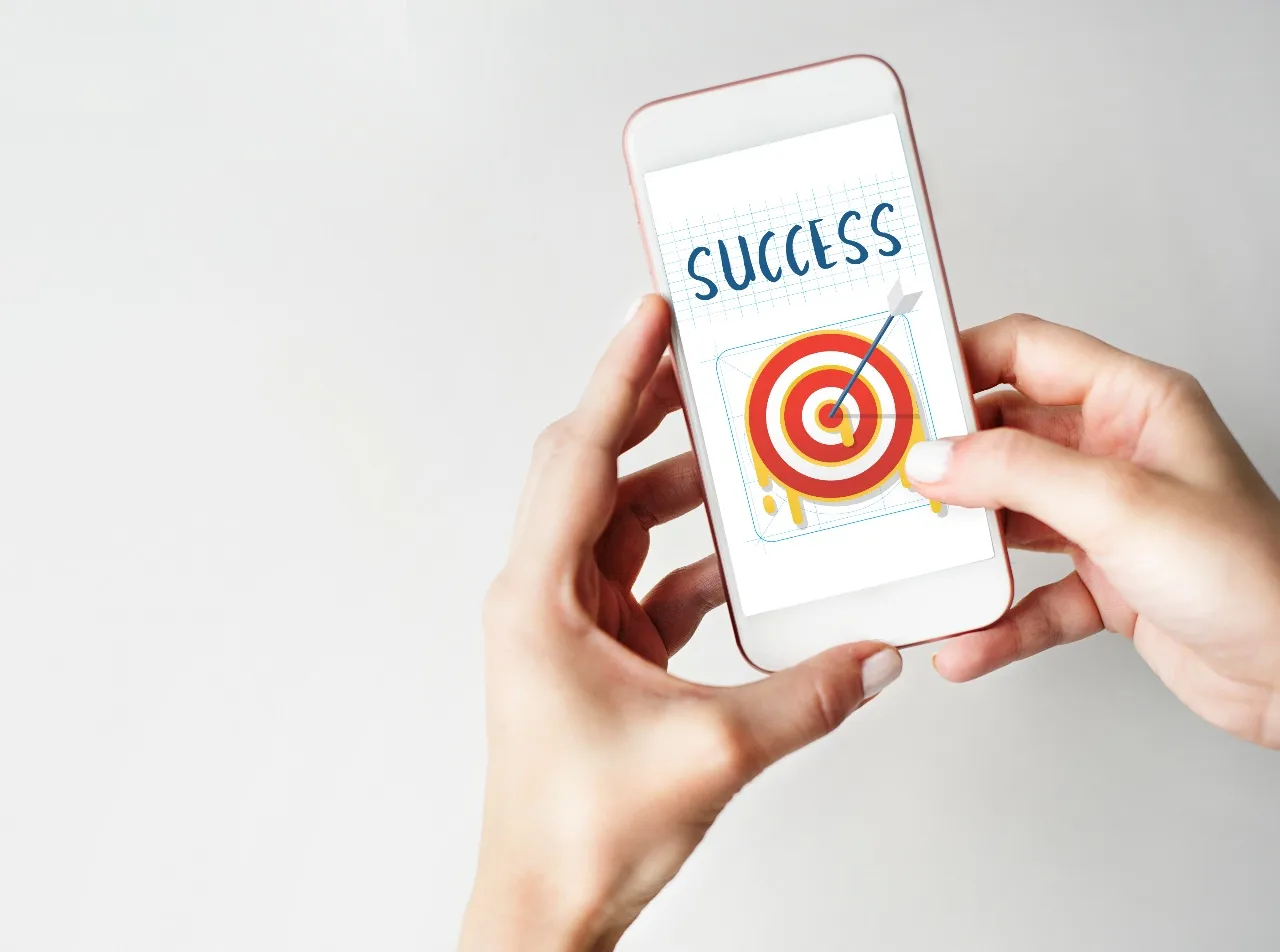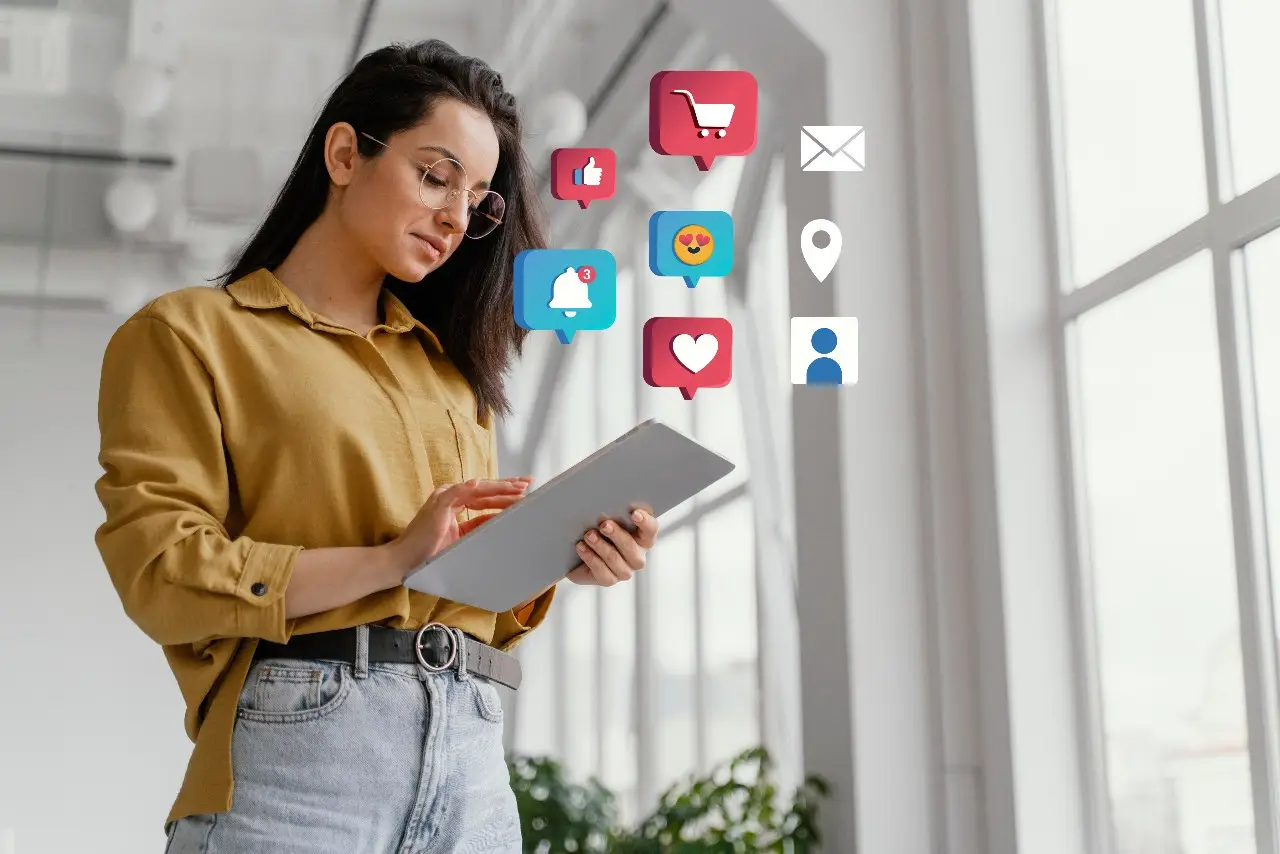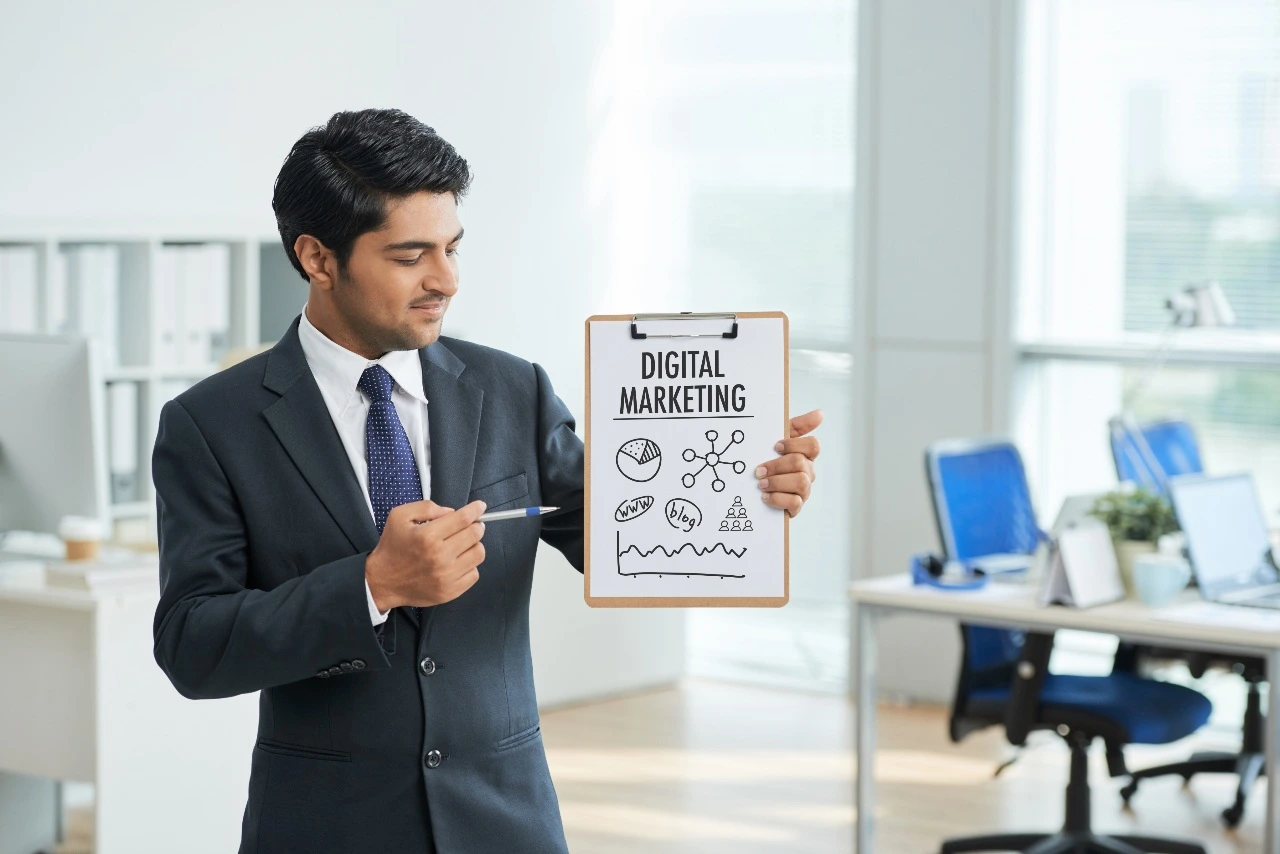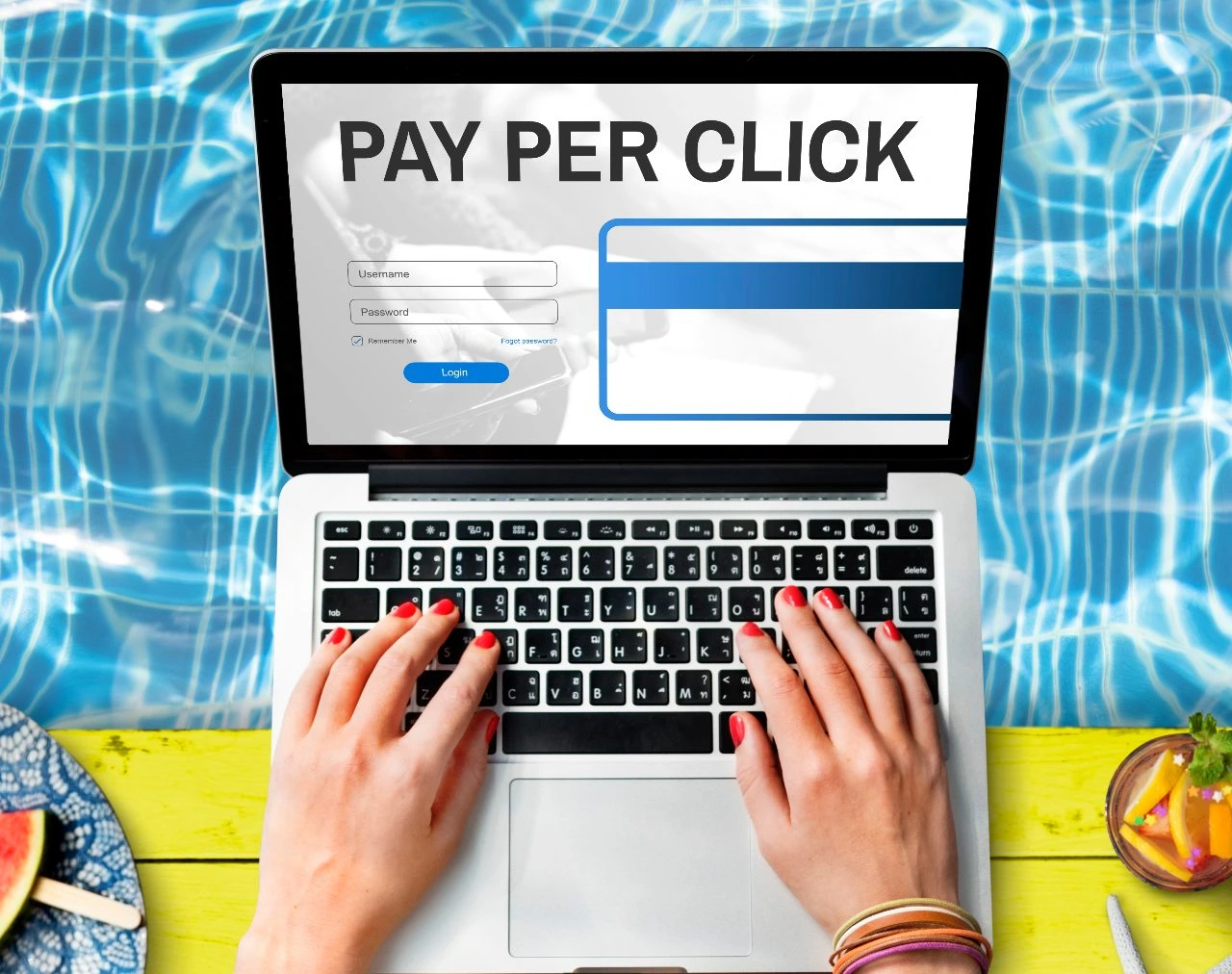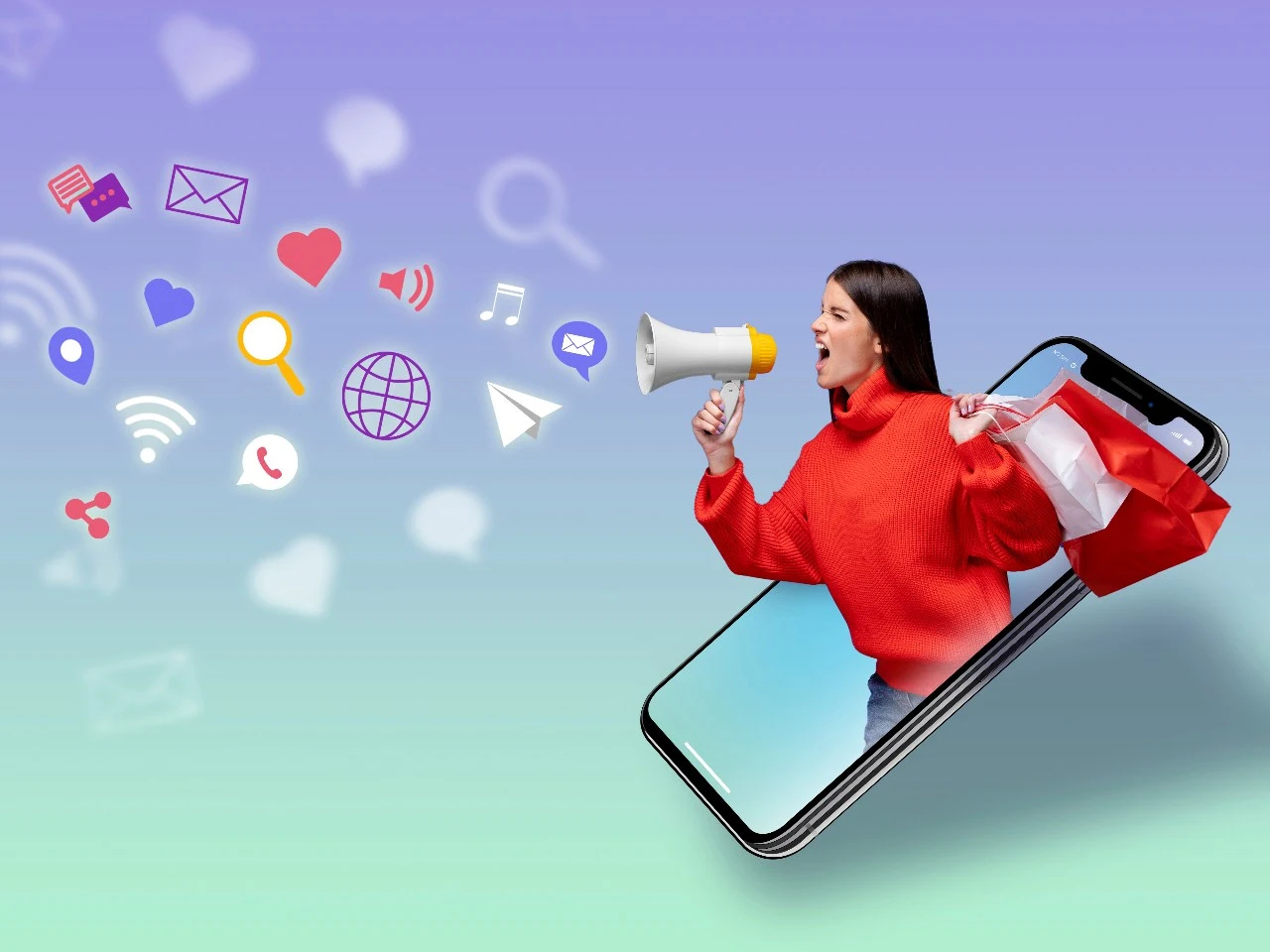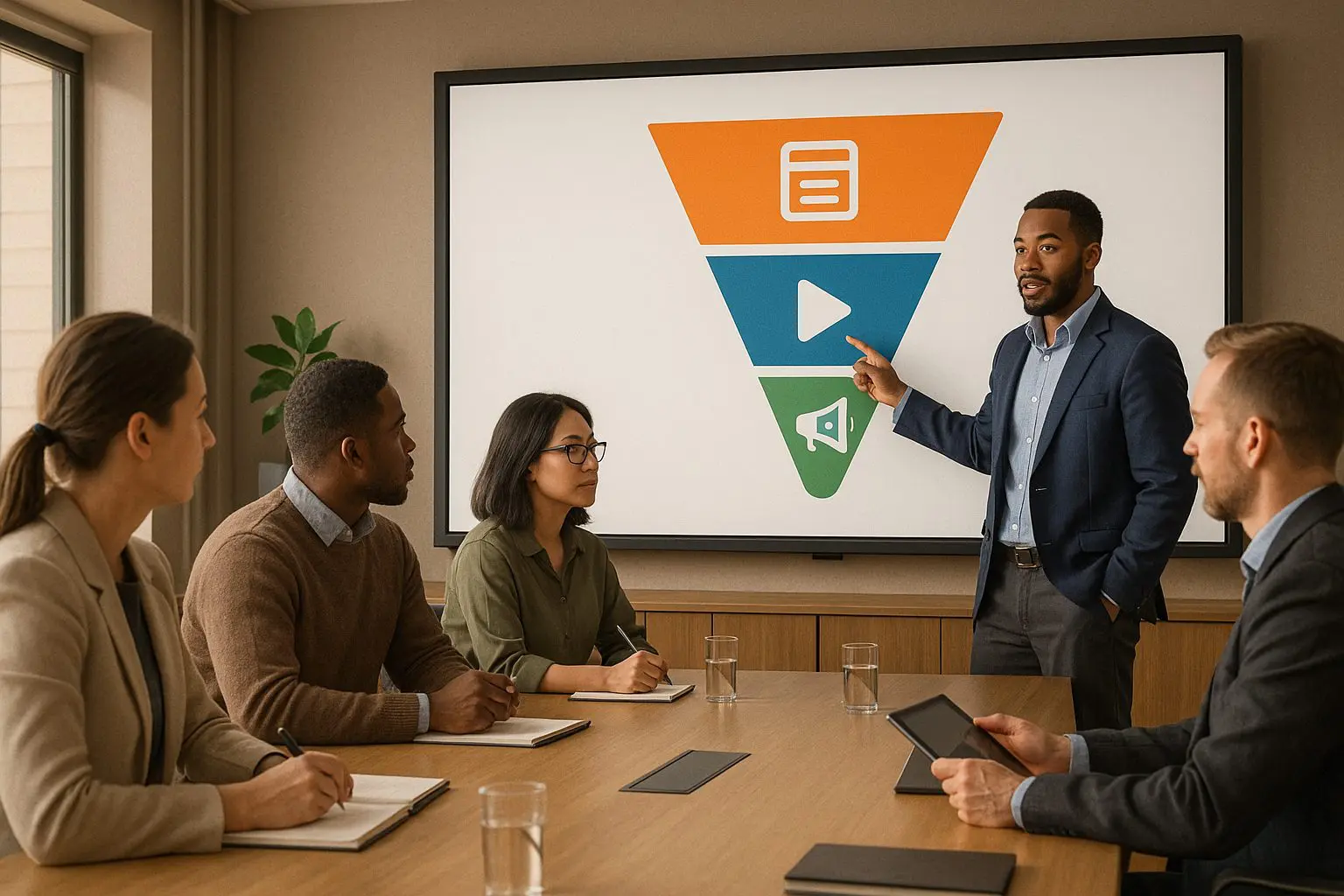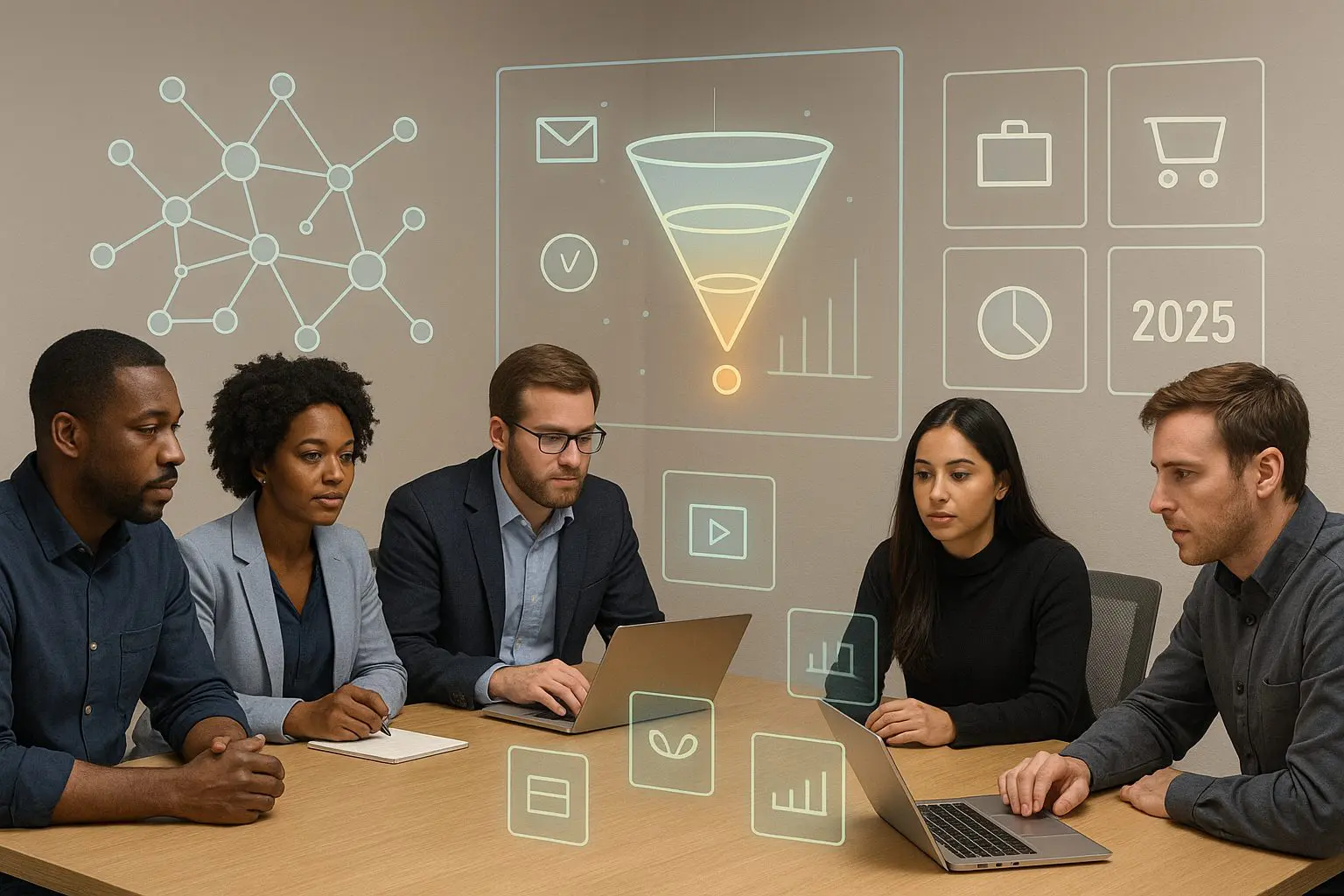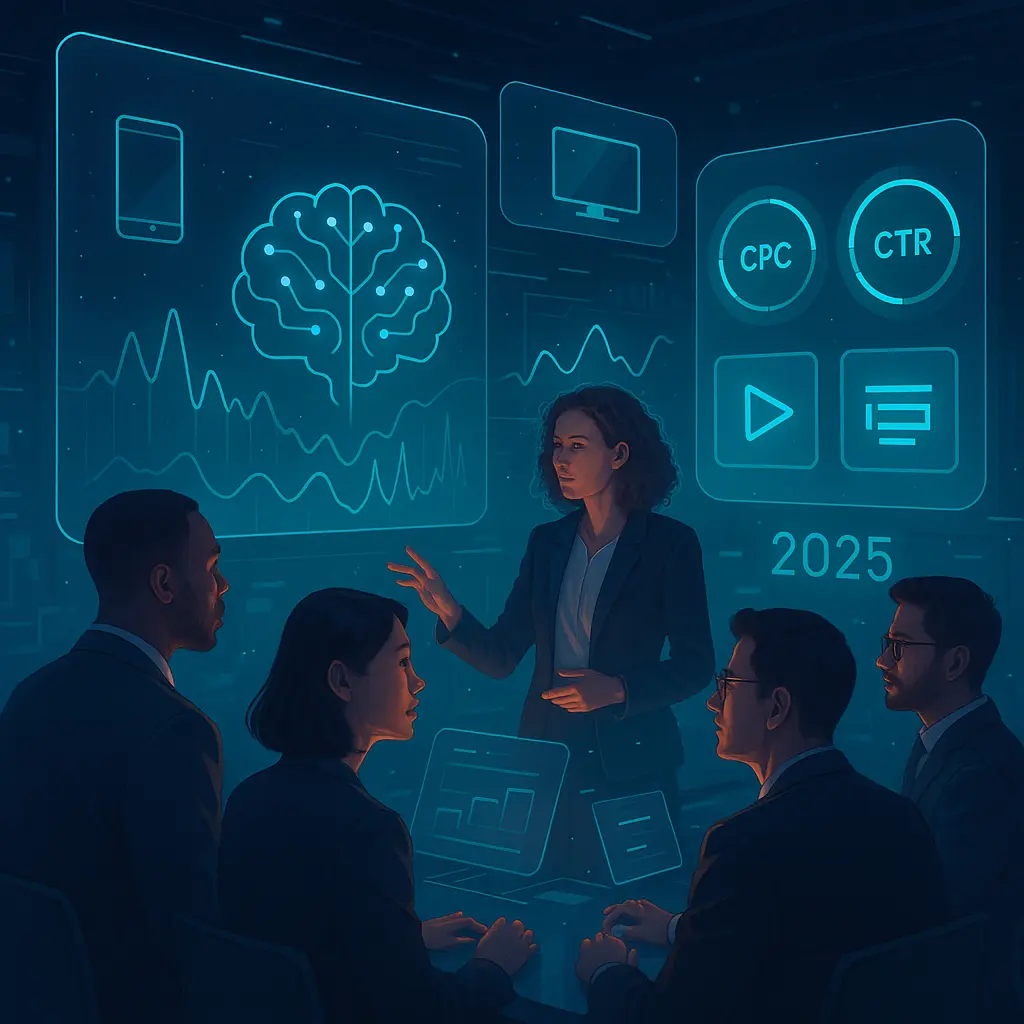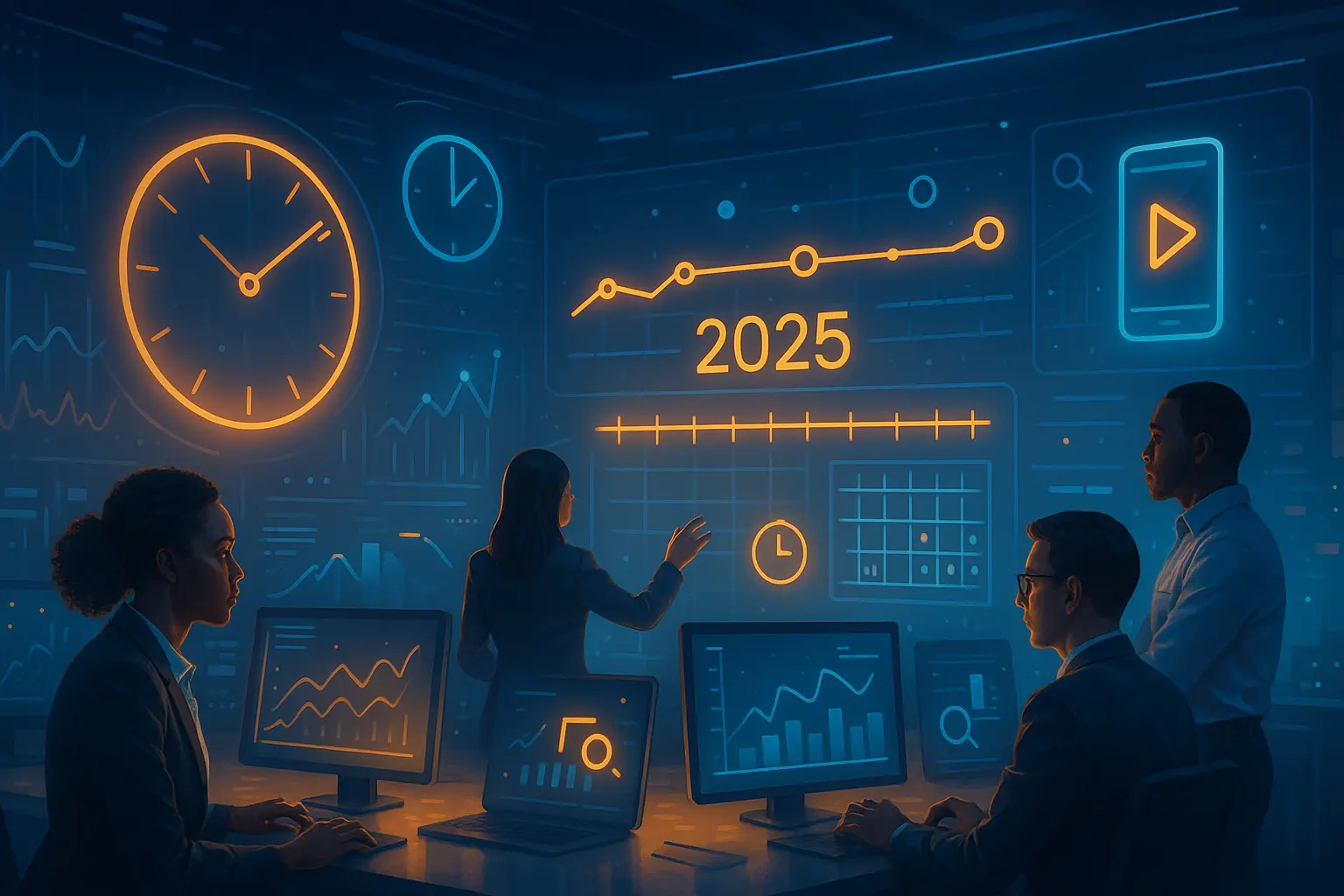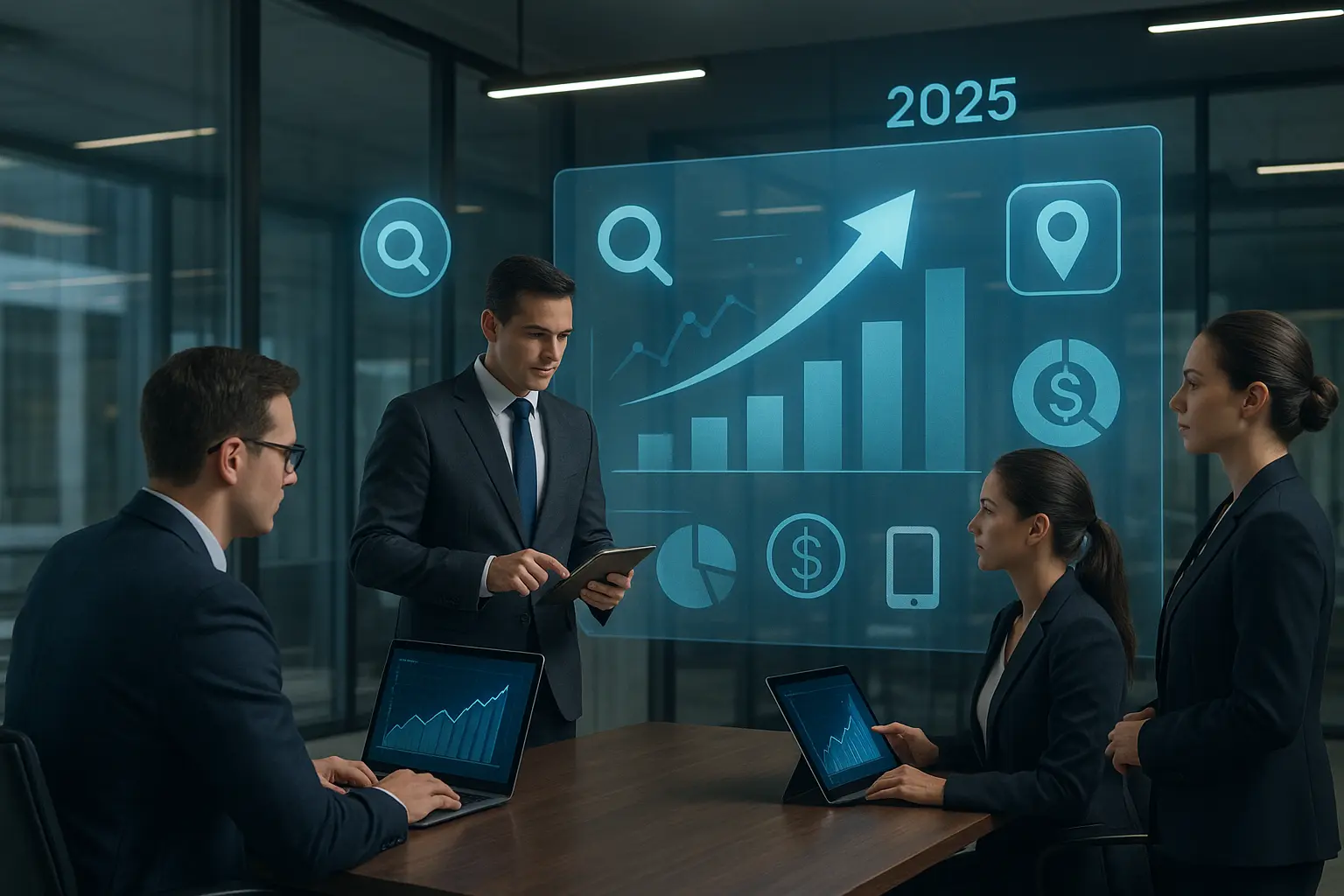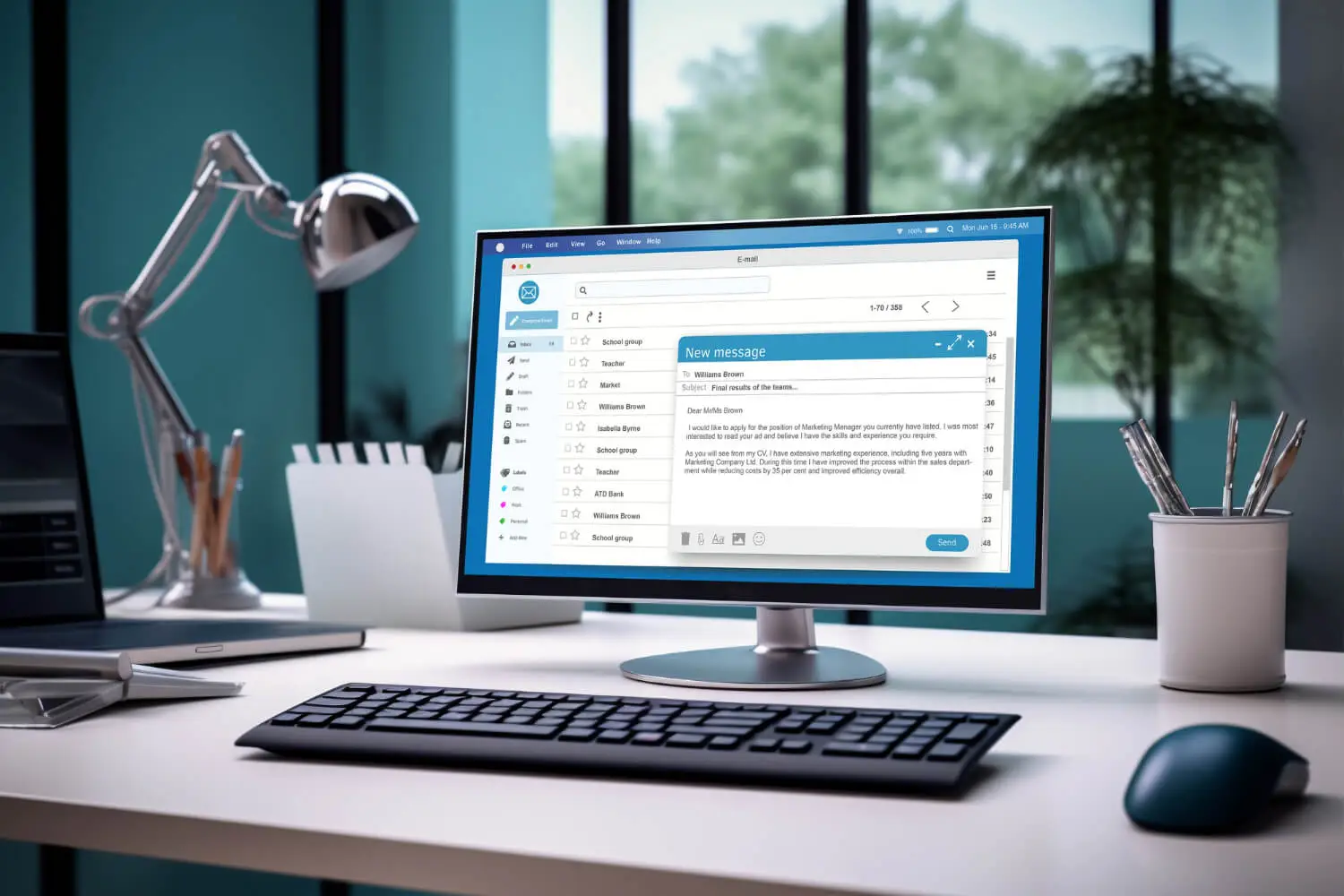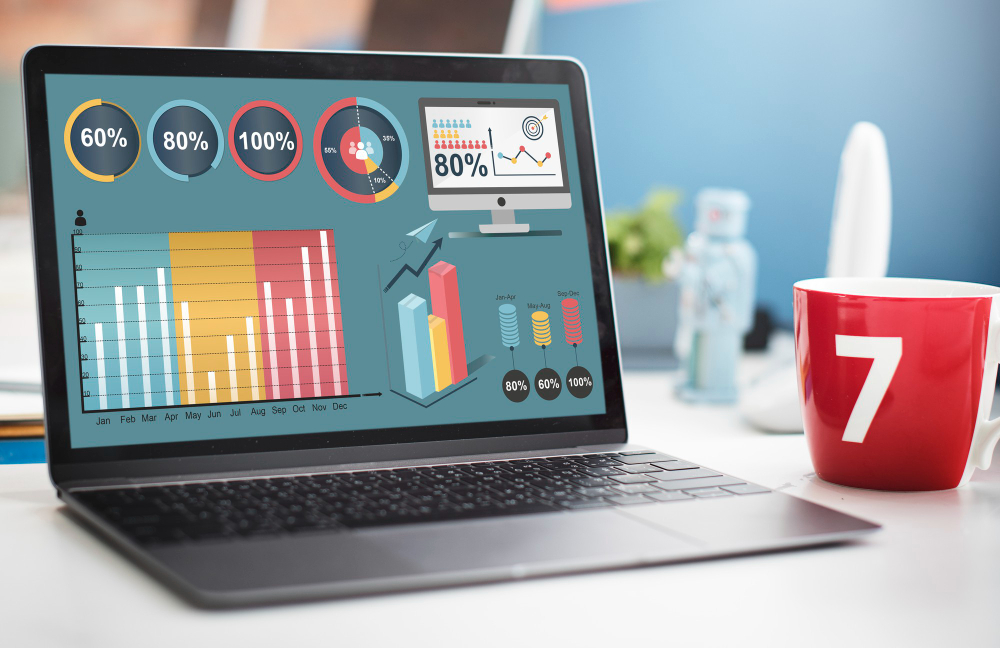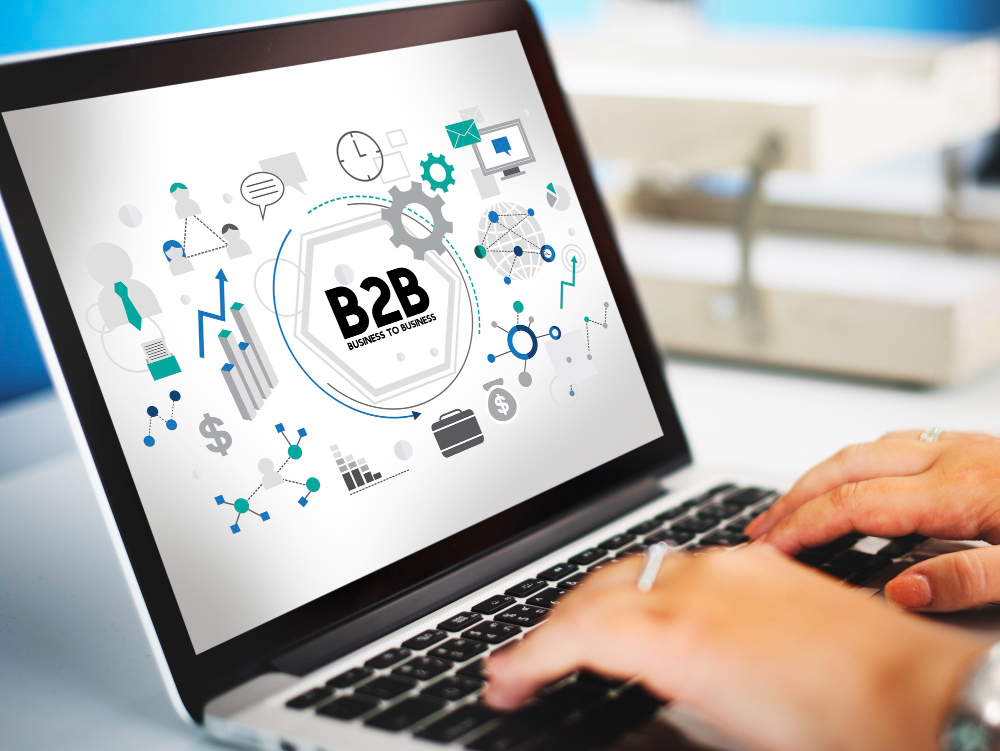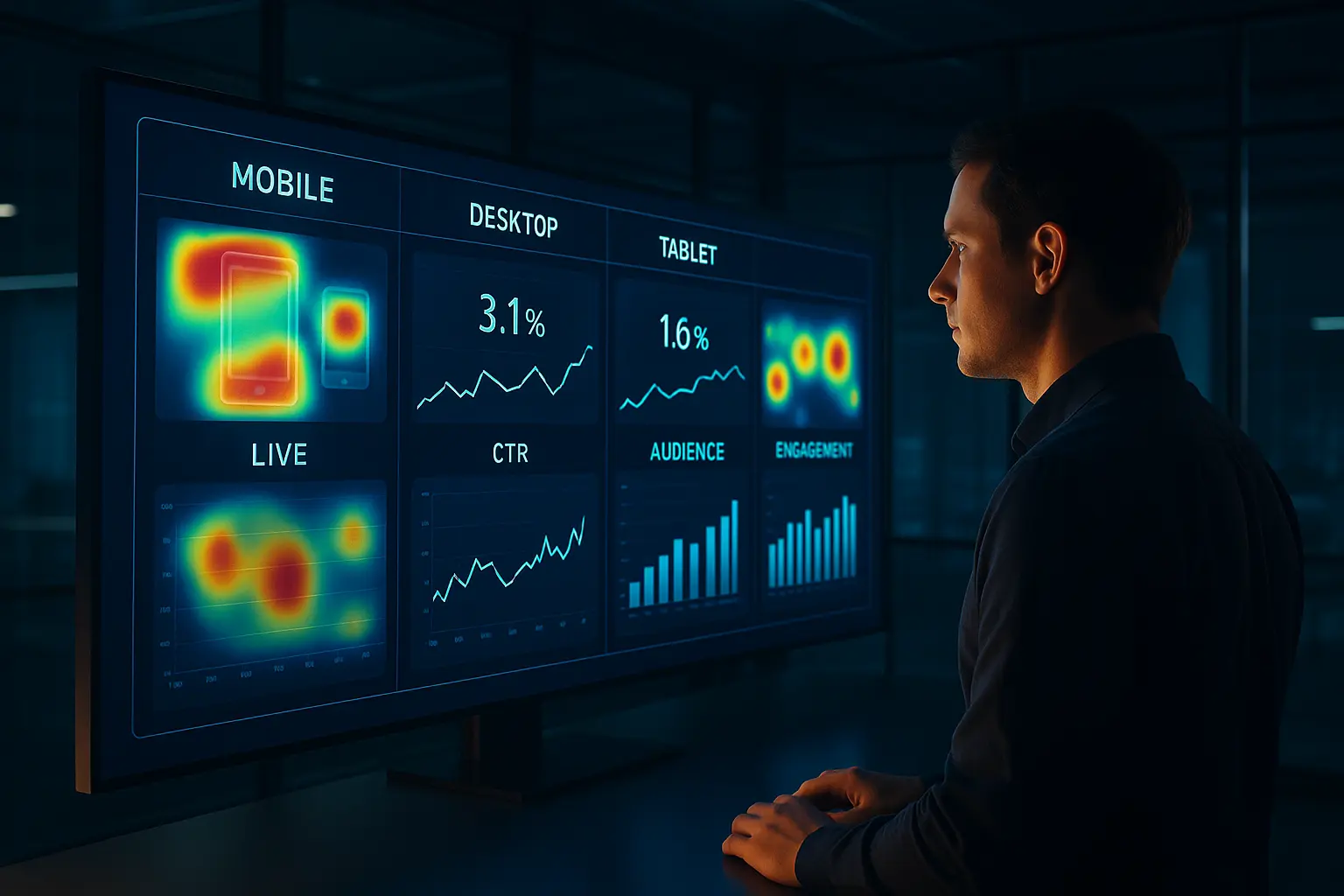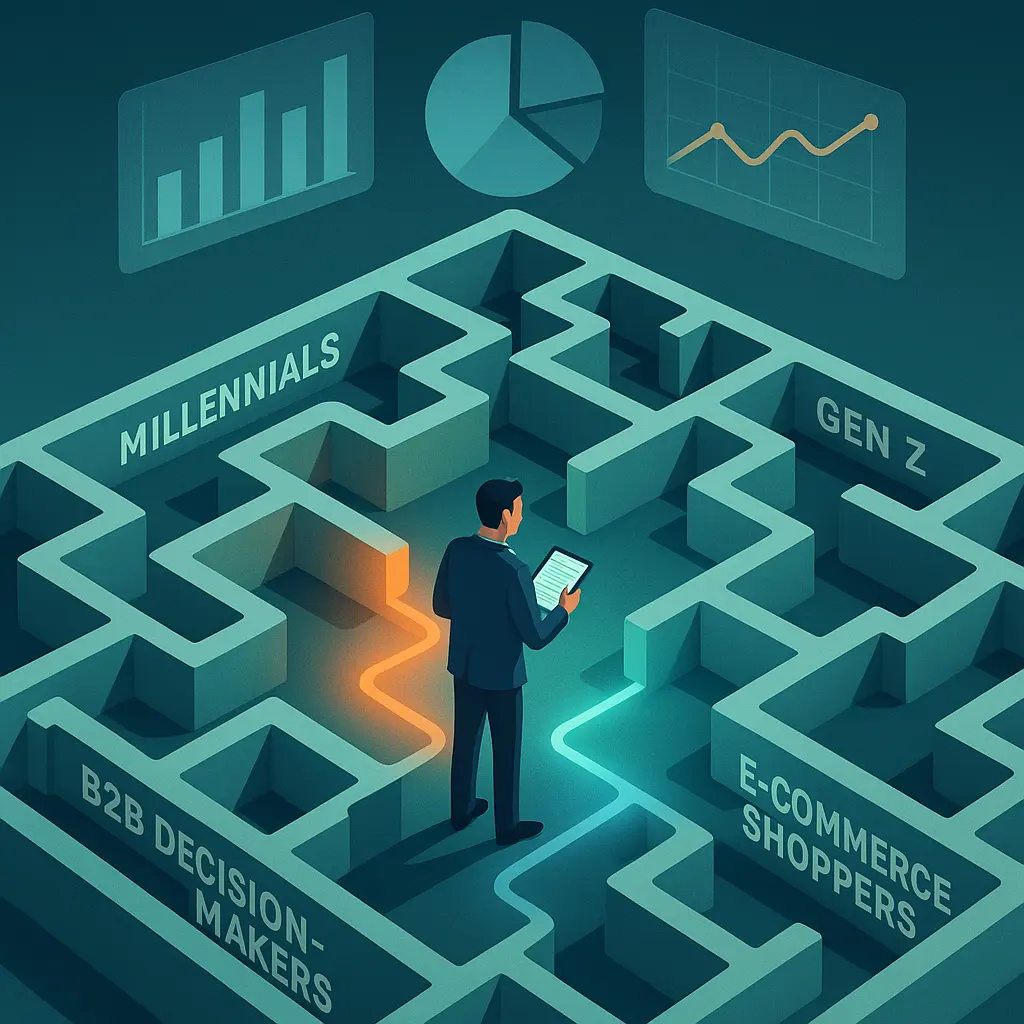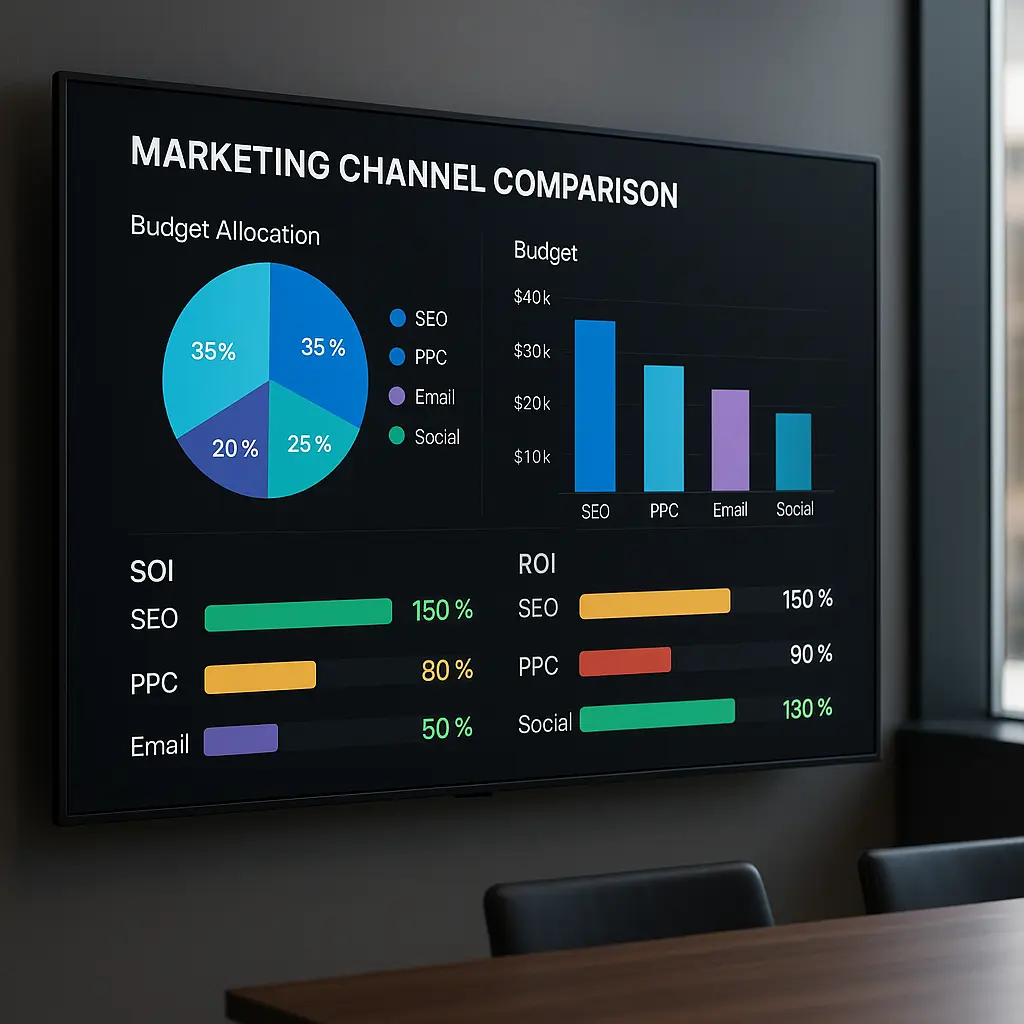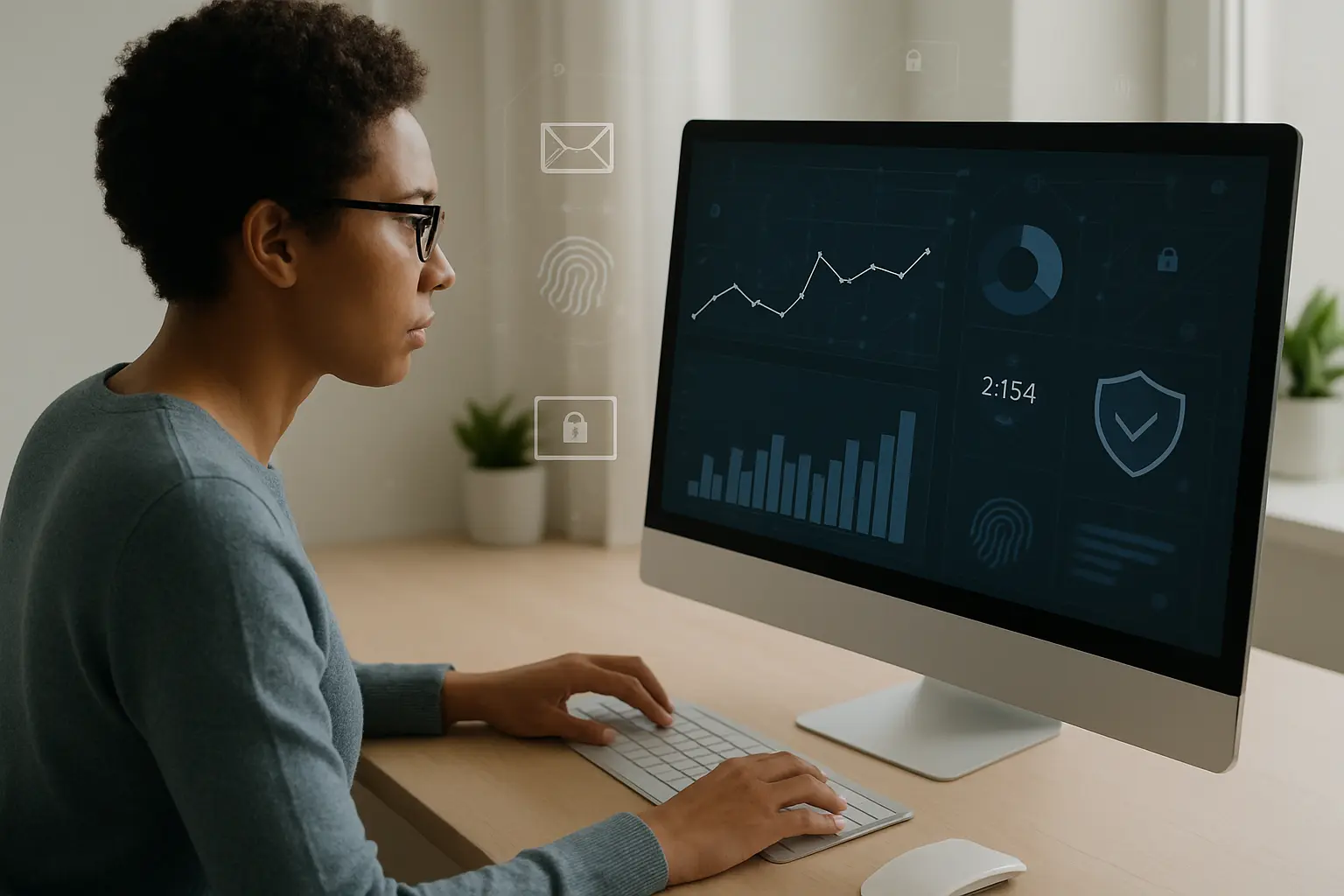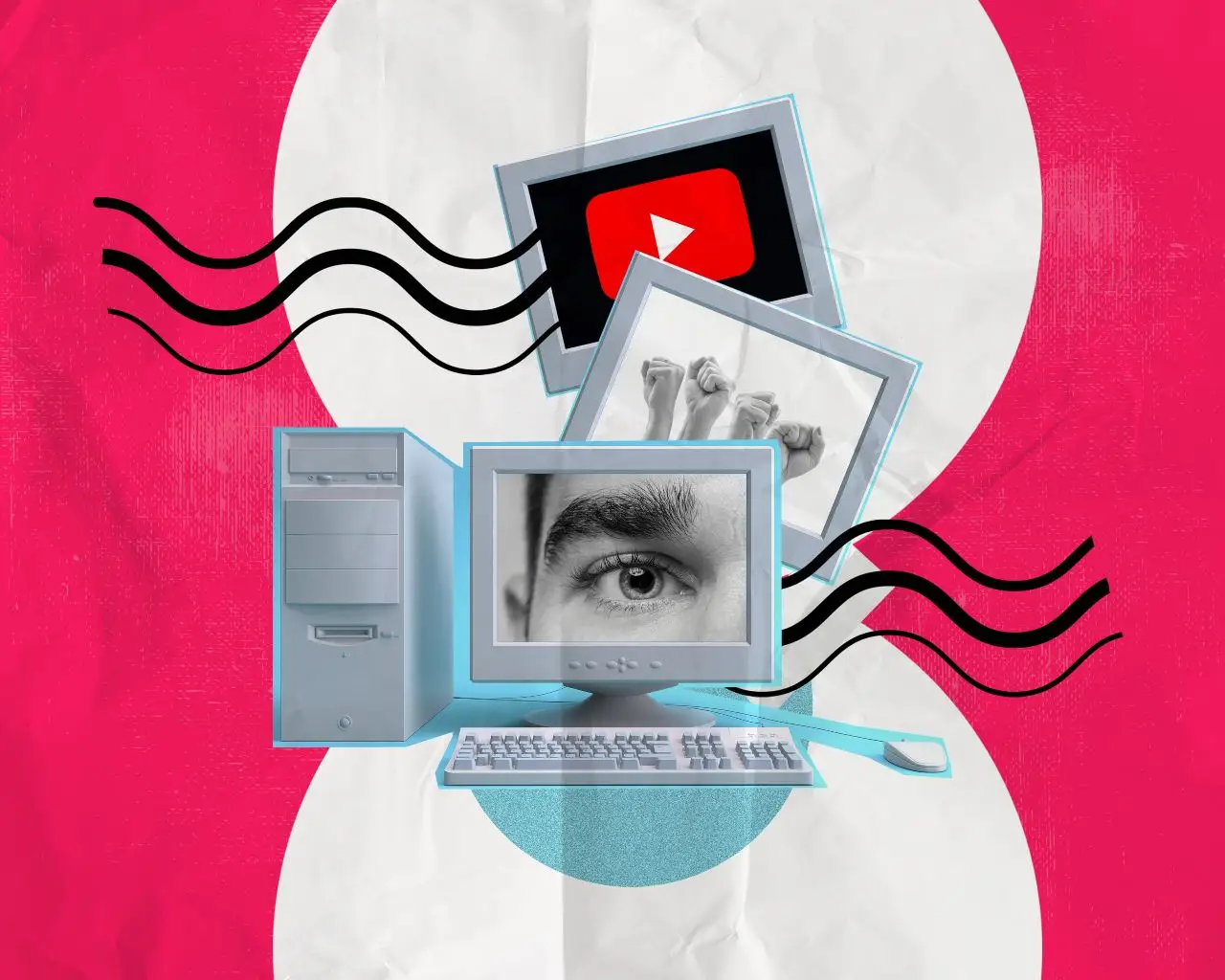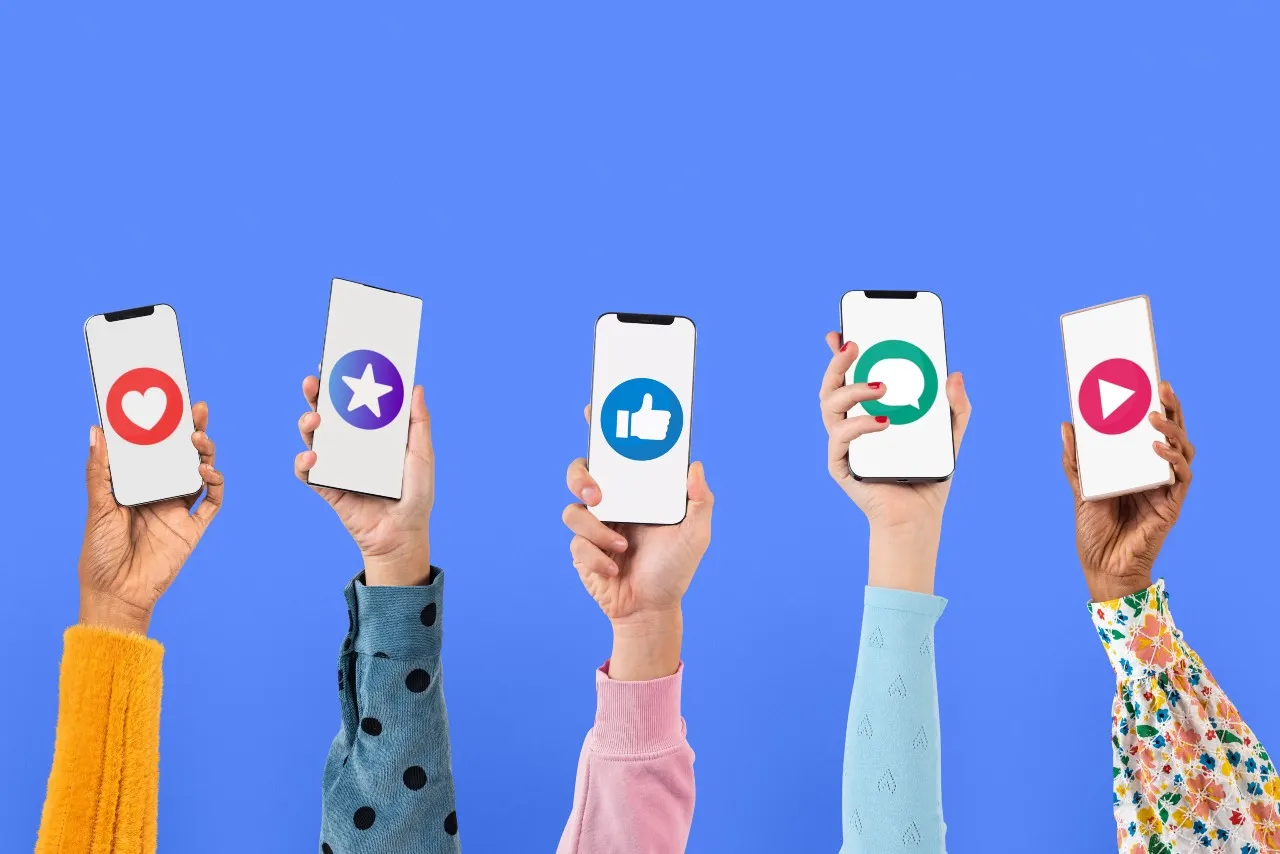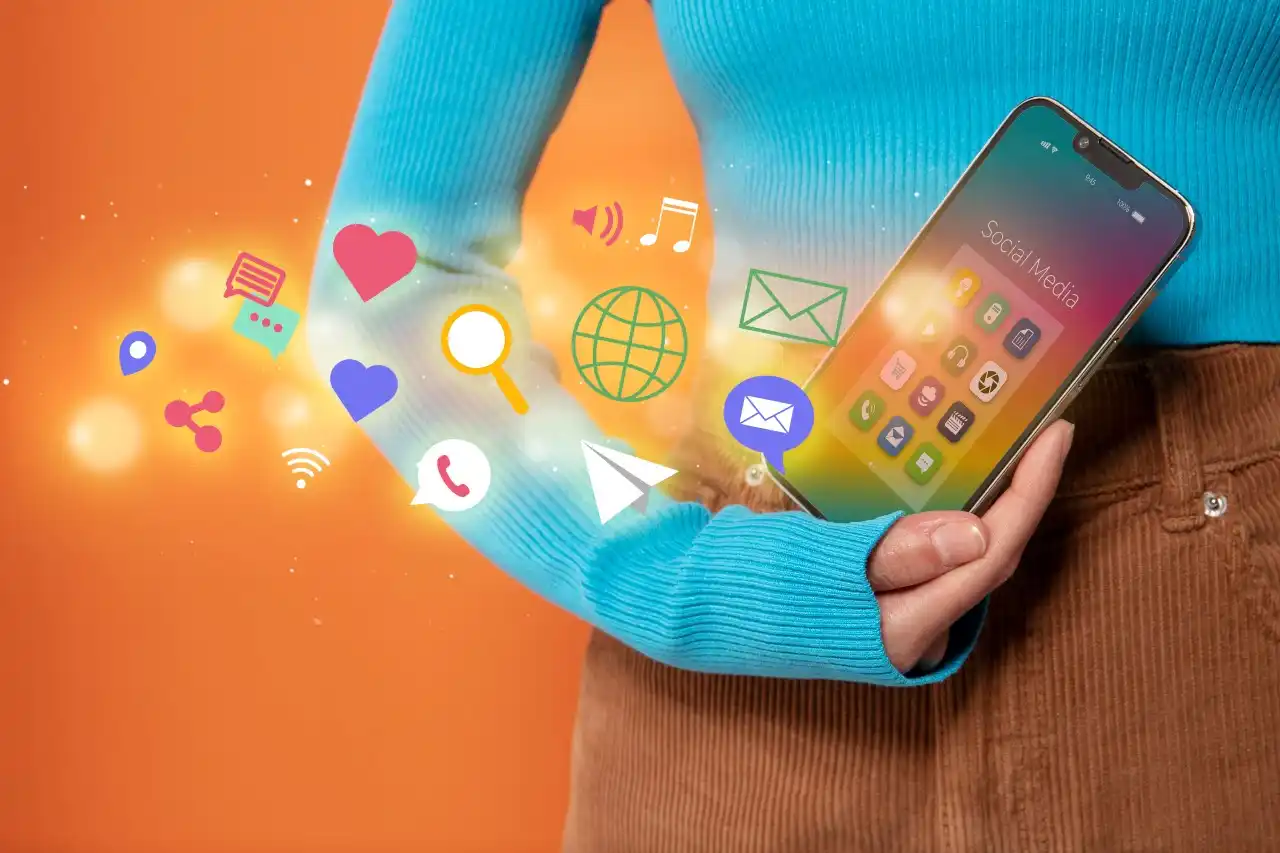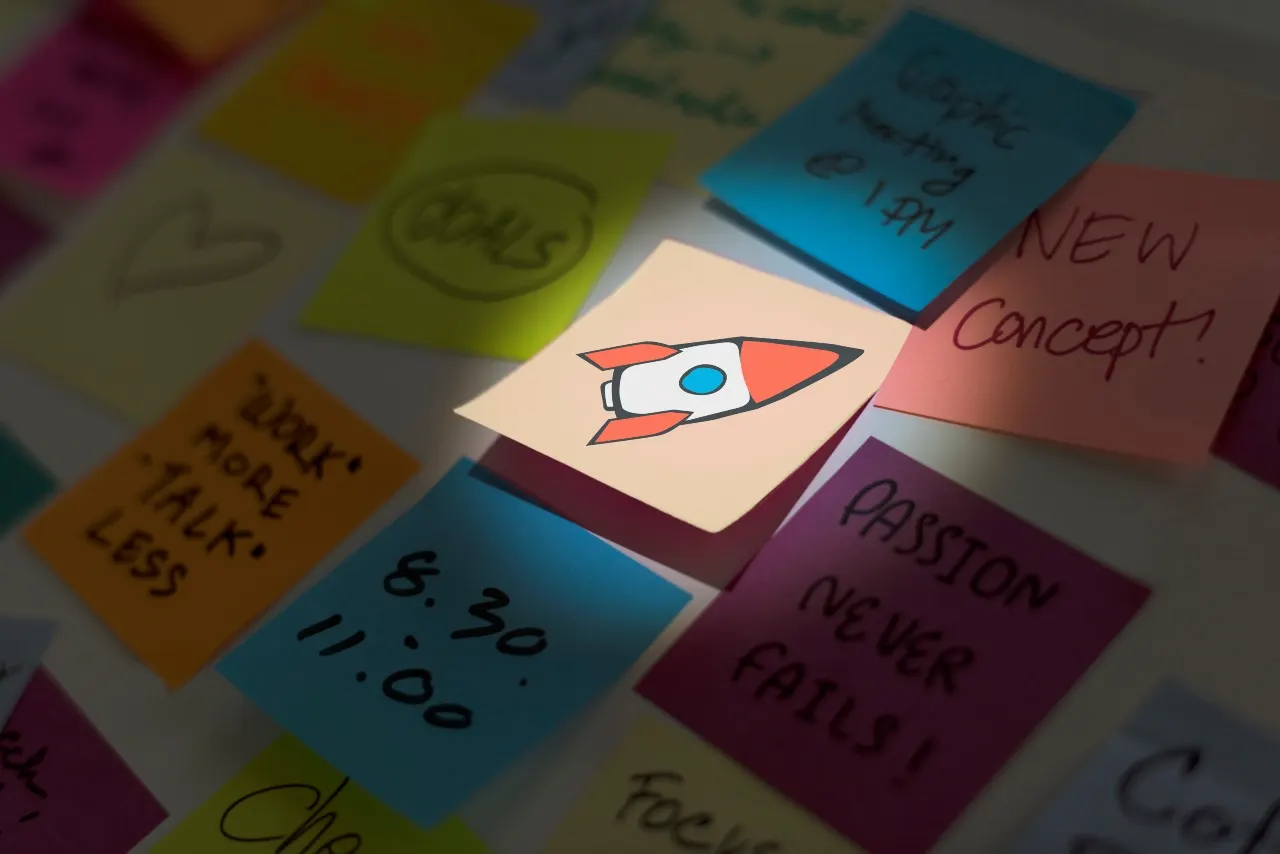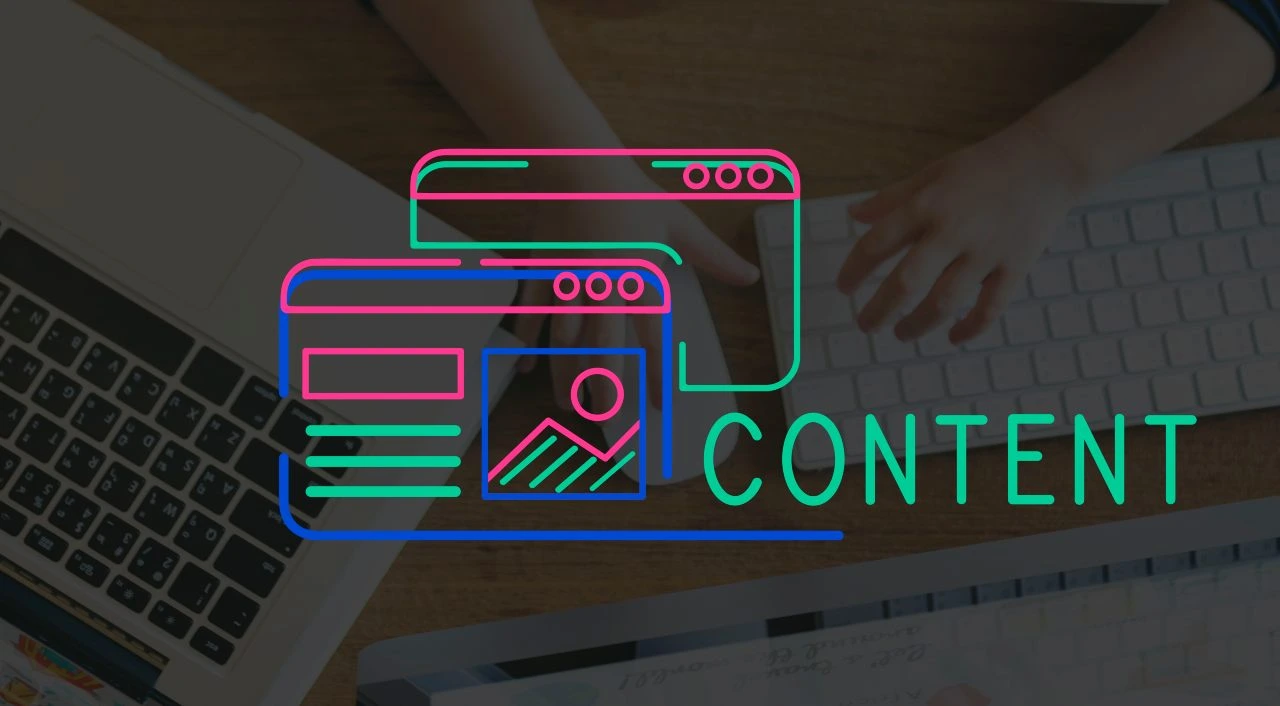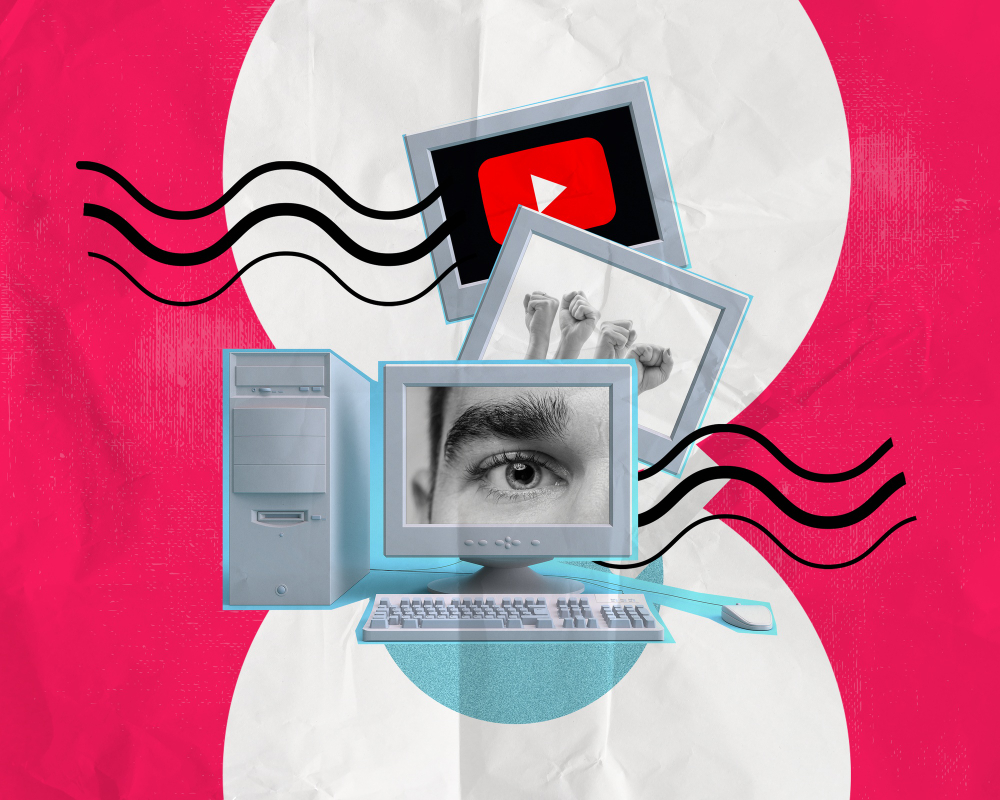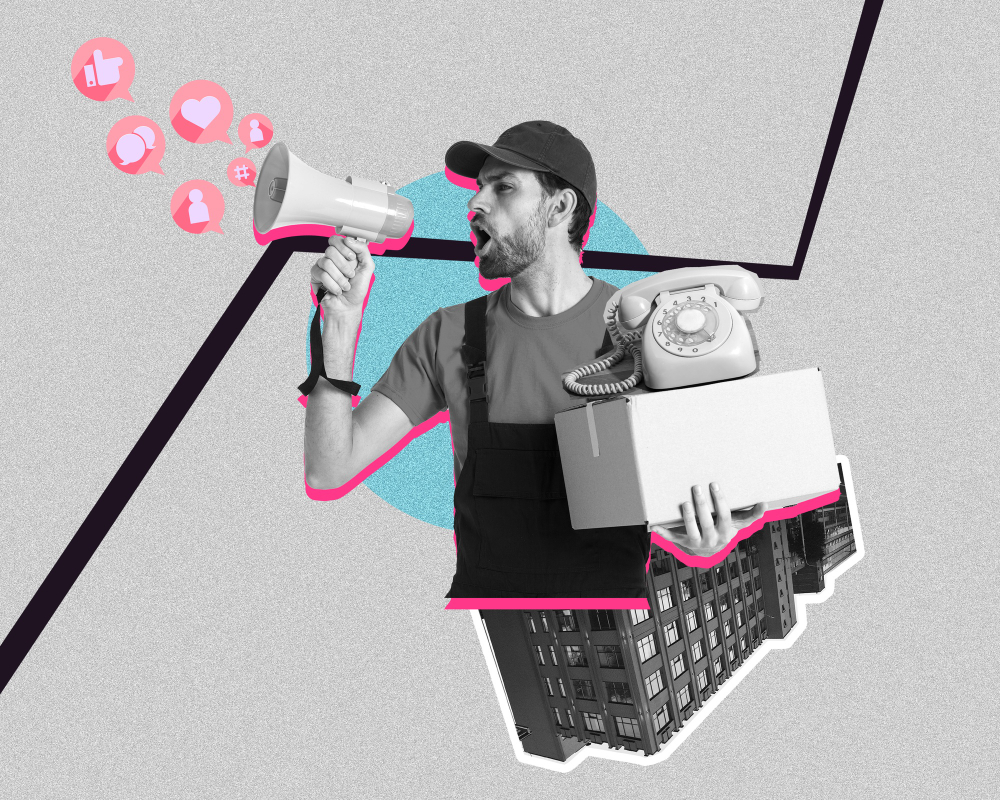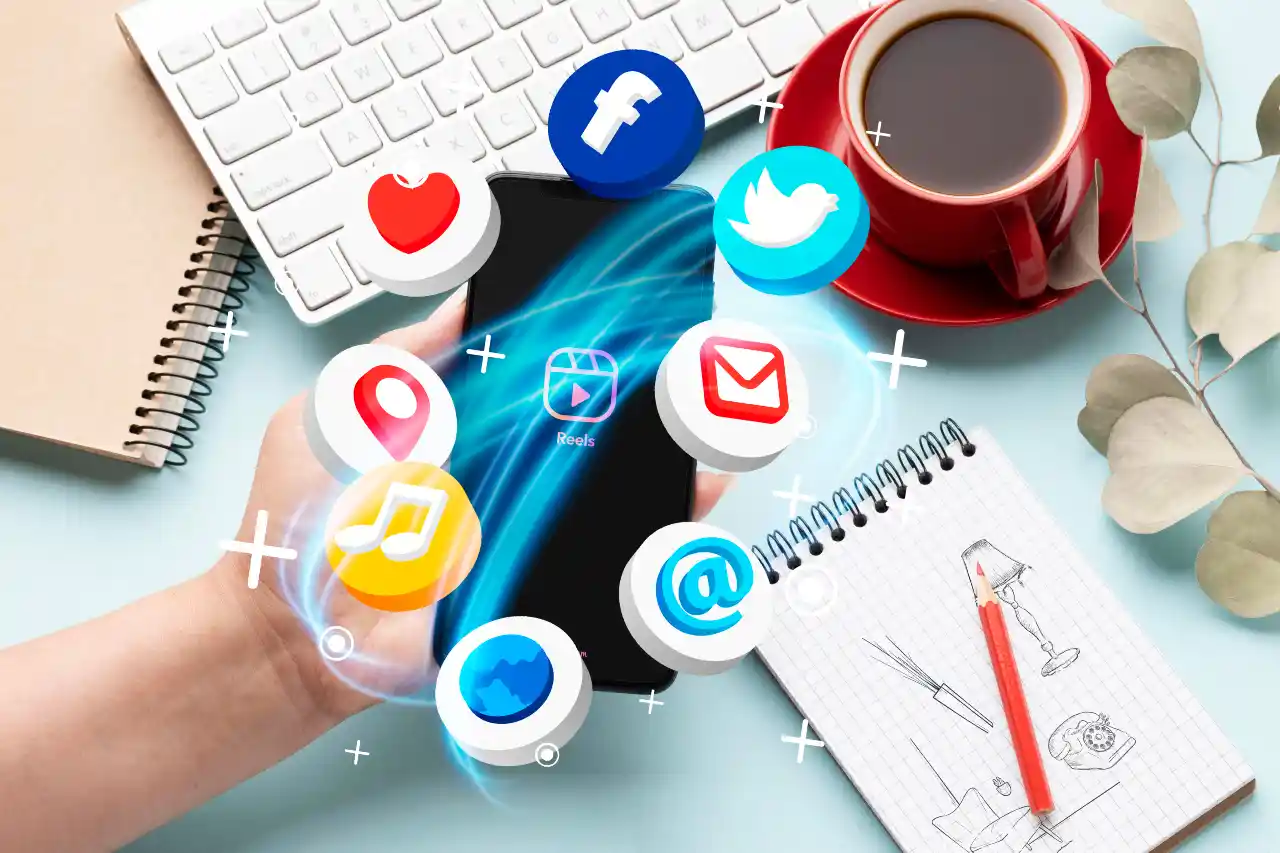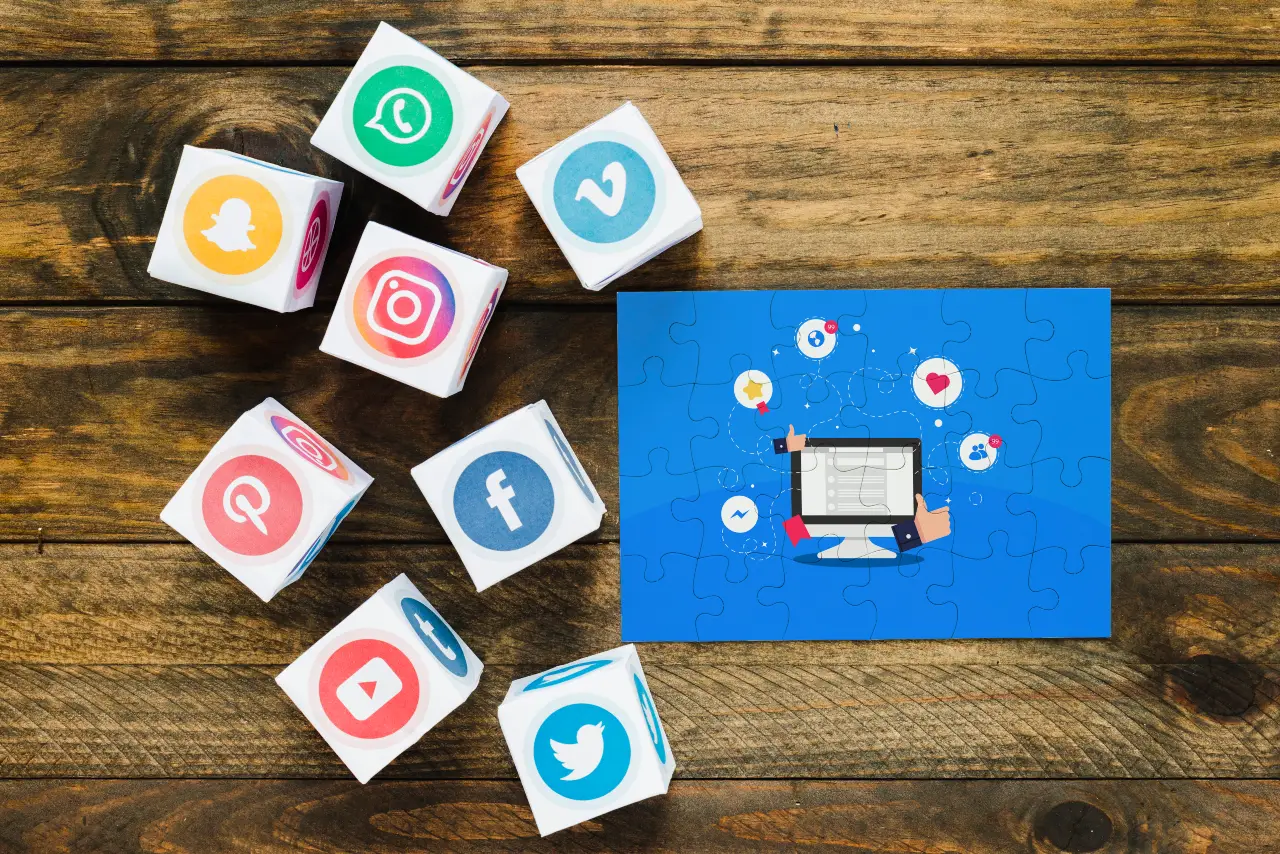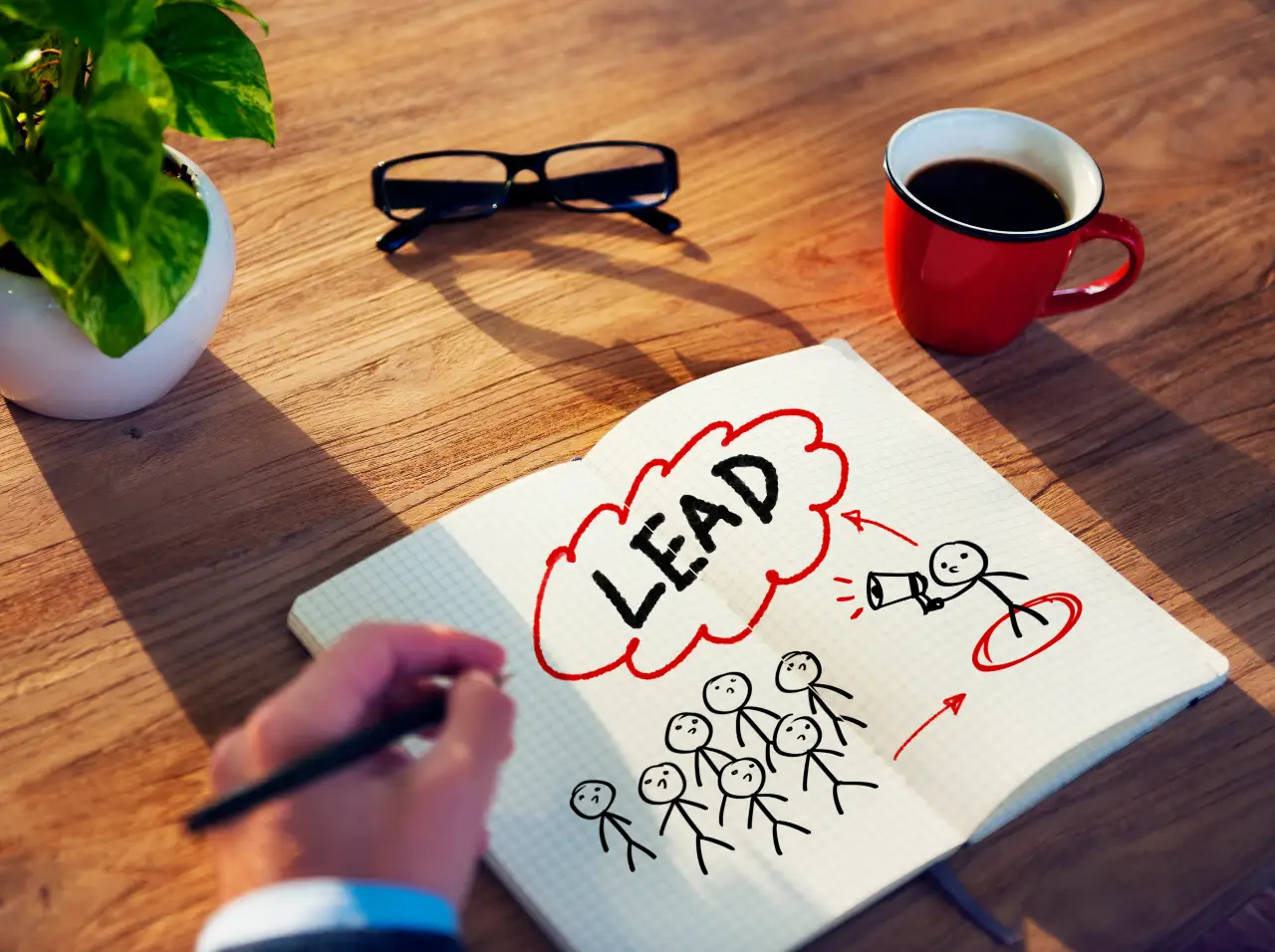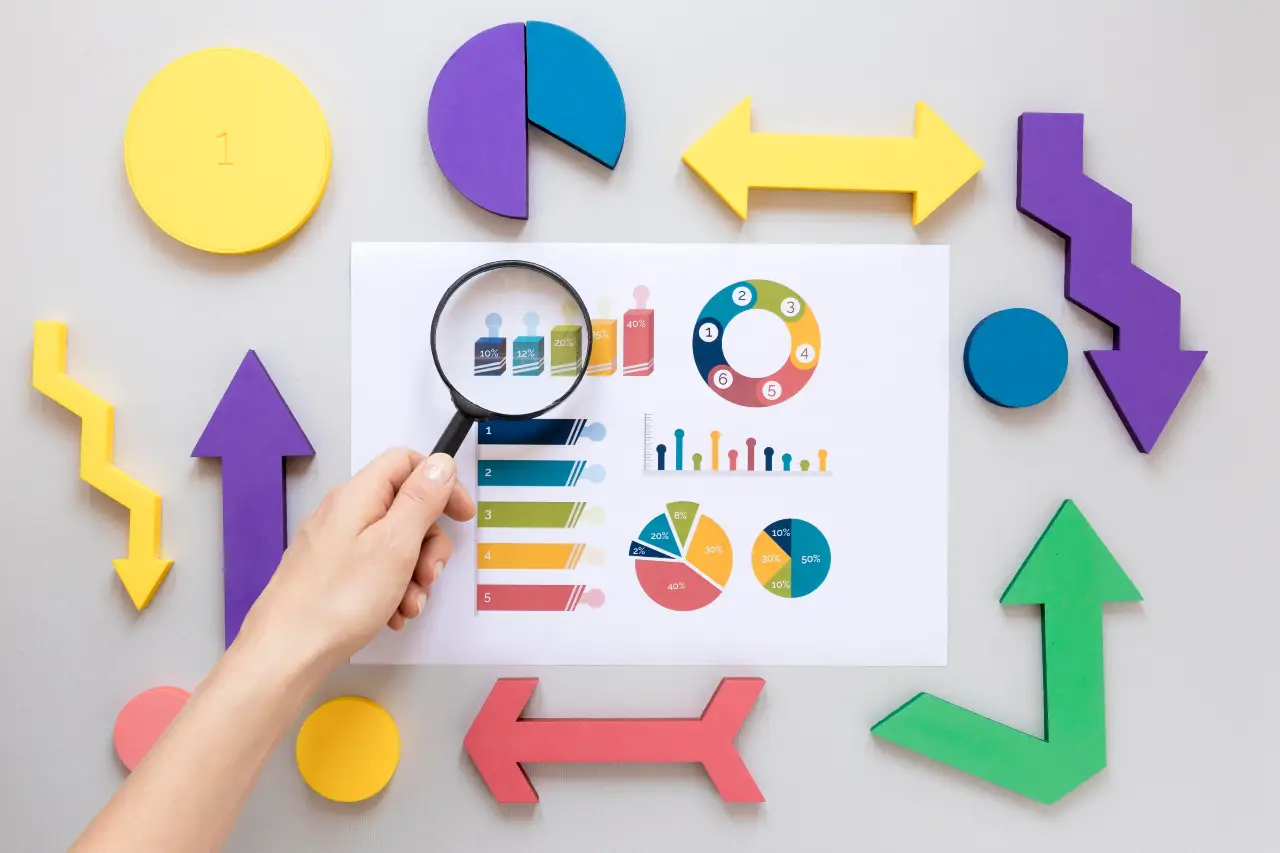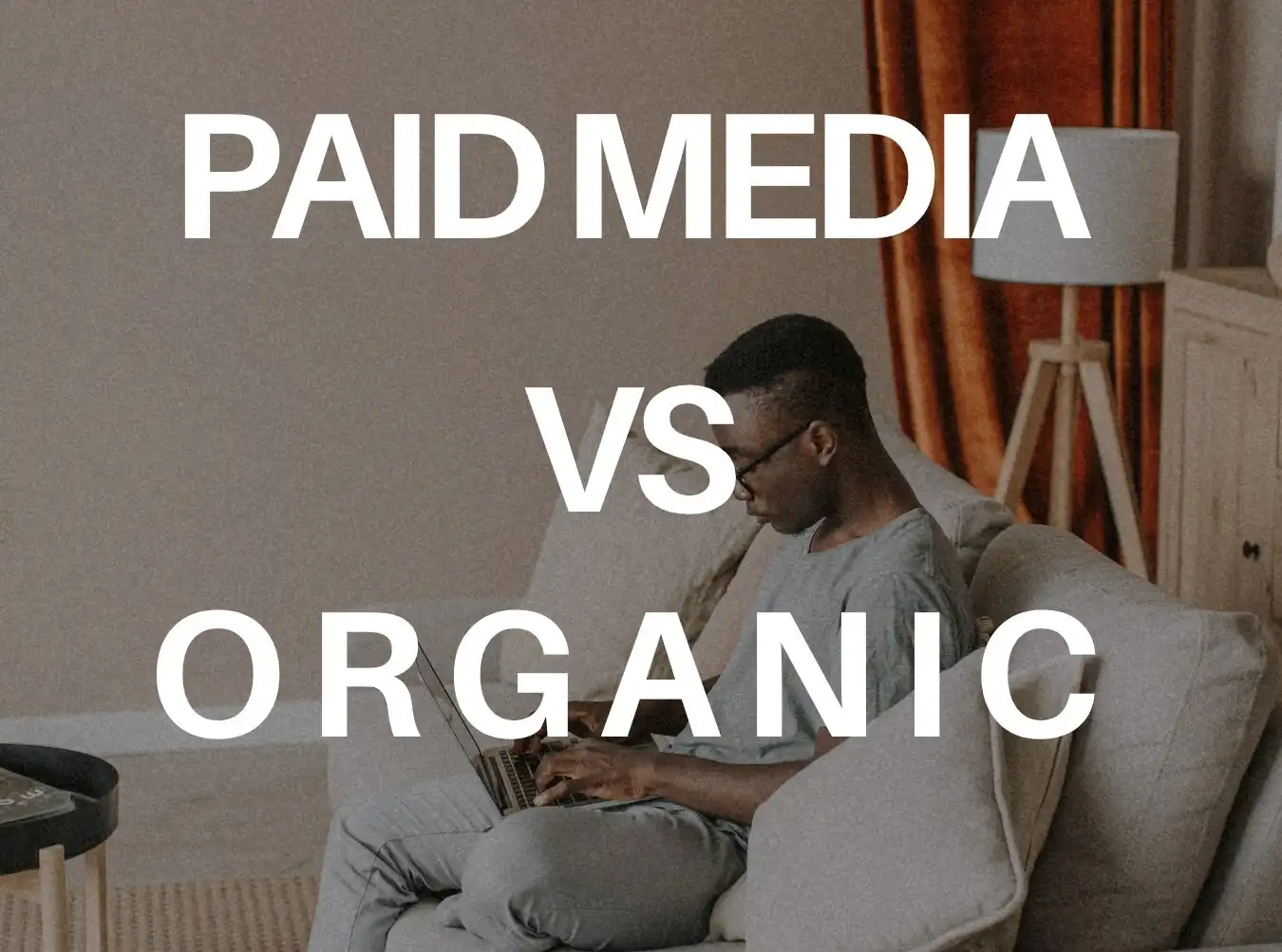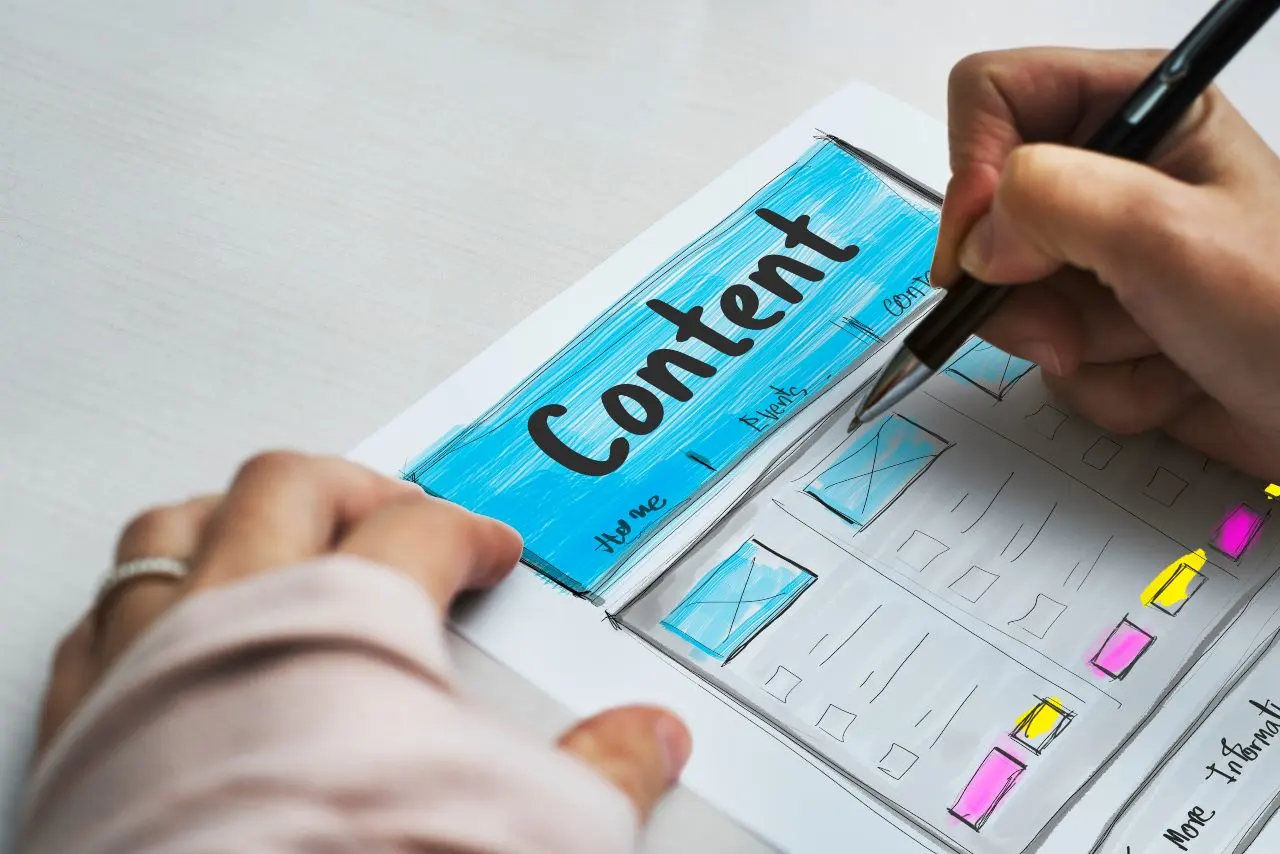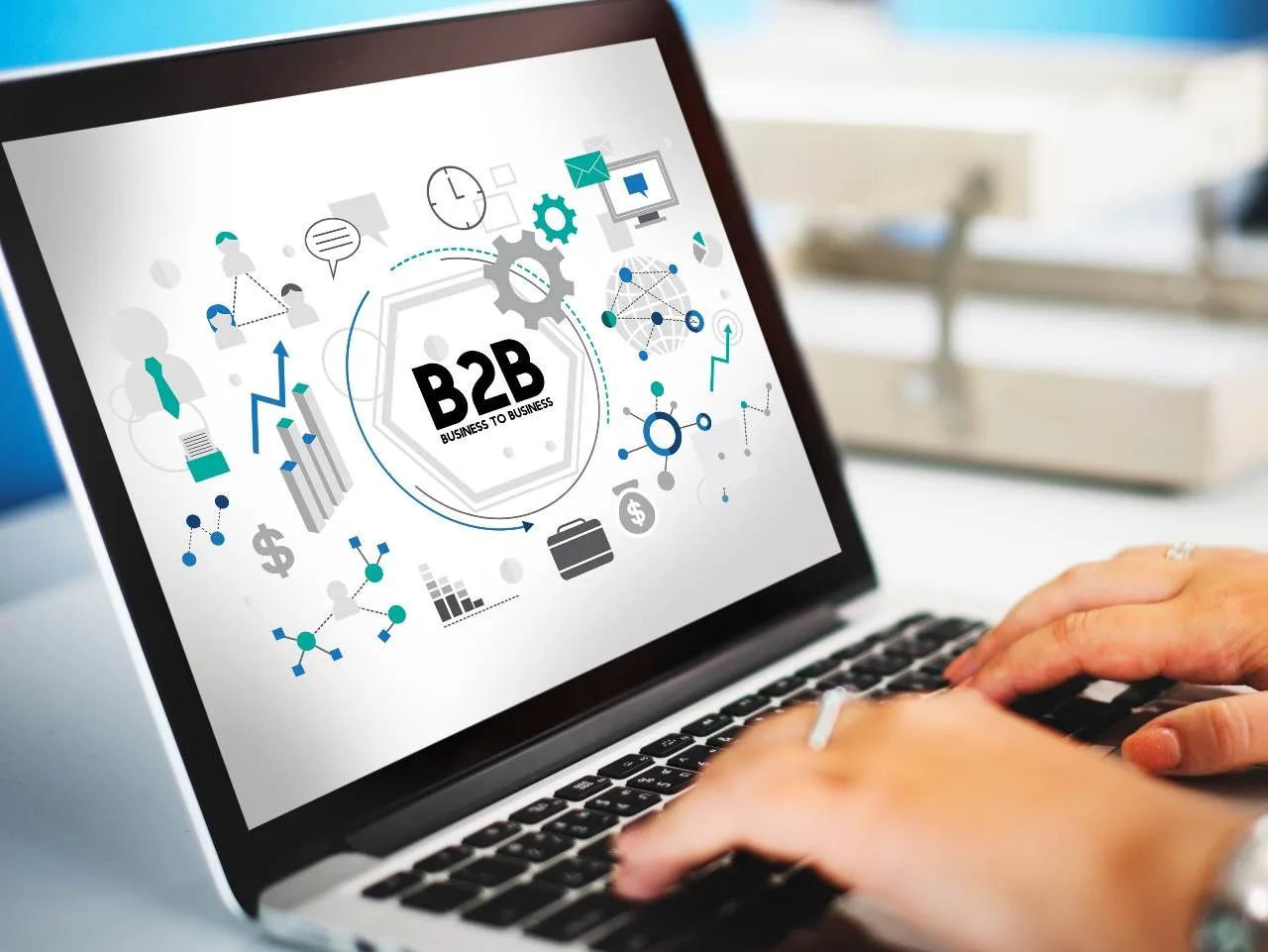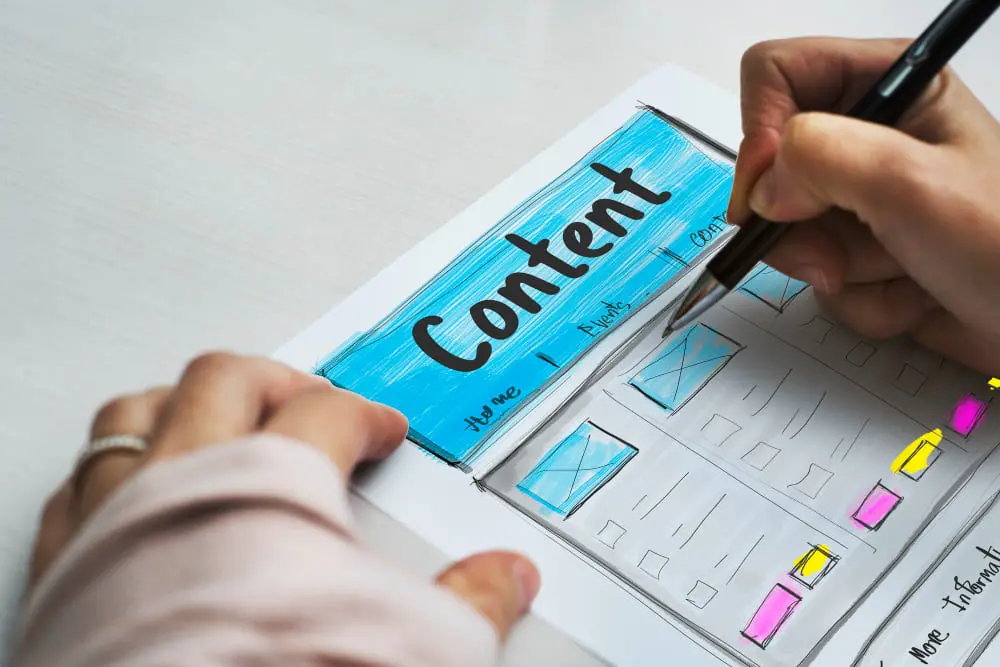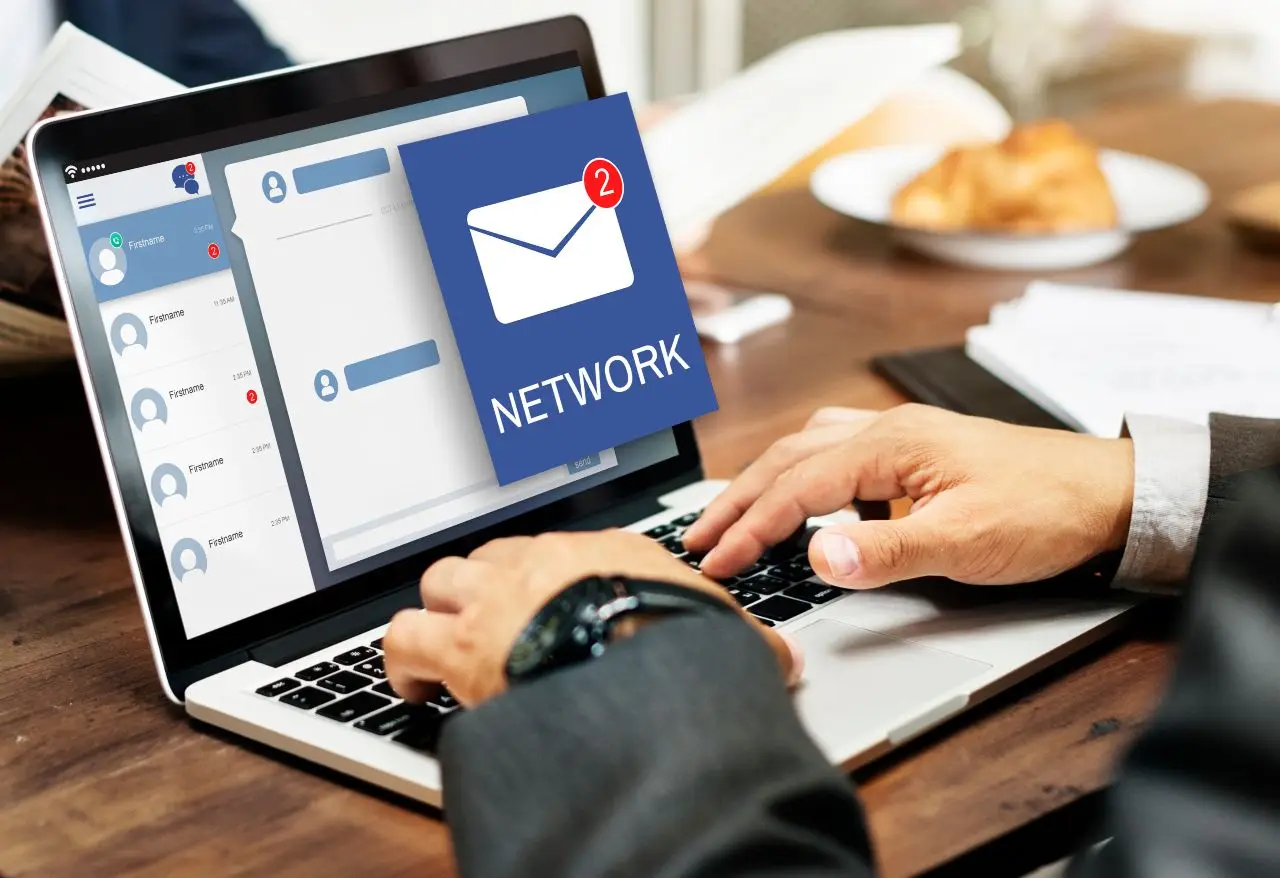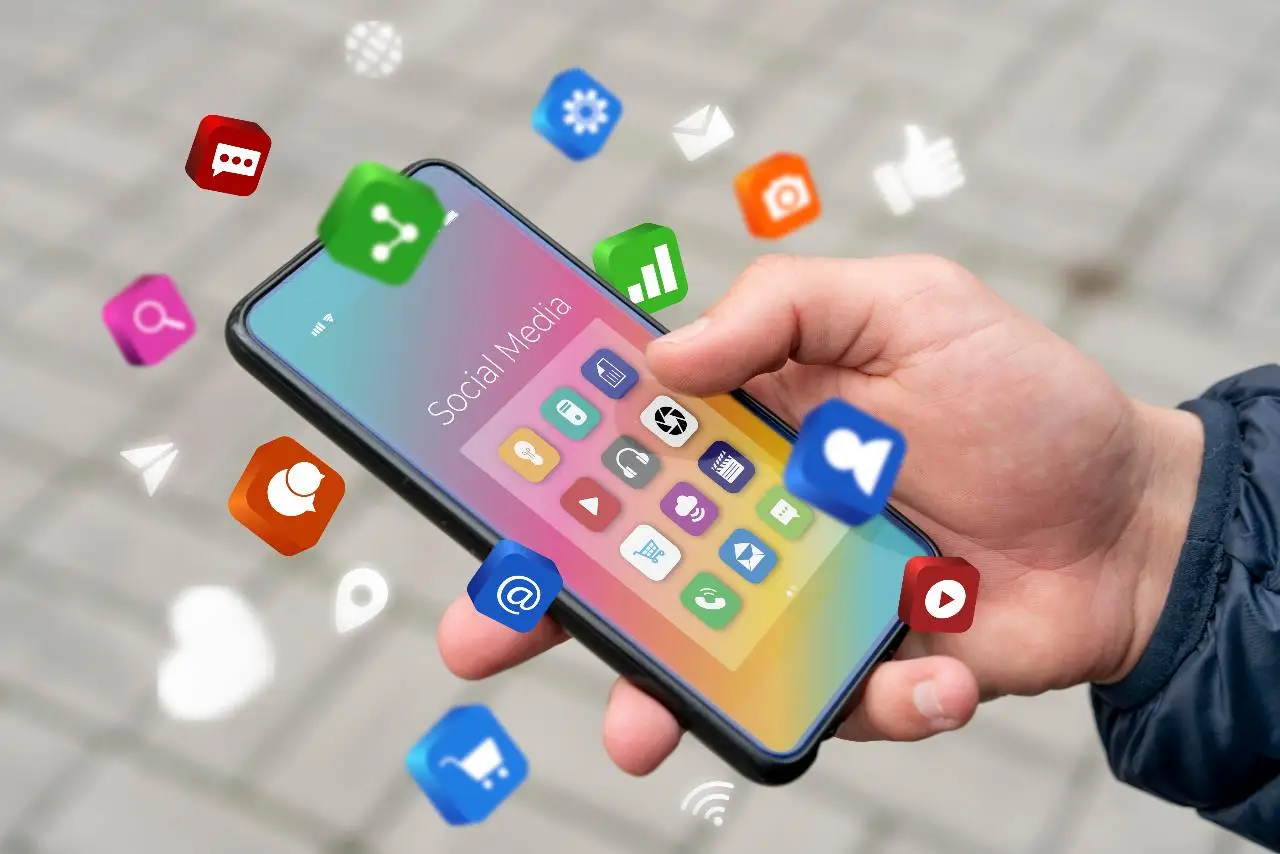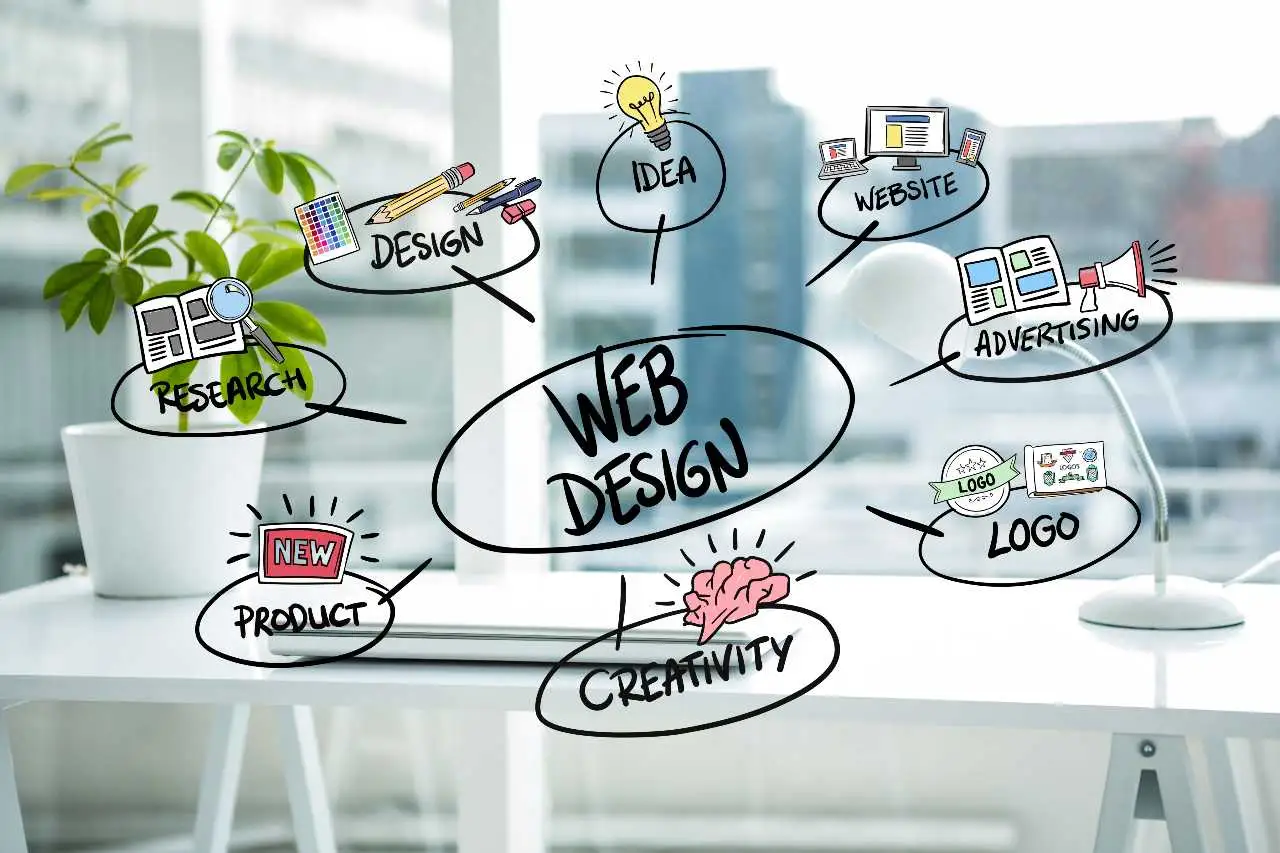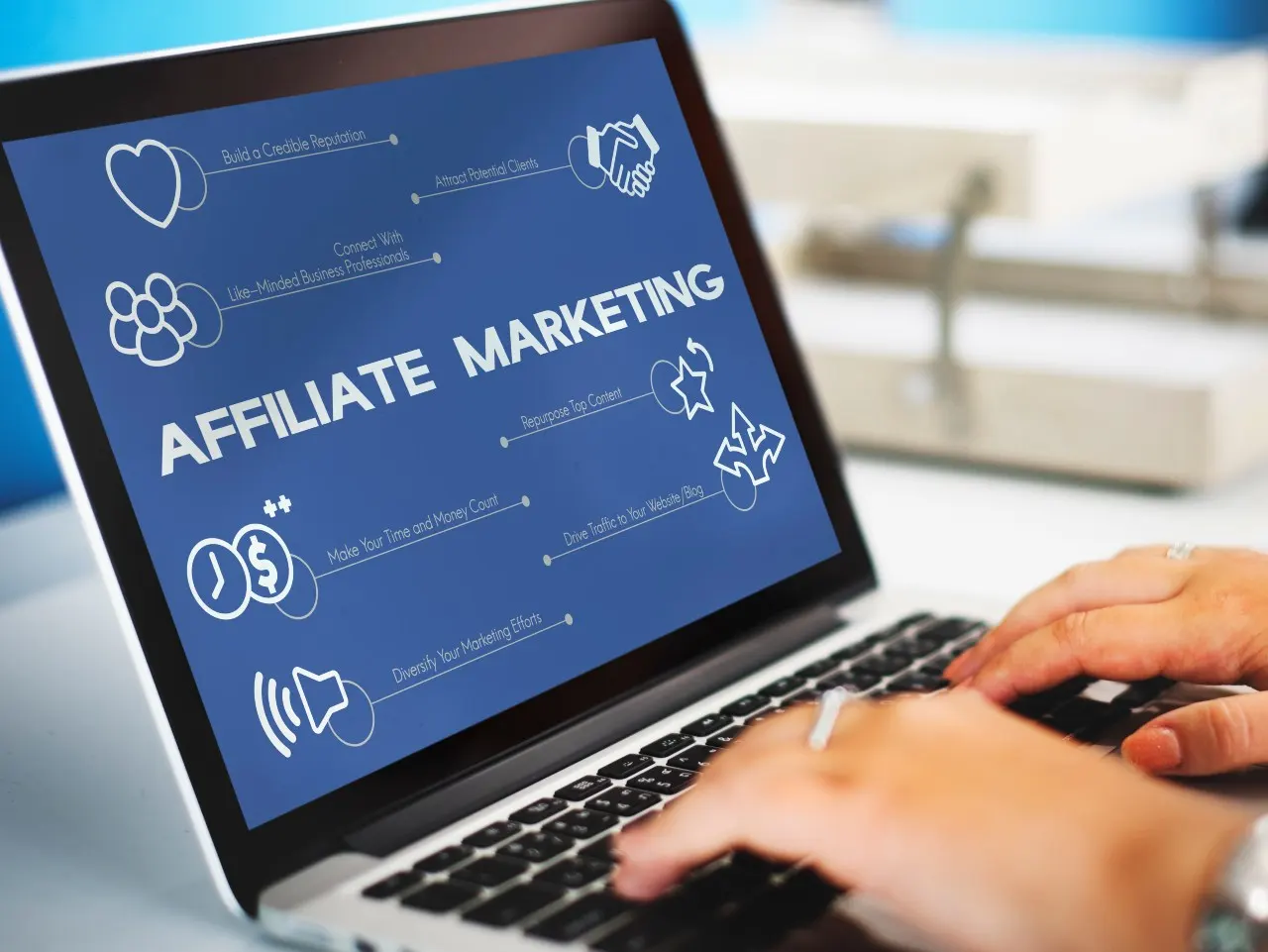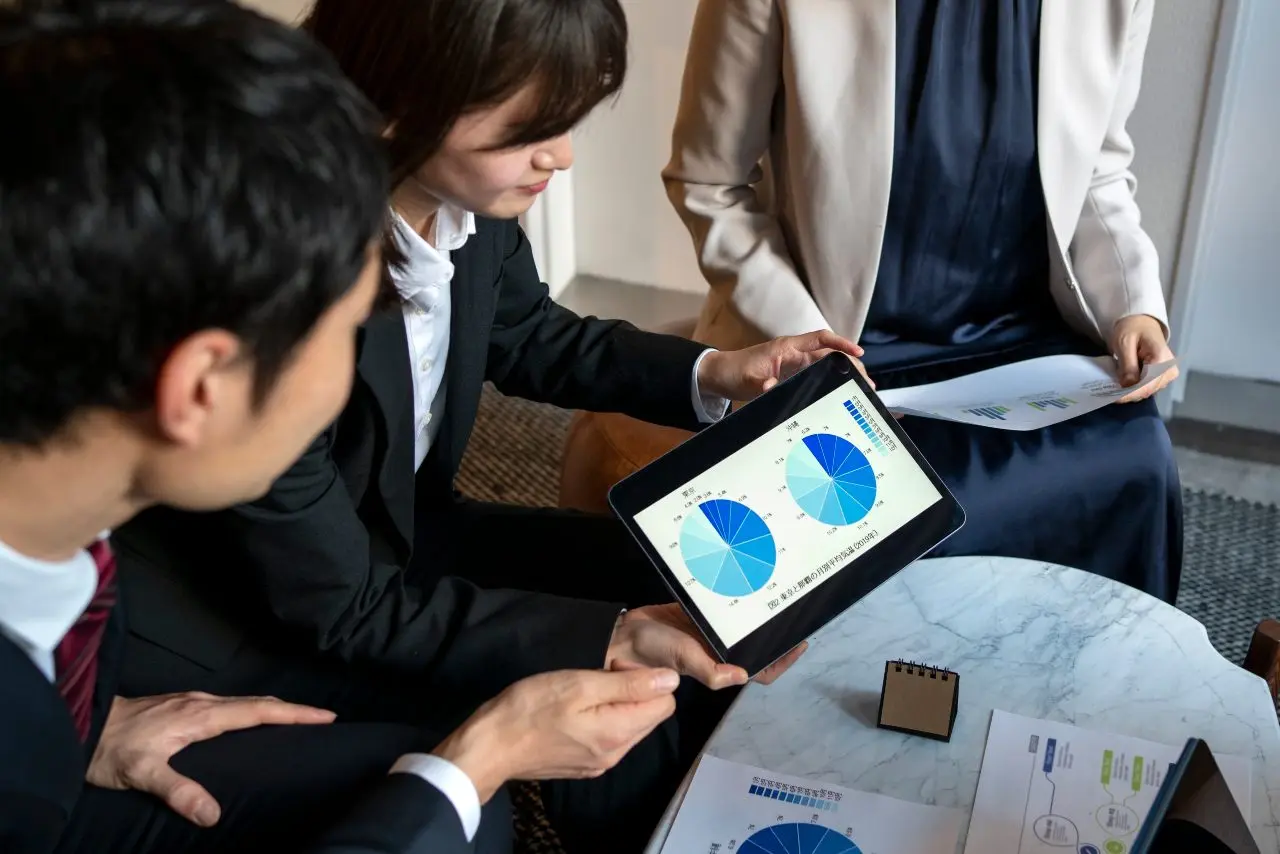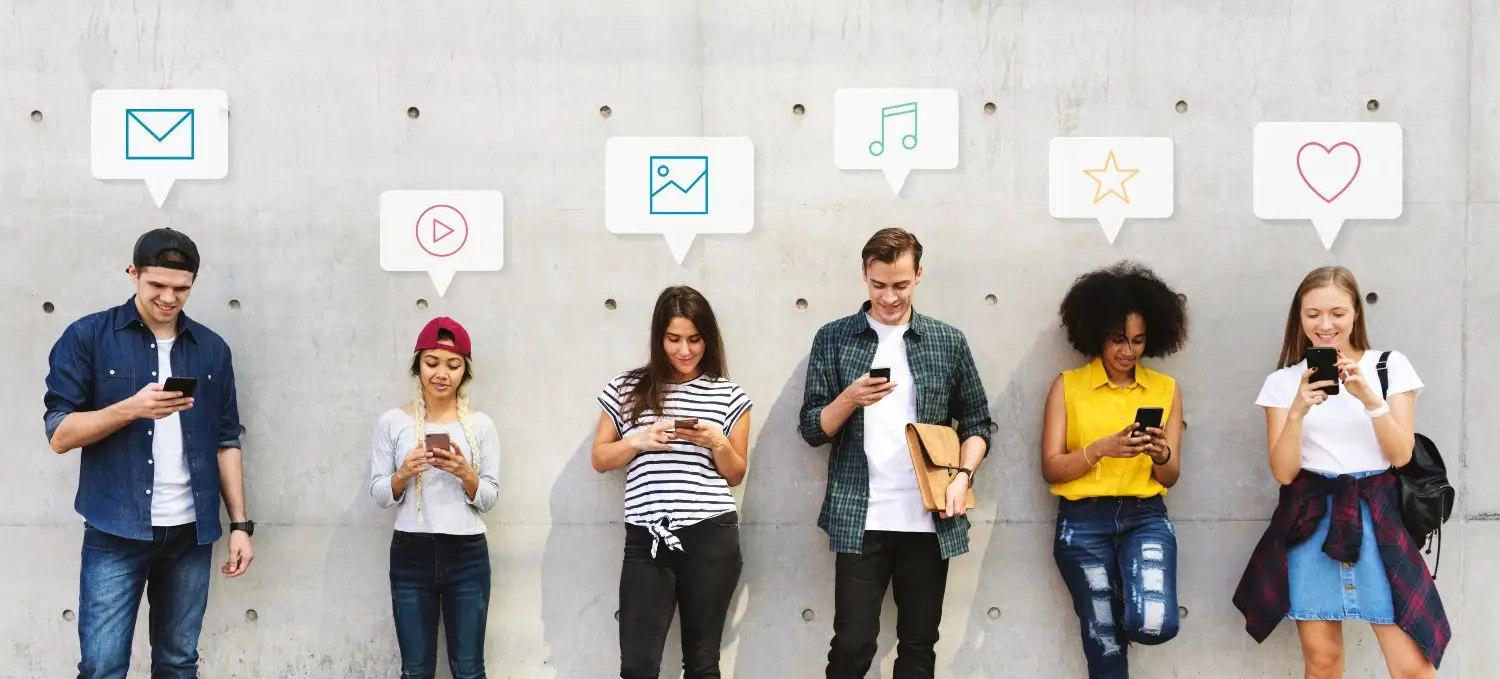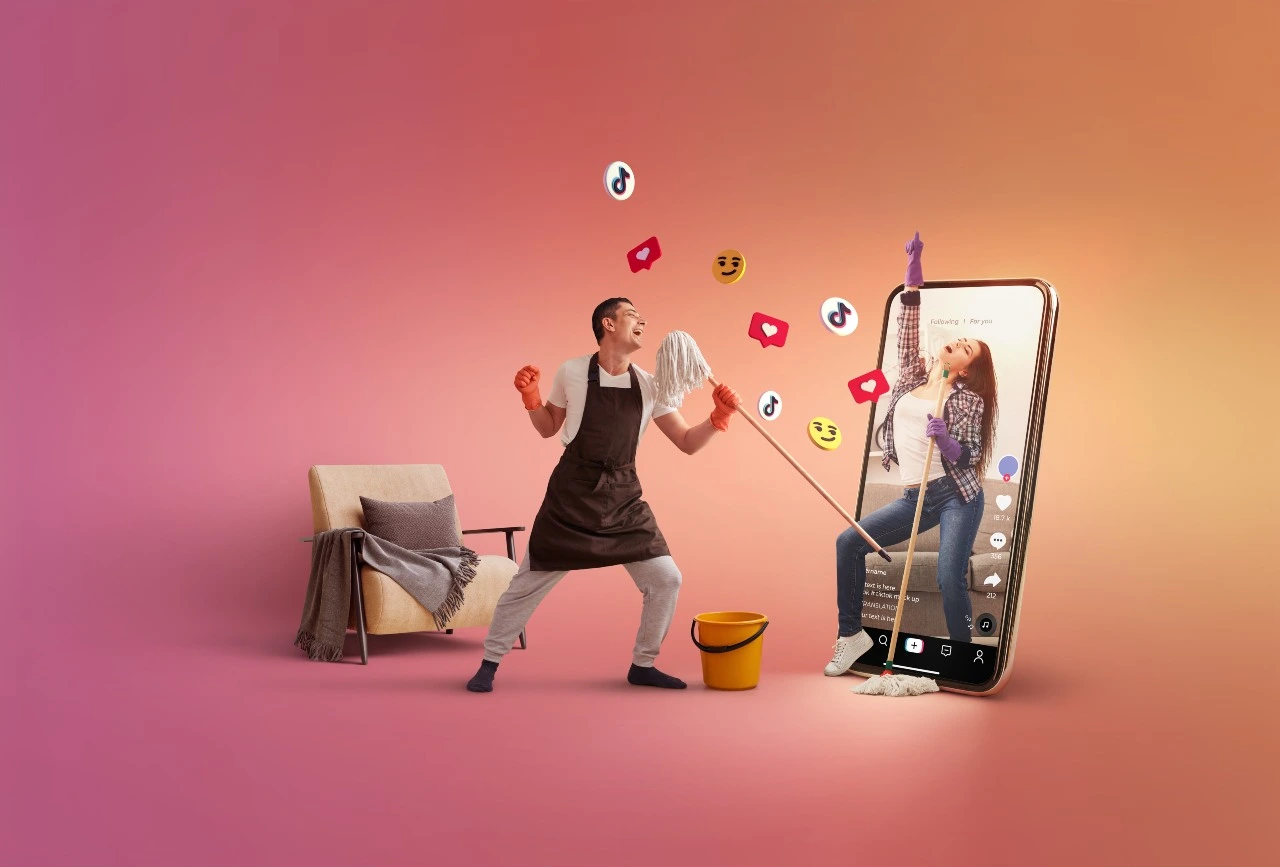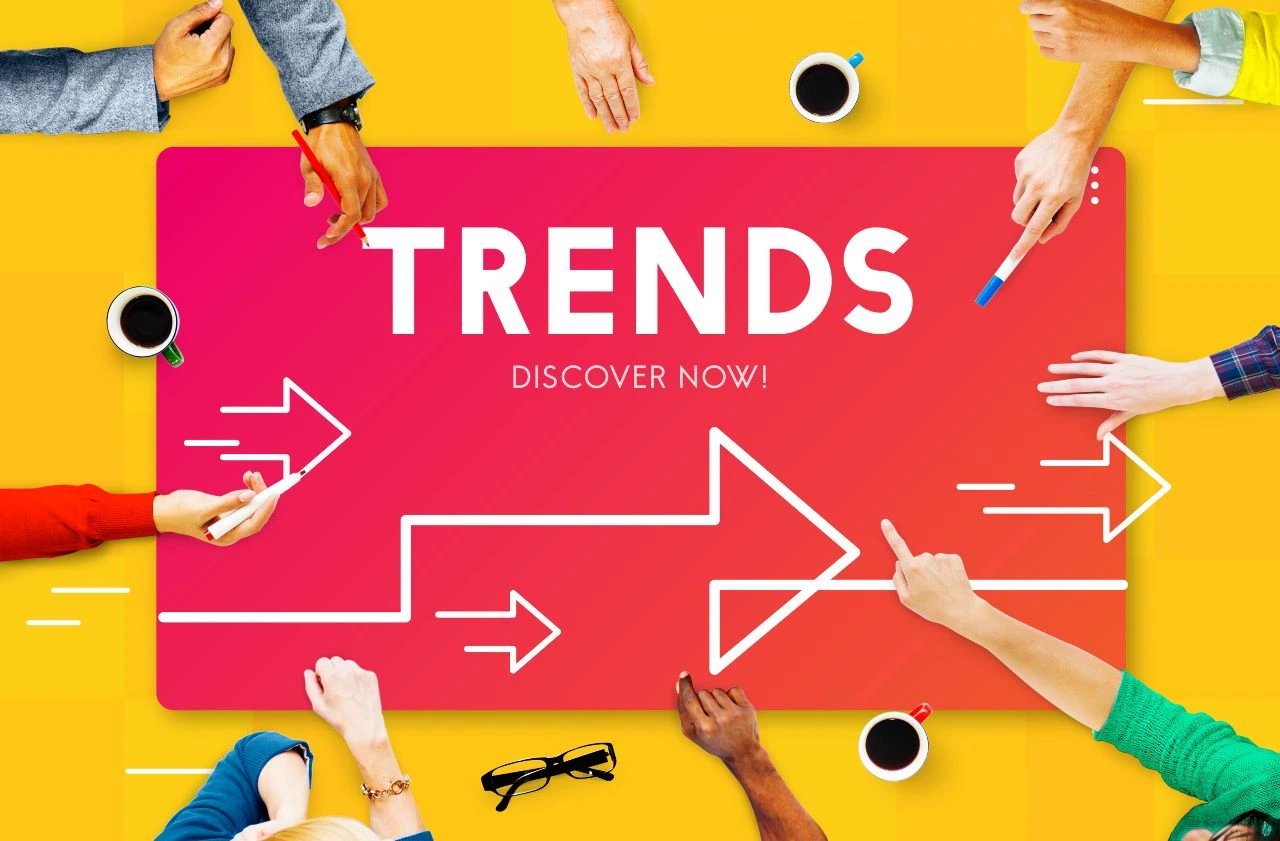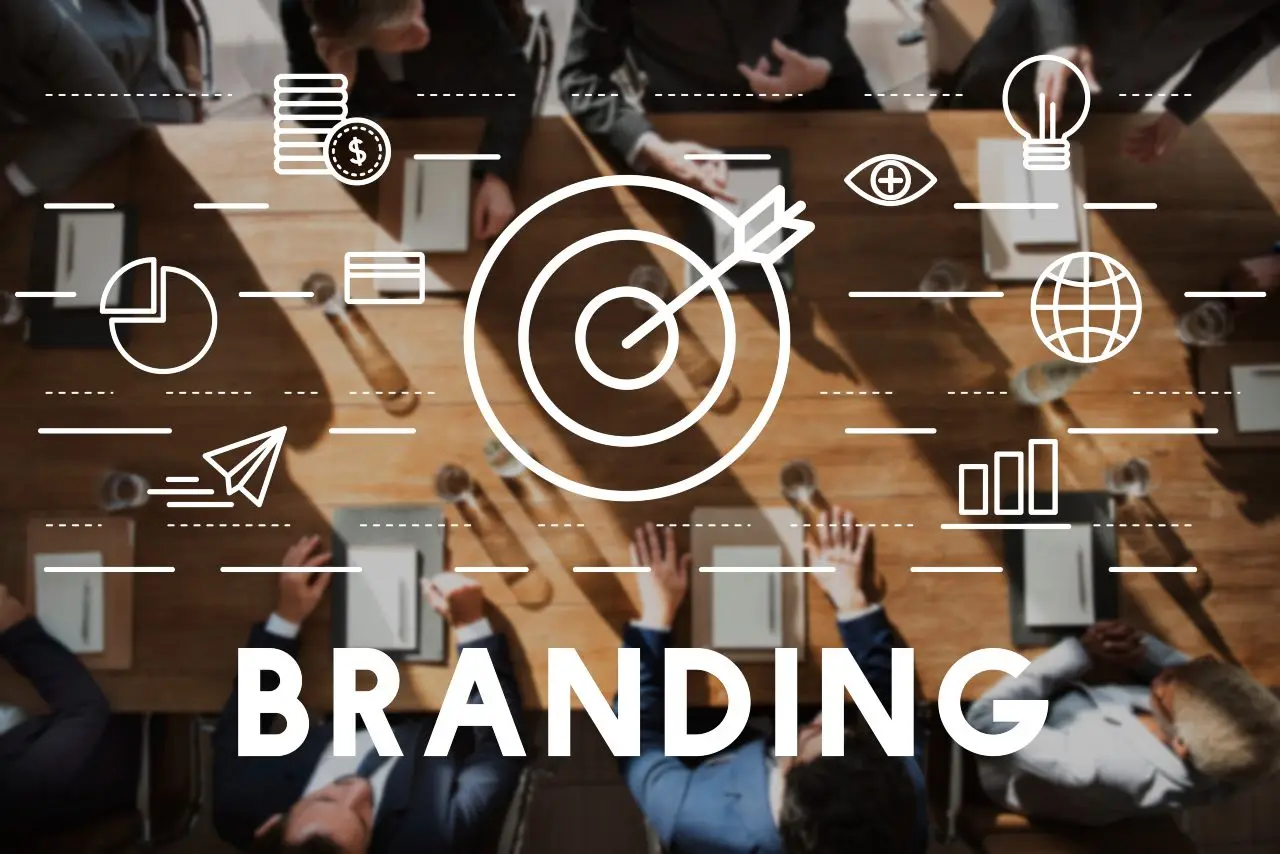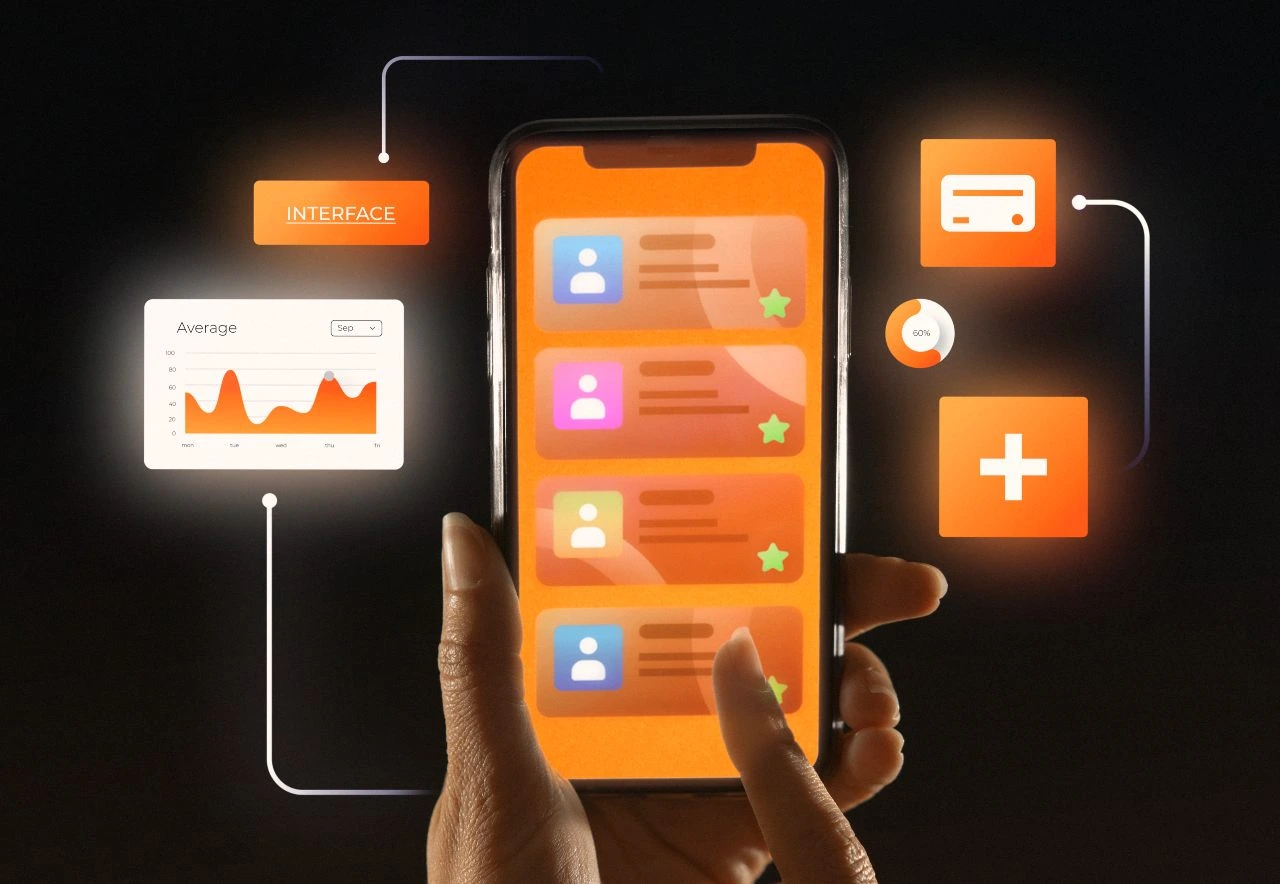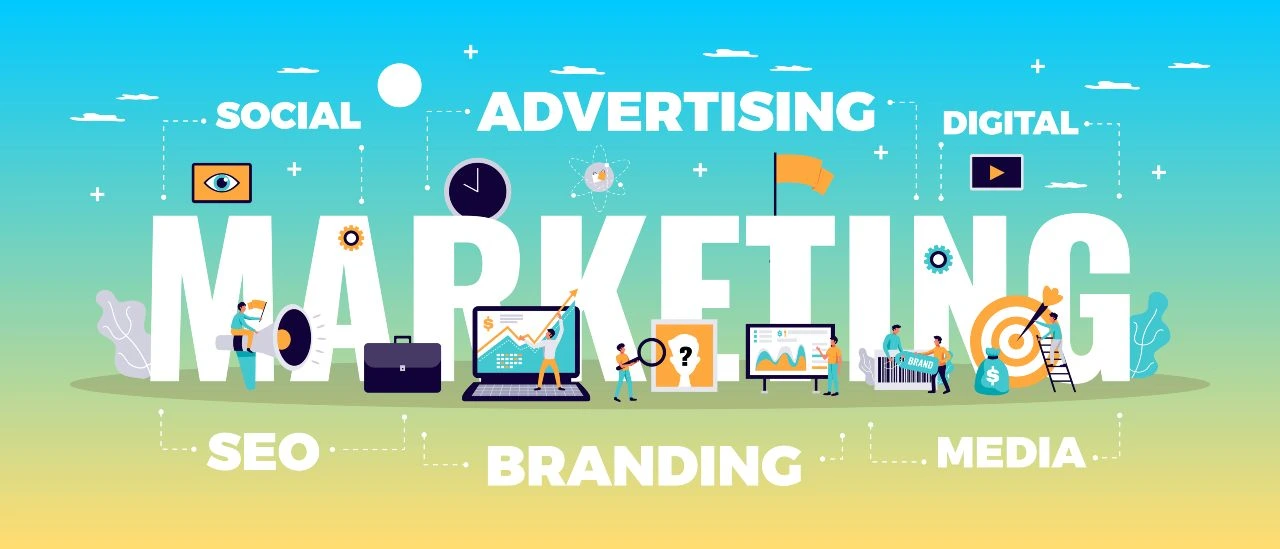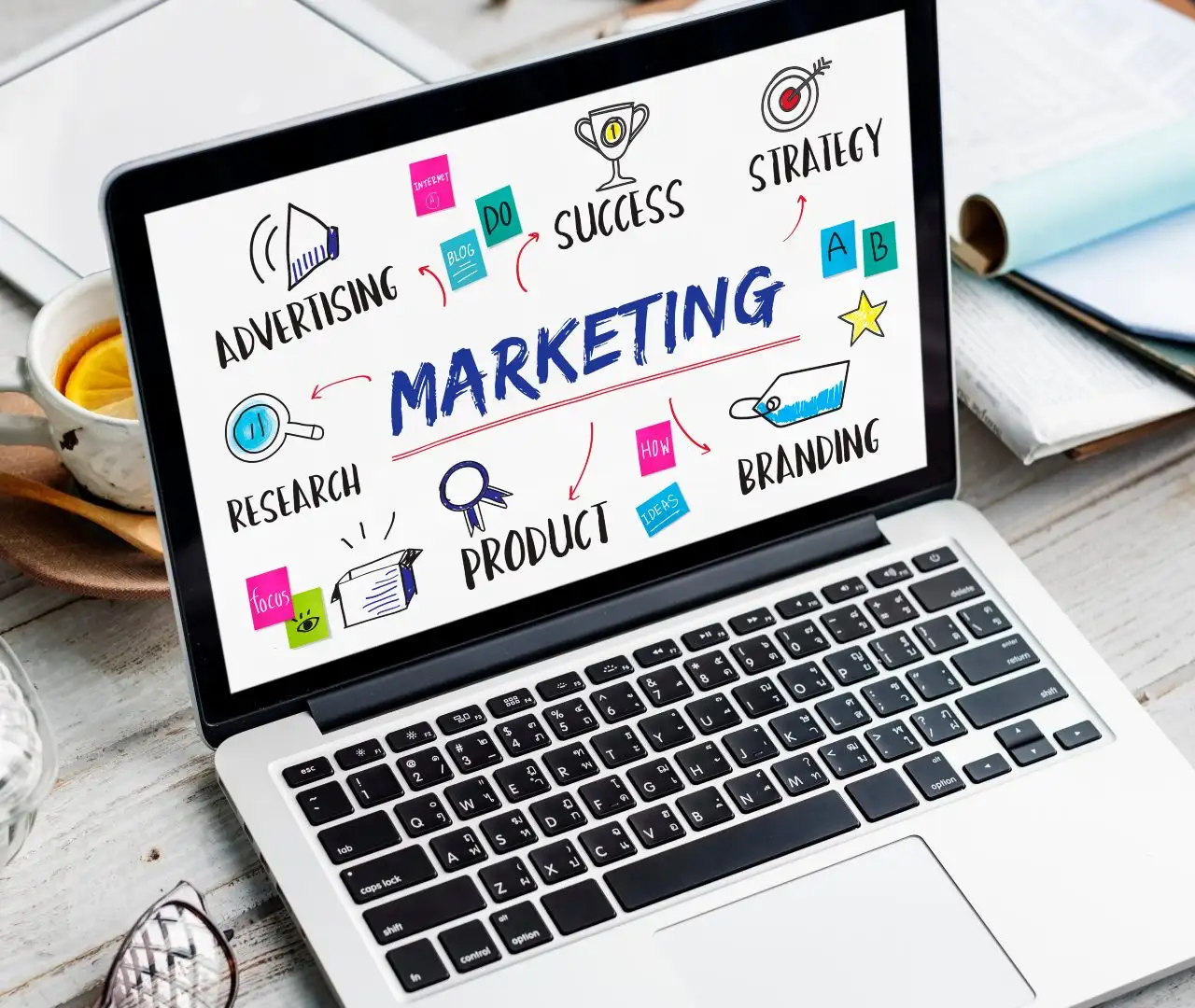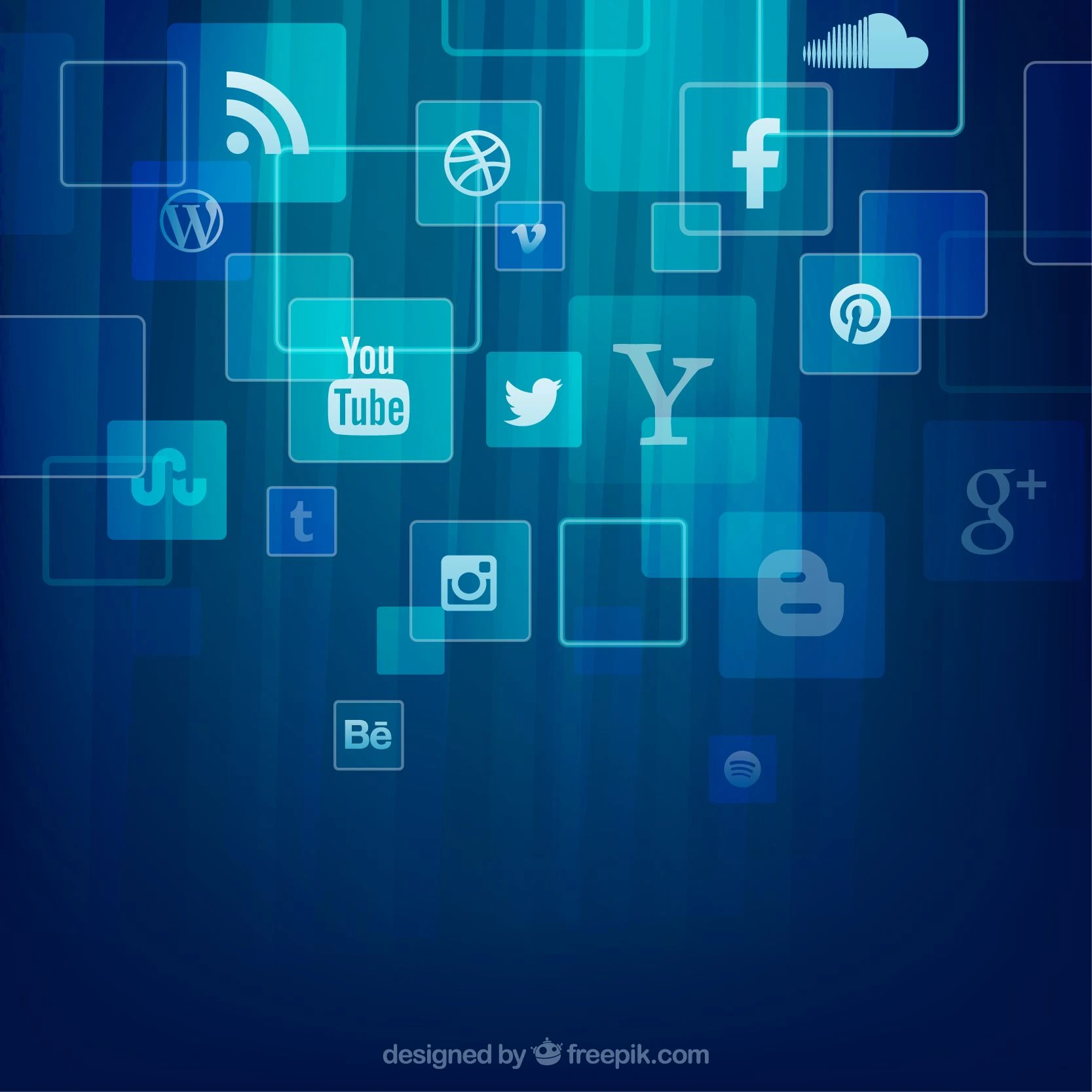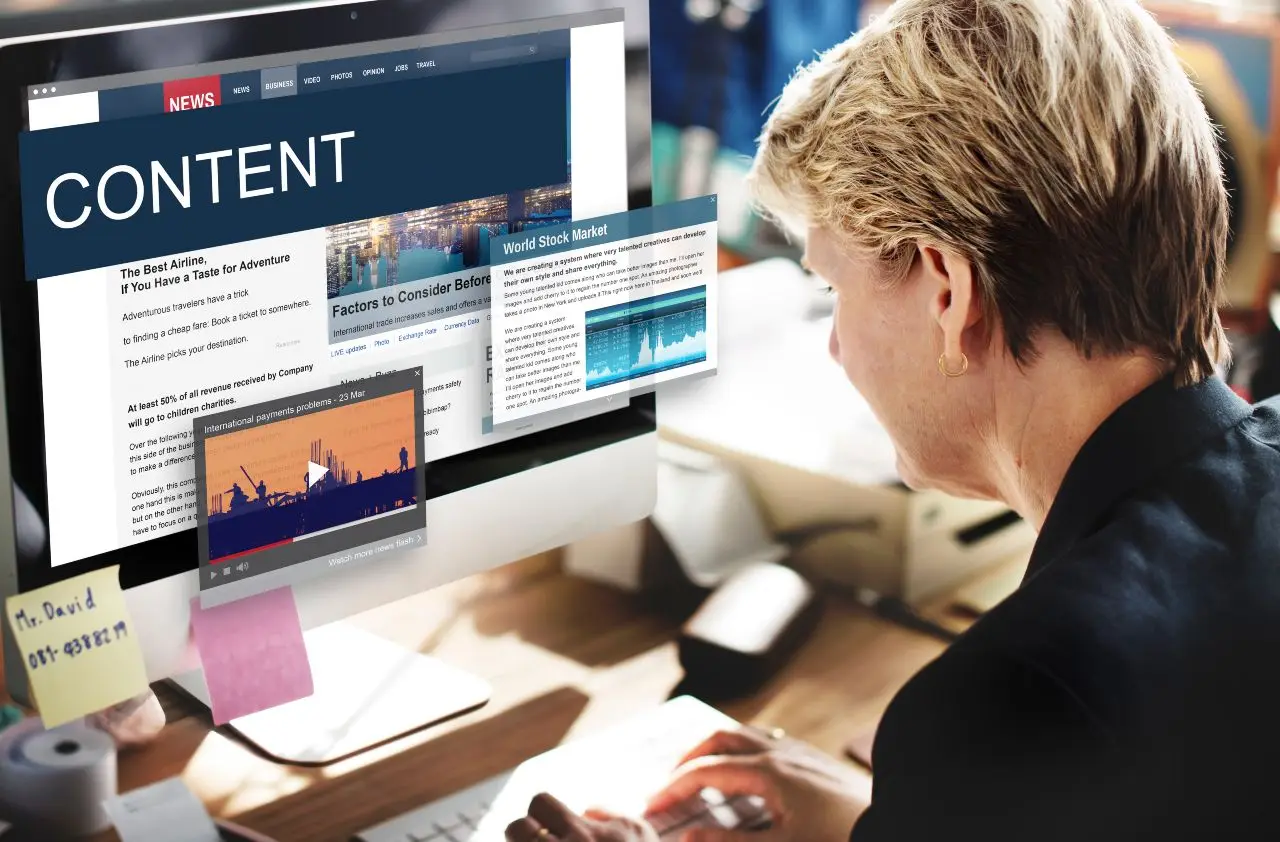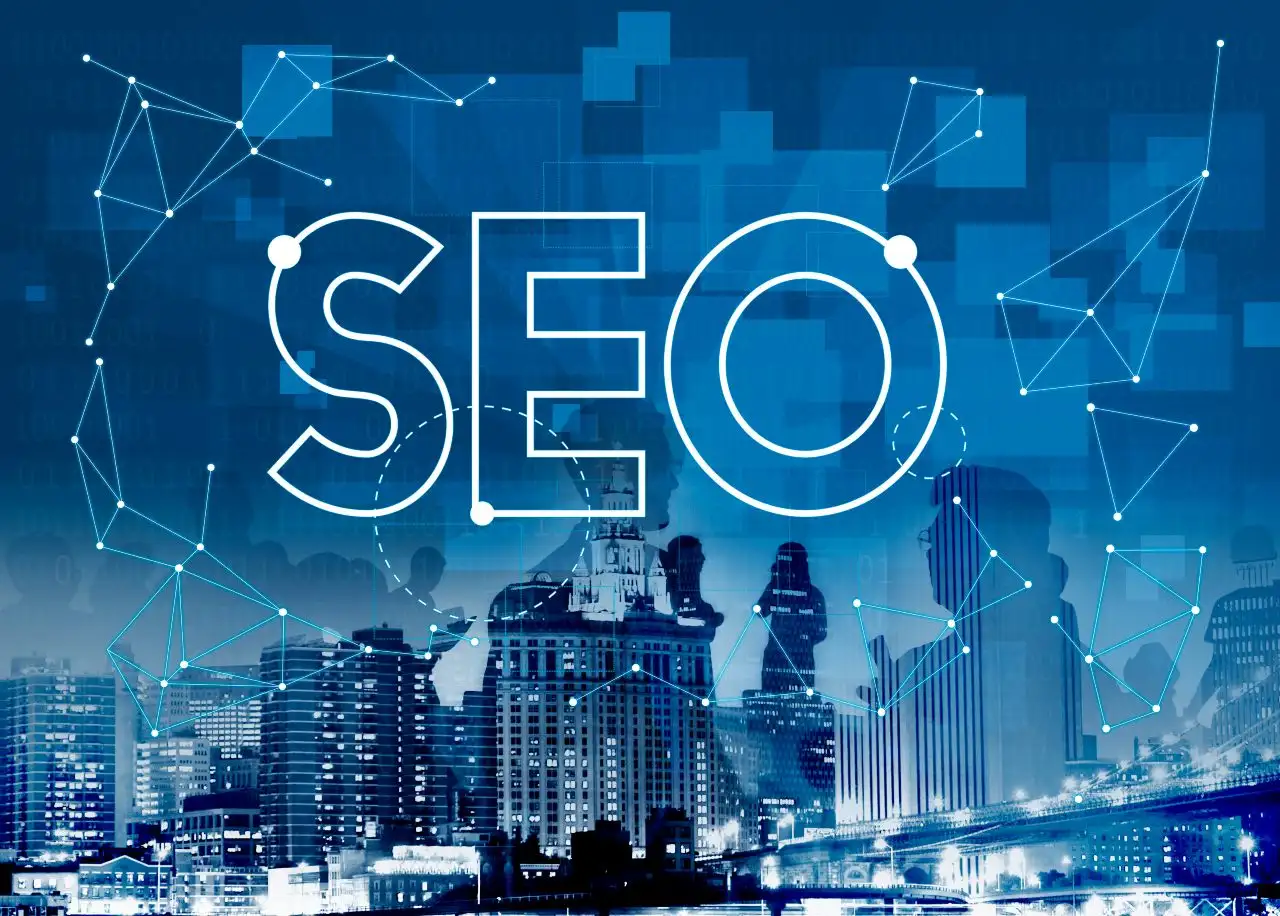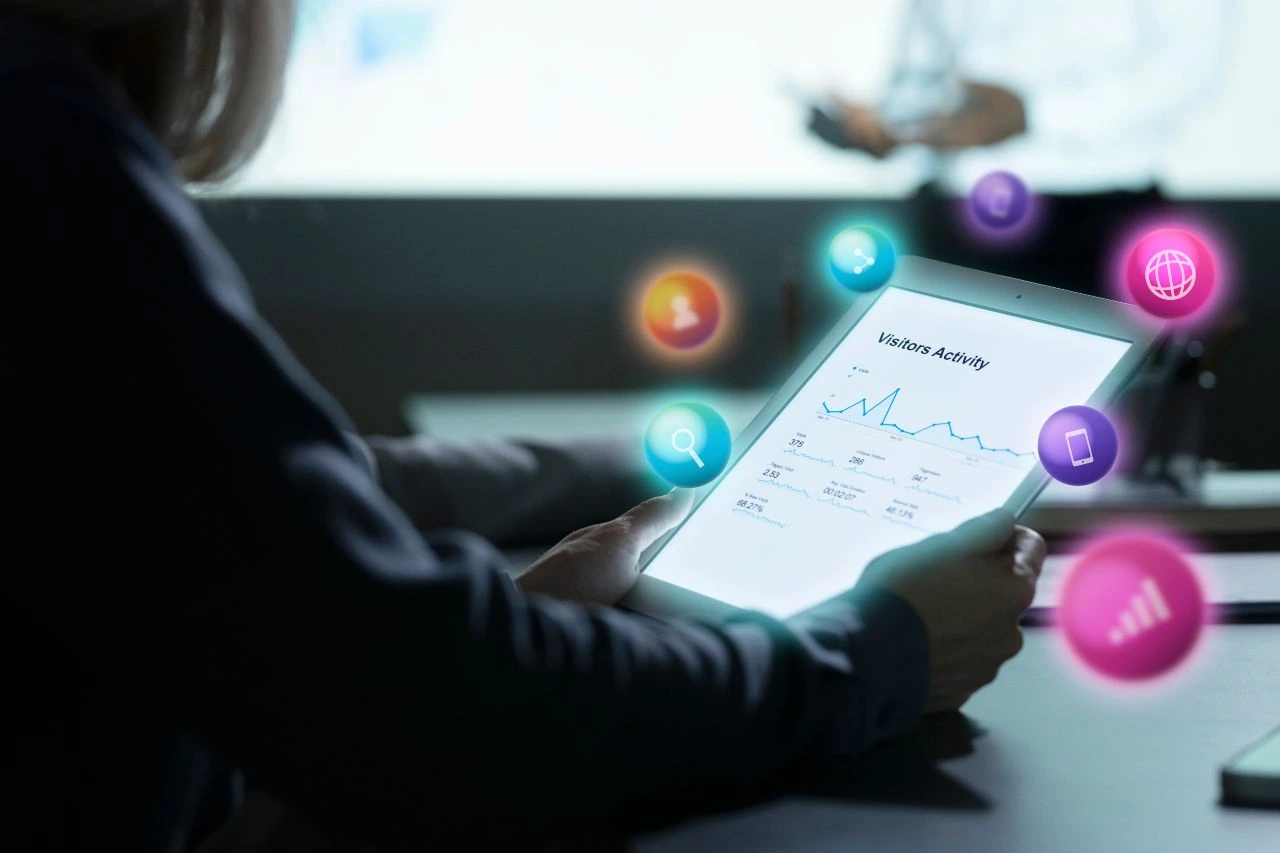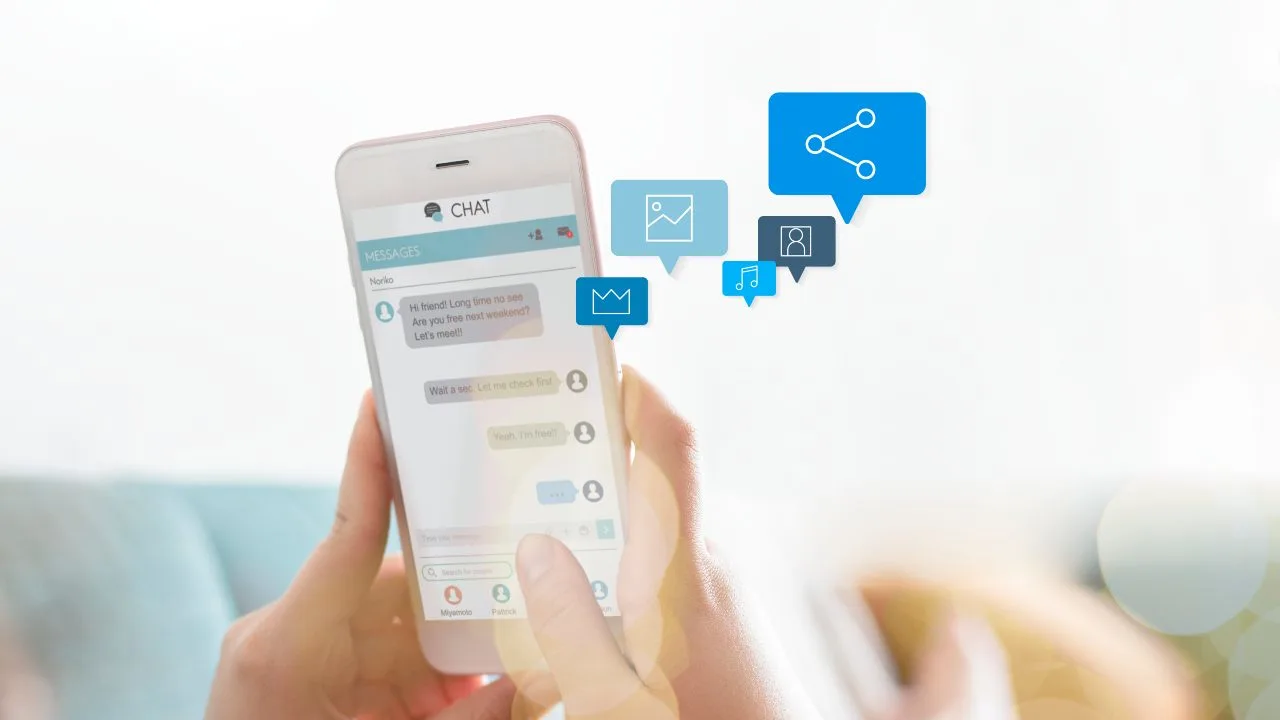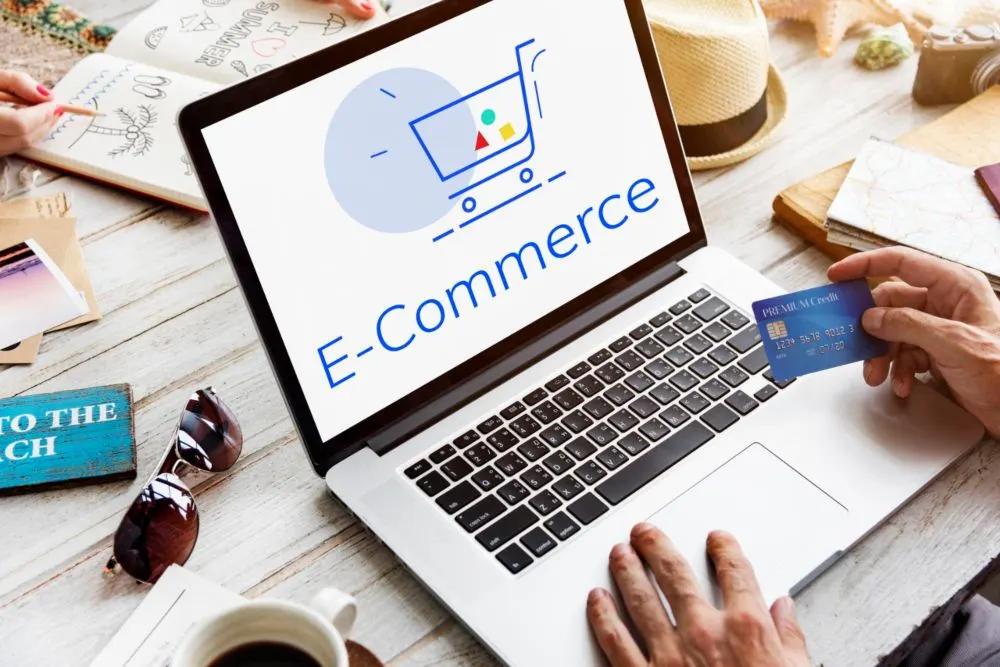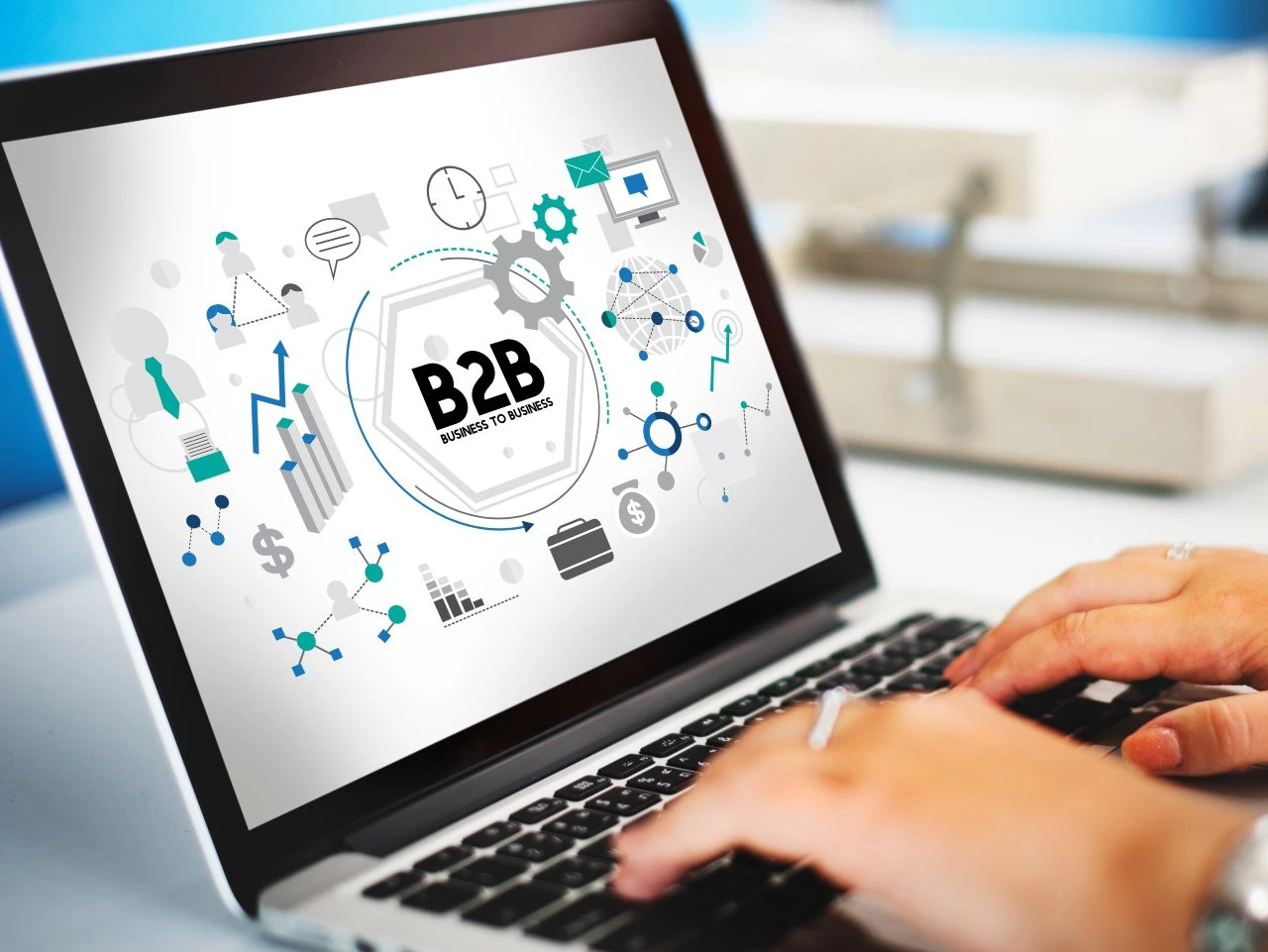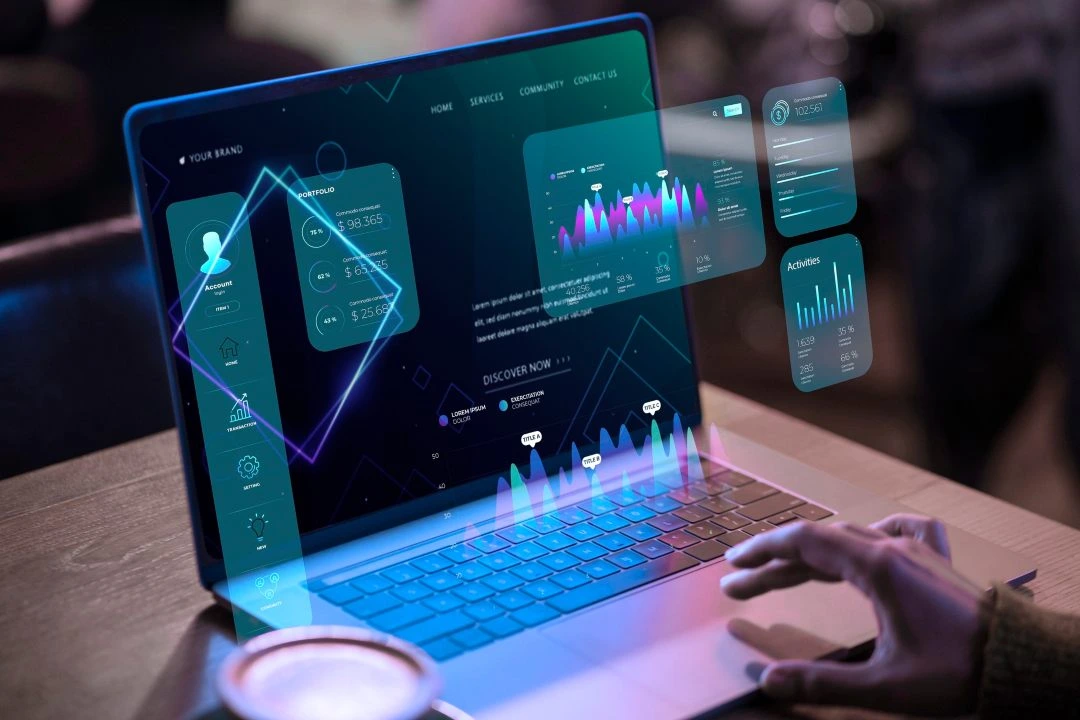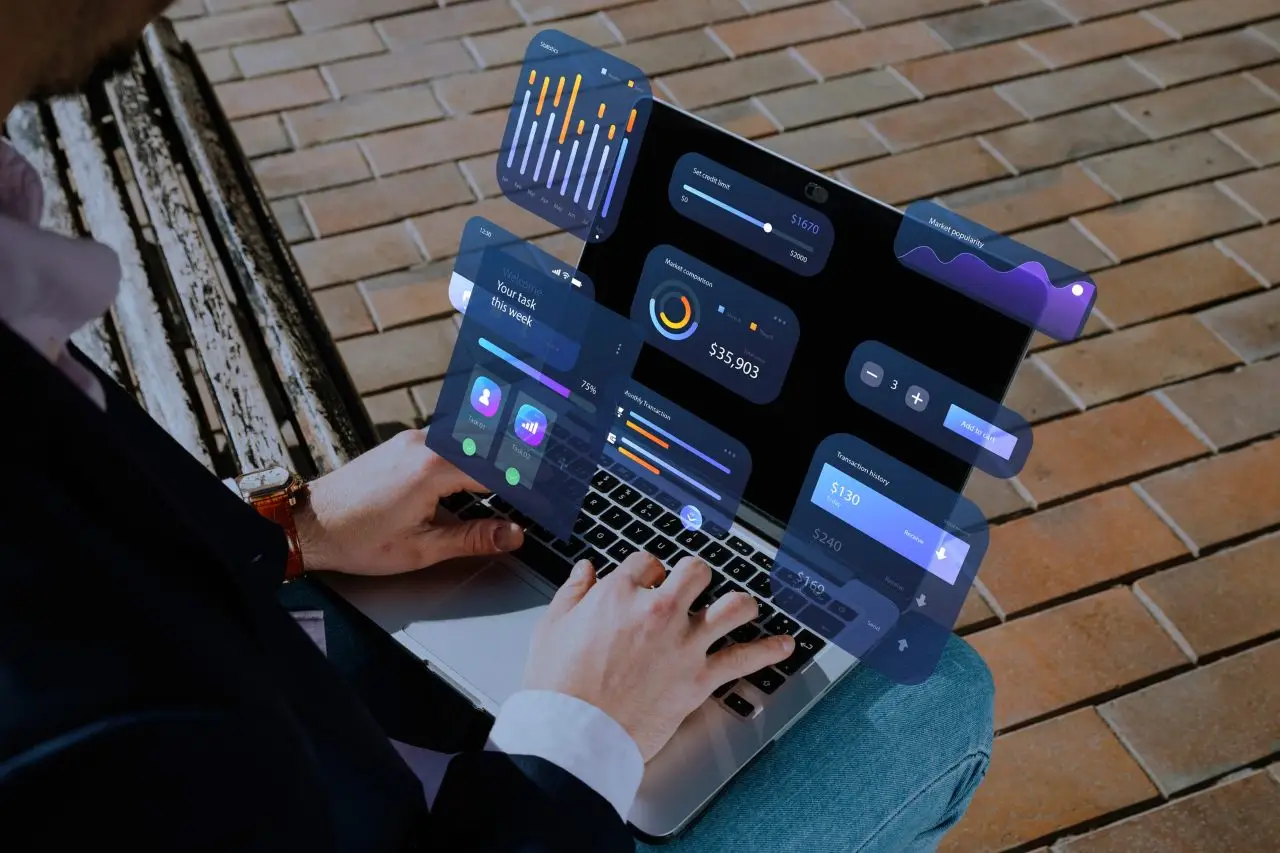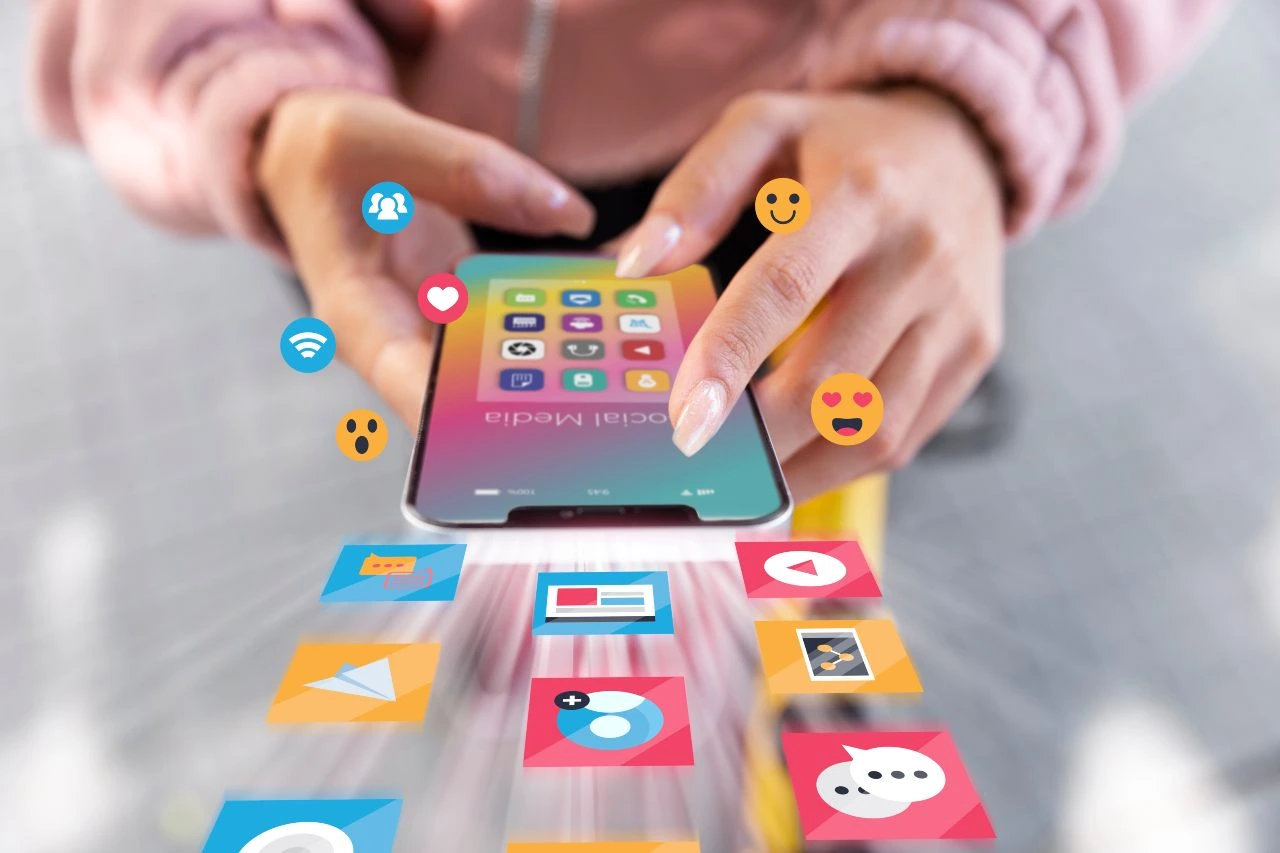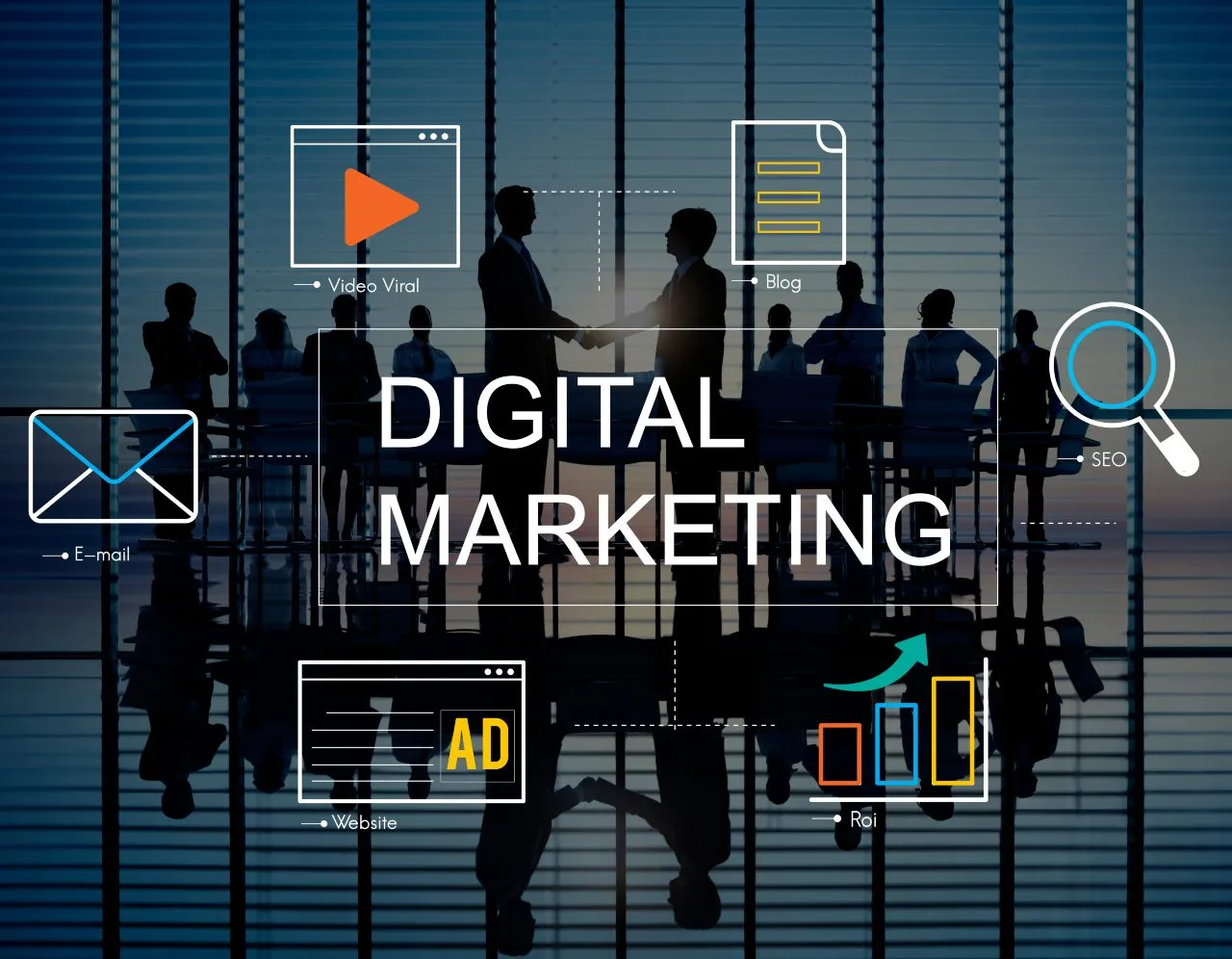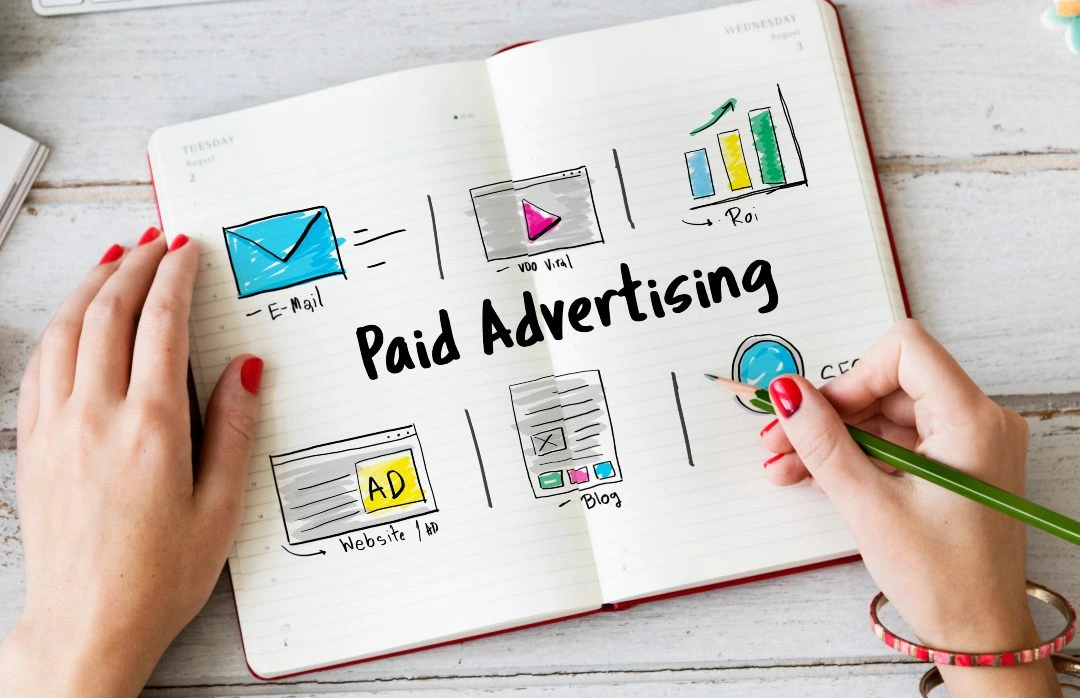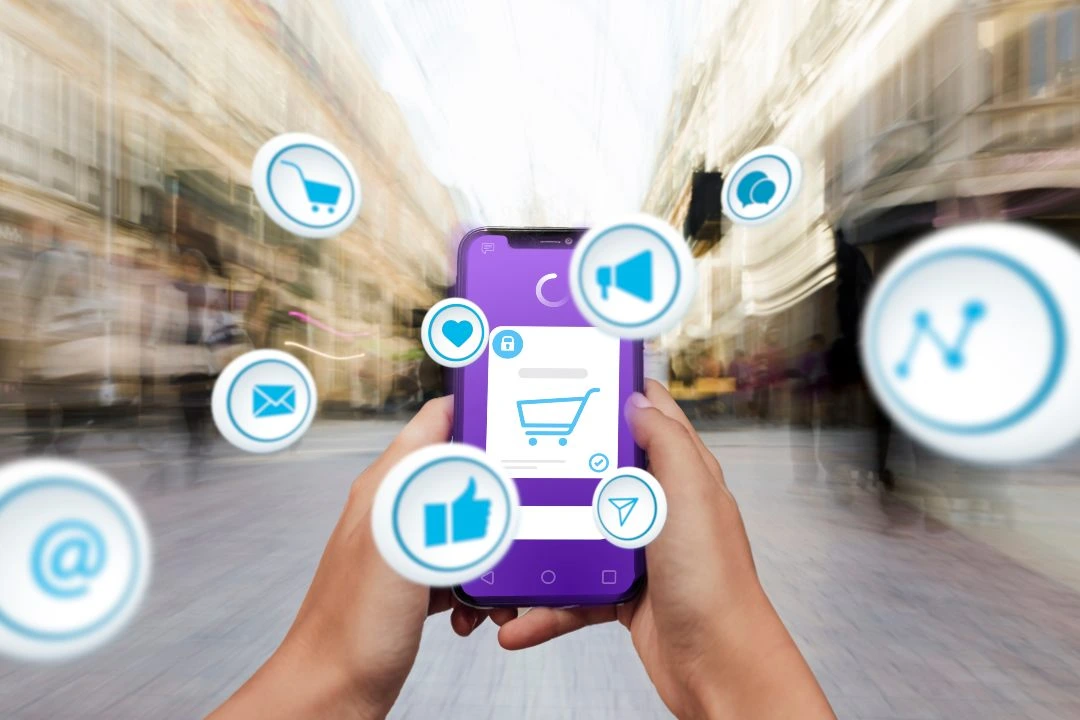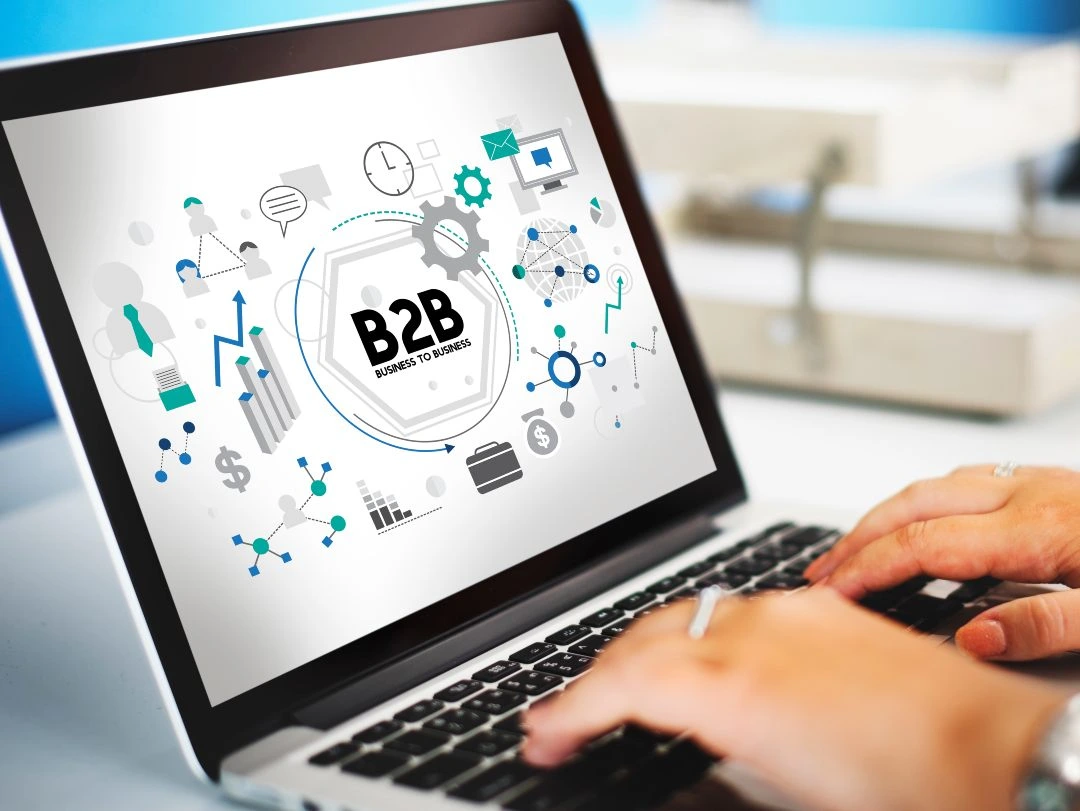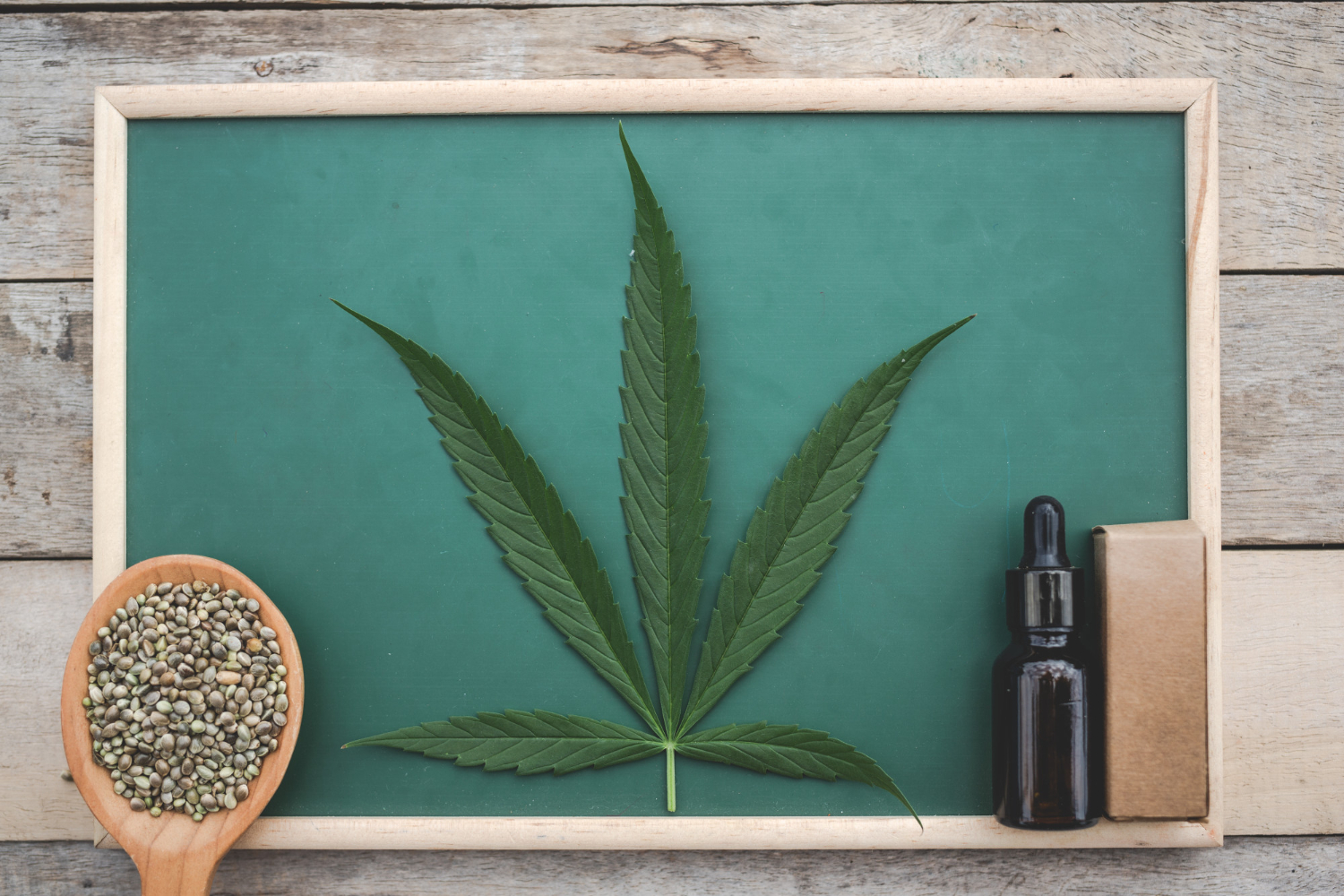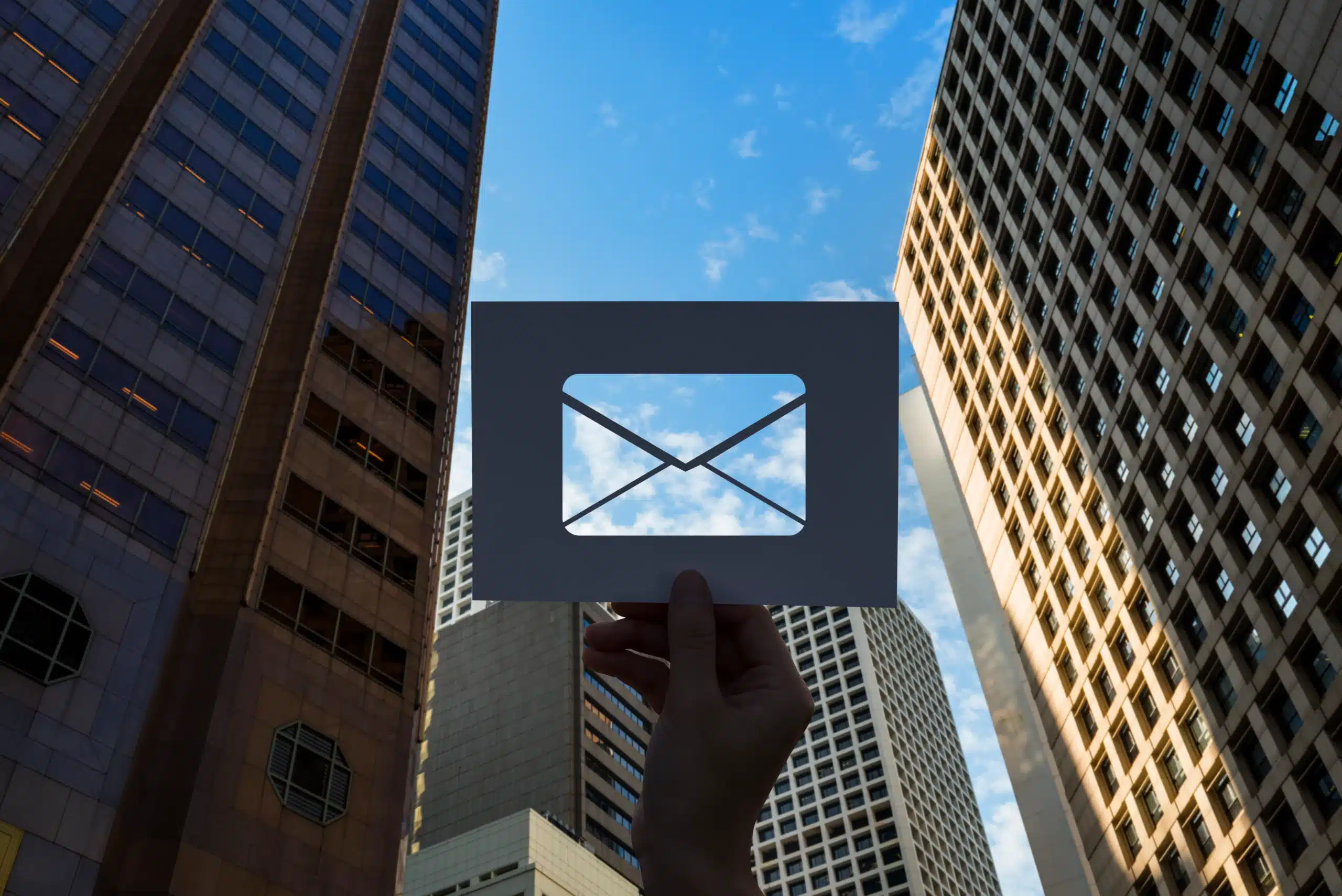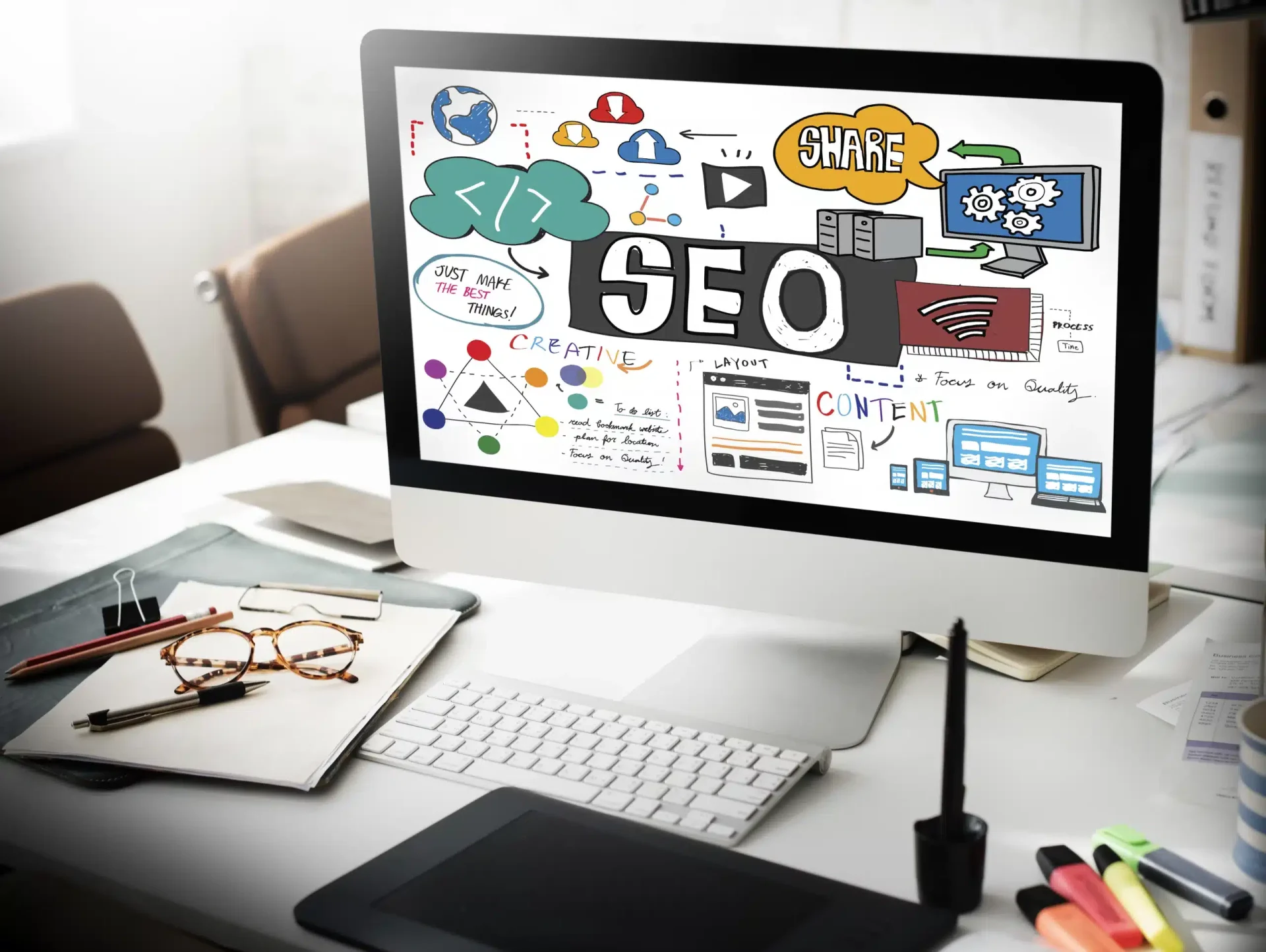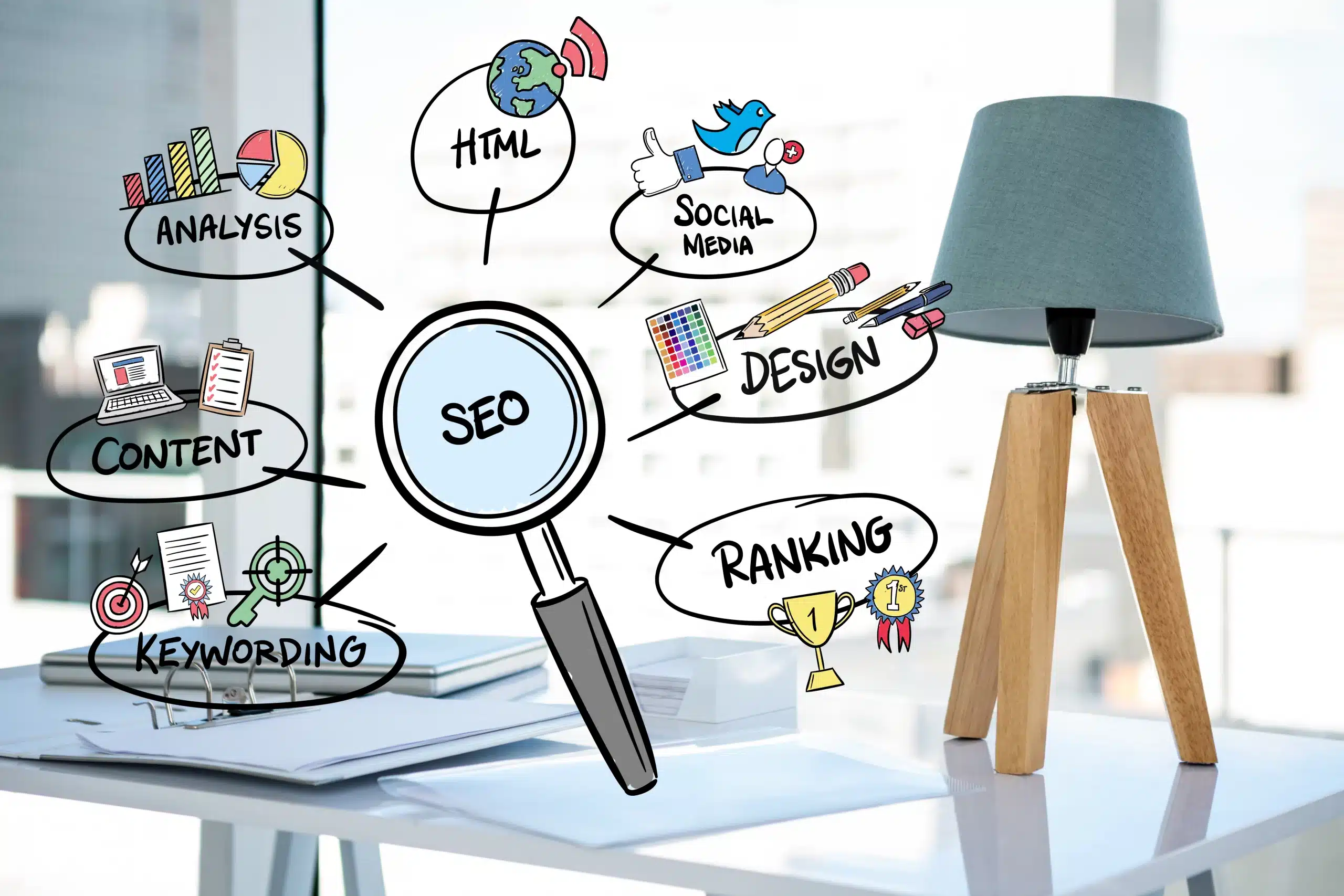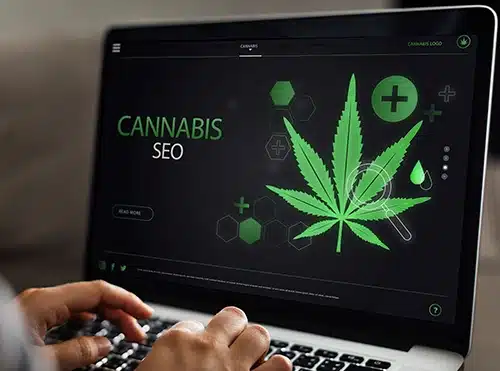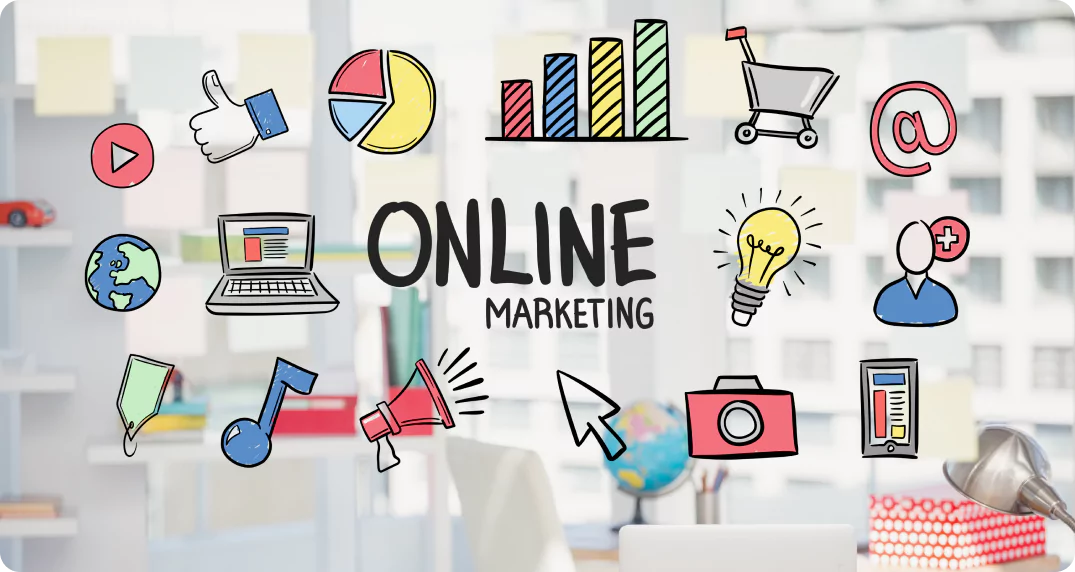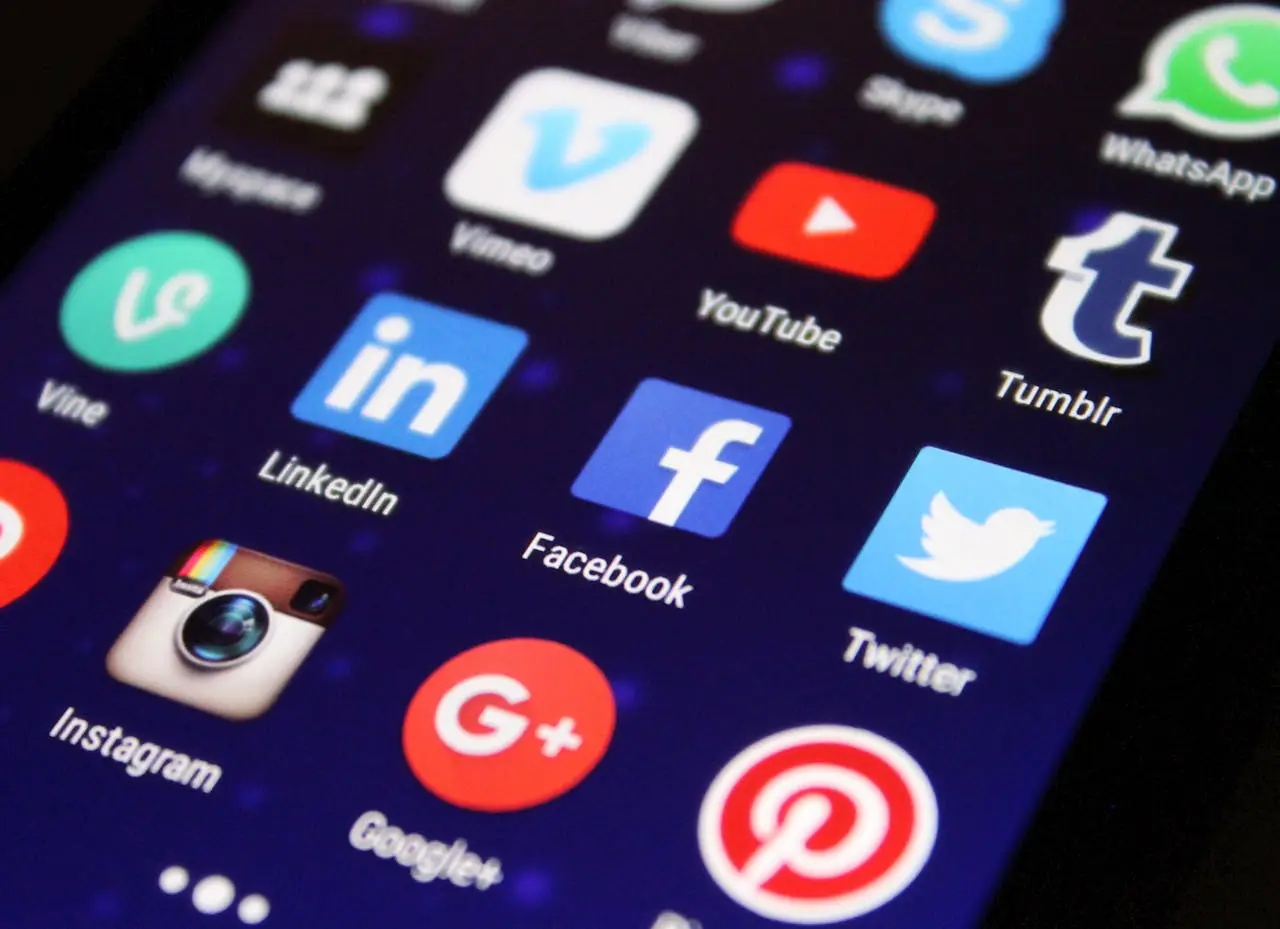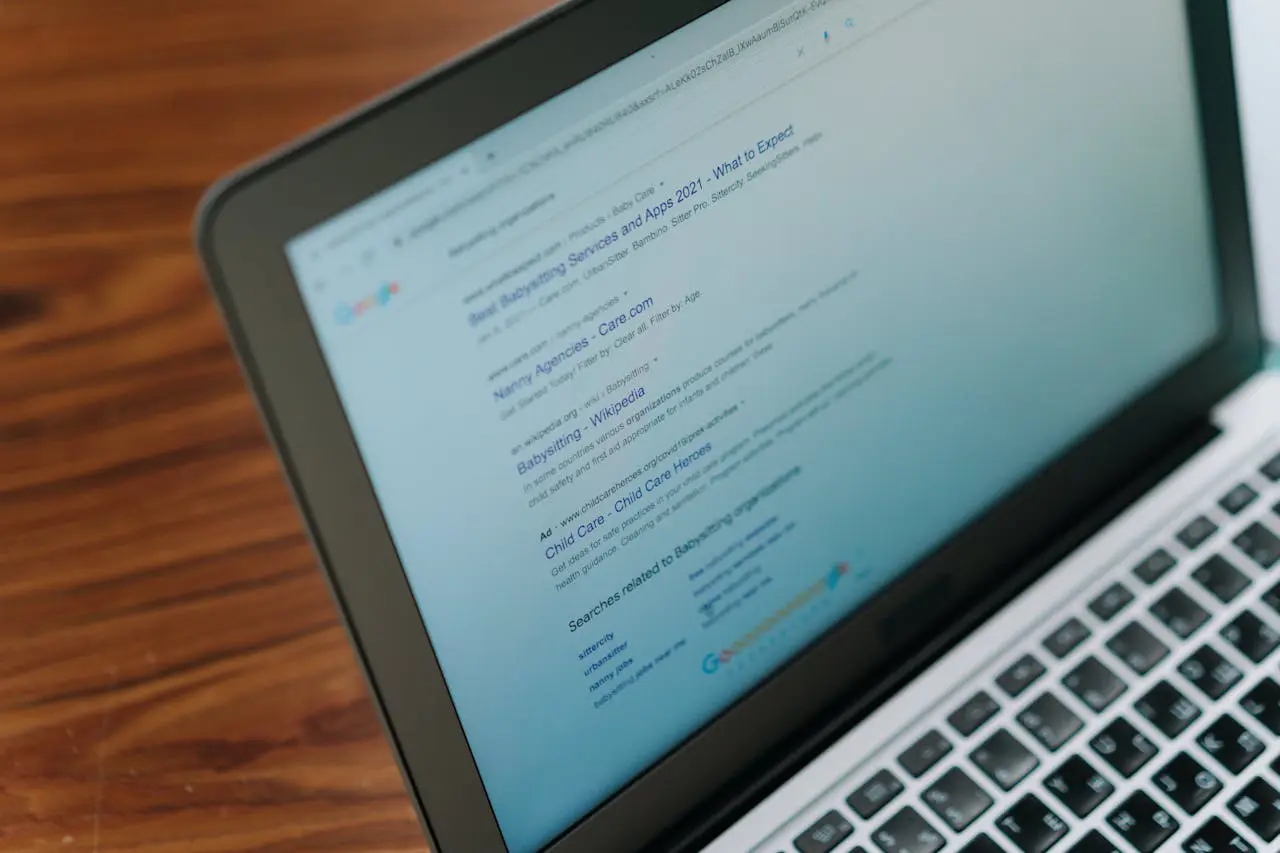Listen to article
In today’s competitive B2B landscape, generic marketing simply doesn’t cut it anymore. Customers expect personalized experiences and tailored content that speaks directly to their needs. But staying ahead of the curve and implementing effective strategies can be a challenge.
What are the latest B2B personalization trends shaping the industry? How can you leverage data and technology to create more meaningful and impactful interactions across all channels? And what are the hurdles that B2B marketers need to overcome to achieve true personalization at scale?
In this article, we’ll dive into the most important B2B personalization trends, from AI-powered content generation to email marketing segmentation and the rise of video. We’ll also explore strategies for overcoming common challenges and delivering exceptional customer experiences that drive growth and build lasting relationships.
The Role of AI in Transforming B2B Personalization and Creativity
AI is not just a buzzword in the B2B marketing realm—it’s a transformative force reshaping how businesses engage their audience and streamline operations. With customer expectations higher than ever, B2B companies are using AI-driven tools to deliver deeply personalized experiences, scale content production, and unlock new levels of efficiency. The competitive edge lies in how businesses wield AI: not only to adapt to changing demands but to anticipate them.
- A remarkable 67% of B2B companies are leveraging AI to enhance product recommendations, delivering tailored suggestions that improve the customer journey. Source
- 42% of B2B companies are tapping AI for pricing optimization and customer segmentation, enabling them to craft more strategic, targeted offers. Source
- Chatbots and virtual assistants powered by AI are deployed by 46% of B2B companies to improve customer interactions and streamline support. Source
- About 33% of B2B firms use AI for product categorization, simplifying operational processes and improving product discoverability. Source
- Generative AI is being adopted by 57% of companies to scale content production, empowering marketers to focus on strategic and creative efforts. Source
- To foster innovation, 41% of marketers are incorporating AI into their processes for developing more creative marketing campaigns. Source
- Nearly half of B2B marketing leaders currently use AI, and a significant 75% plan to integrate generative AI into their promotional strategies. Source
Takeaway: AI is the Catalyst for Next-Gen B2B Strategies
The widespread adoption of AI in B2B marketing isn’t just improving efficiency—it’s setting the stage for smarter, more intuitive customer experiences. By utilizing AI for hyper-personalization, content creation, and strategic decision-making, B2B marketers can elevate their campaigns beyond traditional limits. As AI capabilities grow richer, the focus will shift to balancing automation with a human touch, ensuring that data-driven insights align with genuine customer needs.
Pro Tip:
Leverage AI strategically by combining machine learning insights with human creativity. While AI can streamline processes like segmentation and content generation, the most impactful campaigns retain an authentic, human-centric voice. Use AI as a collaborative tool, not a replacement.
The Growing Importance of Personalization in B2B Sales and Marketing
Personalization is no longer a nice-to-have but a must-have for B2B sales and marketing success. Tailoring content and communications based on data insights not only improves performance but also drives significant ROI.
- Companies that implement advanced sales tools, highly personalized marketing, hybrid sales teams, tailored third-party marketplace strategies, and invest in an owned marketplace are two times more likely to achieve over 10% market share growth. Source
- Best-in-class organizations are 93% more likely to leverage data for personalizing content or communications, indicating a strong correlation between data utilization and personalization effectiveness. Source
- An integrated approach to marketing campaigns that incorporates personalization yields an average of 50% more return on investment (ROI). Source
These statistics underscore the crucial role of personalization in contemporary B2B strategies. Businesses that prioritize data-driven personalization and integrate it across all marketing channels are more likely to see substantial gains in market share and ROI.
Pro Tip:
Start by analyzing your customer data to identify key segments and tailor your messaging to resonate with each group’s specific needs and interests.
For businesses looking to improve their overall strategy and leverage the power of personalization, implementing a comprehensive B2B website strategy can be highly effective. A well-optimized website not only supports seamless personalization but also enhances customer experience across various touchpoints, driving better results.
The Power of Strategic Content Marketing and Personalized Video in B2B
In the fast-paced B2B landscape, where decision-making cycles are long and multiple stakeholders are involved, creating meaningful and relevant content is no longer just a best practice—it’s the foundation of a successful marketing strategy. By combining content marketing with the dynamic appeal of personalized video, businesses can not only capture attention but also foster deeper connections with their audience at every stage of the buyer’s journey. As personalization becomes a standard expectation, the emphasis is shifting to precision and context to drive engagement.
- 91% of B2B marketers incorporate content marketing into their overall strategy, showcasing its central role in driving results. Source
- 45% of B2B companies plan to increase their content marketing budgets in the coming year, while 42% will maintain current levels, underscoring continued investment in this approach. Source
- Crafting relevant content often hinges on insights from buyer journeys, with many marketers focusing heavily on tailoring content to each stage. Source
- 60% of B2B marketers prioritize delivering the right content to the right person at the right moment, highlighting the need for precise alignment with audience needs. Source
- 41% consistently create content mapped to specific stages of the buyer’s journey, ensuring they remain relevant and resonate with potential customers. Source
- Personalized video content is taking the lead in engagement, with B2B video content in 2023 achieving 1200% higher engagement rates compared to text and image-based formats. Source
Takeaway: Invest in Relevance and the Human Touch
B2B content marketing isn’t just about pumping out more content—it’s about creating smarter, more targeted experiences that resonate with audiences on an individual level. The data underscores the importance of mapping content to the buyer’s journey and leveraging formats like personalized video, which offer unparalleled engagement potential. To stay ahead, marketers must continually invest in strategies that prioritize quality, timing, and relevance, ensuring their messaging connects with audience pain points and expectations.
Pro Tip:
Incorporate video analytics alongside content performance metrics to refine your approach. Track engagement, drop-off rates, and audience behaviors to uncover what resonates best. This insight will help you fine-tune future strategies, ensuring your content not only captures attention but also drives tangible results.
The Driving Force of Personalization and Segmentation in B2B Email Marketing
Email marketing continues to be one of the most impactful tools in the B2B marketer’s arsenal. But in an era where inboxes are flooded with generic promotions, the ability to cut through the noise lies in delivering hyper-relevant, tailored messaging. Personalization and audience segmentation aren’t just “nice-to-haves” anymore—they’re essential strategies to meet the high expectations of today’s professional audiences and improve overall performance metrics.
- A striking 90% of marketers report that delivering targeted messages significantly boosts email performance, underscoring the importance of customized content. Source
- 80% of email marketers have found that personalization tactics, such as dynamic content and real-time elements, lead to enhanced email performance. Source
- 68% of marketers agree that using dynamic content in emails improves overall performance, showing the value of adapting emails to recipients’ needs. Source
- Subscriber list segmentation is increasingly a top tactic among marketers, with 51% actively leveraging it to refine their campaigns. Source
- Additionally, 90% of marketers emphasize that subscriber segmentation is a critical factor driving email performance improvements. Source
When combined, these insights reveal that personalization and segmentation are more than strategies—they are transformative tools for elevating email marketing results. Instead of relying on broad-stroke campaigns, segmenting your audience and crafting messages with precision can ensure your emails land with impact, making them more likely to resonate and drive action.
Pro Tip:
Take your email marketing to the next level by integrating advanced analytics and AI tools. These can help predict user behavior and automate the delivery of highly personalized experiences, from product recommendations to tailored email offers. By doing so, you can ensure every message feels custom-made for the recipient, fostering trust and increasing engagement rates.
If managing the intricacies of personalized campaigns feels overwhelming, consider outsourcing email marketing. Partnering with experts can streamline the process, allowing you to focus on your core business while still delivering tailored, impactful messaging to your audience.
Unlocking B2B Sales Growth: Key Strategies and Winning Content Formats
The B2B sales landscape is evolving rapidly, and staying competitive requires more than just great offerings—it demands strategic innovation. Businesses that integrate personalized marketing approaches with cutting-edge sales tools and a deep understanding of buyer preferences are positioning themselves for substantial market share growth. The emphasis has shifted toward delivering value through targeted, easy-to-digest content formats that align with how modern B2B buyers research and make decisions.
- Companies leveraging a combination of five key strategies—advanced sales tools, highly personalized marketing, hybrid sales teams, third-party marketplace optimization, and investments in owned marketplaces—are twice as likely to achieve a market share increase of over 10%. Source
- 65% of B2B buyers indicate that short-form content, such as blog posts and infographics, is the most engaging format for learning about products or services. Source
- Video content is now a cornerstone of B2B buyer research, with 88% of buyers reporting they’ve watched videos to evaluate products or services in the past three months. Source
Tailoring Your B2B Sales Strategy for Maximum Impact
Success in B2B sales hinges on aligning your strategies with how buyers prefer to engage today. With decision-makers increasingly seeking content that’s both personalized and concise, businesses must focus on creating tailored, impactful campaigns. Short-form content formats like infographics and blog posts deliver quick insights, while video provides an immersive way to communicate complex concepts and drive purchase intent. By strategically combining these two content formats with advanced sales tools and hybrid sales teams, you’ll not only capture attention but also build stronger buyer trust and shorten the sales cycle.
Pro Tip:
When creating video content, focus on storytelling over heavy product pitches. Develop videos that highlight customer pain points and how your solutions address them effectively. Even a succinct 60-second explainer video can have a massive impact when it resonates with your audience’s challenges.
Navigating Roadblocks in Integrated Personalization for B2B Success
Personalization is no longer a nice-to-have in B2B marketing—it’s a must-have for businesses striving to build meaningful connections with their audiences across multiple touchpoints. However, scaling personalization in a way that aligns with both strategic goals and technological capabilities is easier said than done. Many B2B marketers find themselves stuck at the intersection of overly complex tech stacks and fragmented strategies, hindering their ability to deliver consistent, tailored experiences.
- A striking 70% of marketing teams lack an integrated content strategy, highlighting a critical gap in alignment when it comes to executing seamless multichannel personalization. Source
- Approximately 64% of marketers admit that their martech stacks have grown too complex, illustrating the growing pains of adopting new tools without a streamlined approach. Source
To break through these barriers, B2B marketers need to move beyond the temptation to continuously add tools and platforms to their arsenals. Instead, the focus should shift toward aligning content strategies across channels, breaking down internal silos, and adopting only those technologies that truly enhance personalization efforts. Addressing these pain points not only simplifies workflows but also enables brands to deliver the hyper-targeted, value-driven experiences today’s buyers expect.
Pro Tip:
Don’t fall victim to tech overload. Start with a comprehensive review of your existing tools to uncover redundancies or underutilized functionality. Use this opportunity to streamline and consolidate, ensuring every tool supports an integrated, scalable personalization strategy.
Conclusion
B2B personalization is no longer a mere competitive advantage—it’s the cornerstone of impactful marketing strategies in today’s data-driven landscape. From AI-powered content generation to personalized email campaigns and the dominance of short-form video, the statistics highlight a clear trend: businesses that embrace personalization stand to gain more in engagement, ROI, and market share. However, the journey isn’t without challenges. Many organizations face hurdles such as overcomplicated martech stacks and a lack of cohesive strategies, underlining the importance of alignment and simplification.
As marketing evolves, the demand for tailored, insightful, and meaningful customer interactions will only grow. B2B marketers must focus on integrating personalization across every channel, leveraging tools like AI, video, and data analytics to understand and meet their audience’s unique needs. By addressing gaps and optimizing their approach, businesses can turn personalization into a powerful driver of growth.
Ready to boost your traffic and grow your website? Your customers are looking for you, and our SEO services can help you be found across search engines. Let’s make your personalization strategies work harder for your business!
About How B2B Marketers Approach Personalization Across Marketing Channels
This article was written by the Scopic Studios team and reviewed by Araksya Hakobjanyan, SEO Lead at Scopic Studios.
Scopic Studios delivers exceptional and engaging content rooted in our expertise across marketing and creative services. Our team of talented writers and digital experts excel in transforming intricate concepts into captivating narratives tailored for diverse industries. We’re passionate about crafting content that not only resonates but also drives value across all digital platforms.
Note: This feature blog’s image are sourced from Freepik.
















